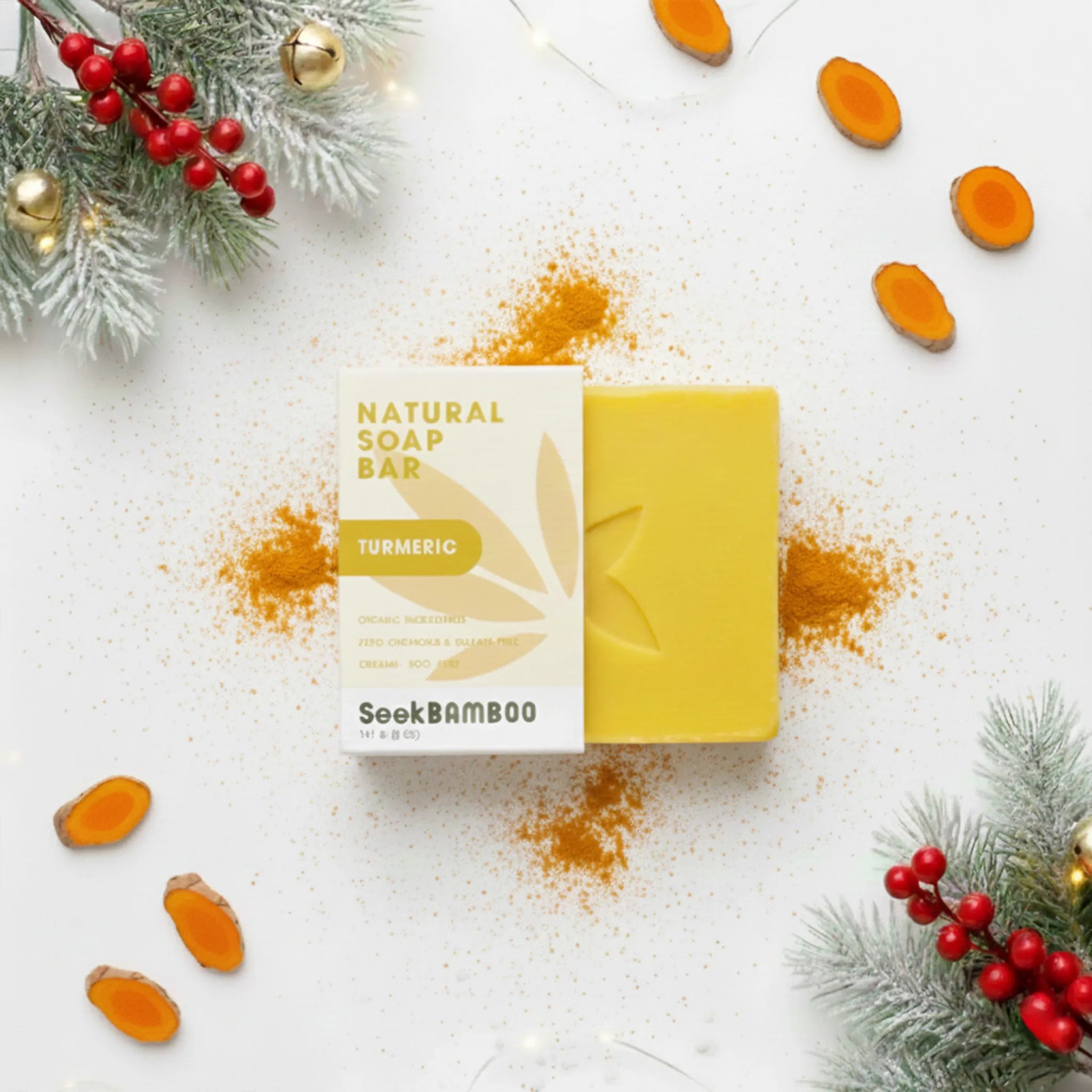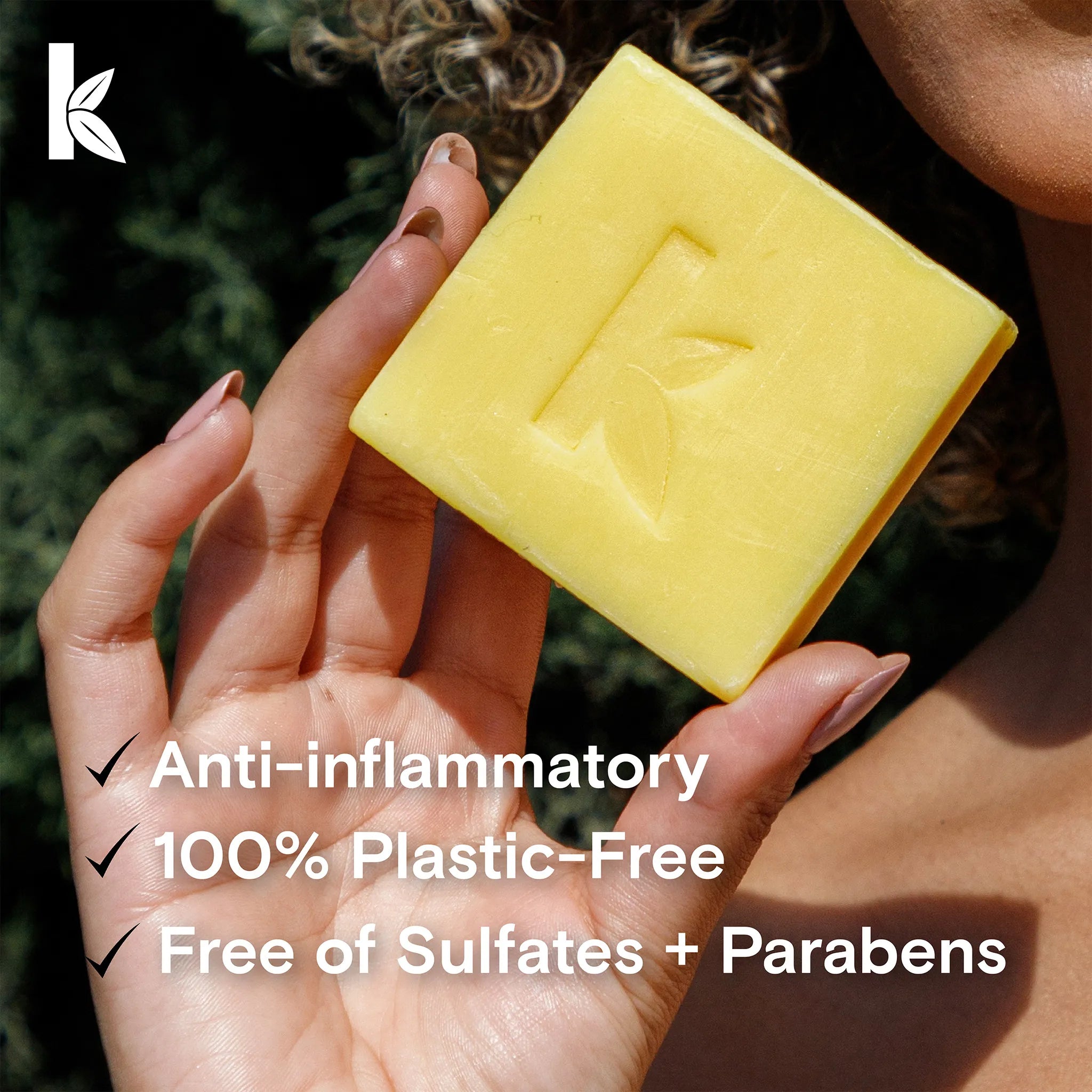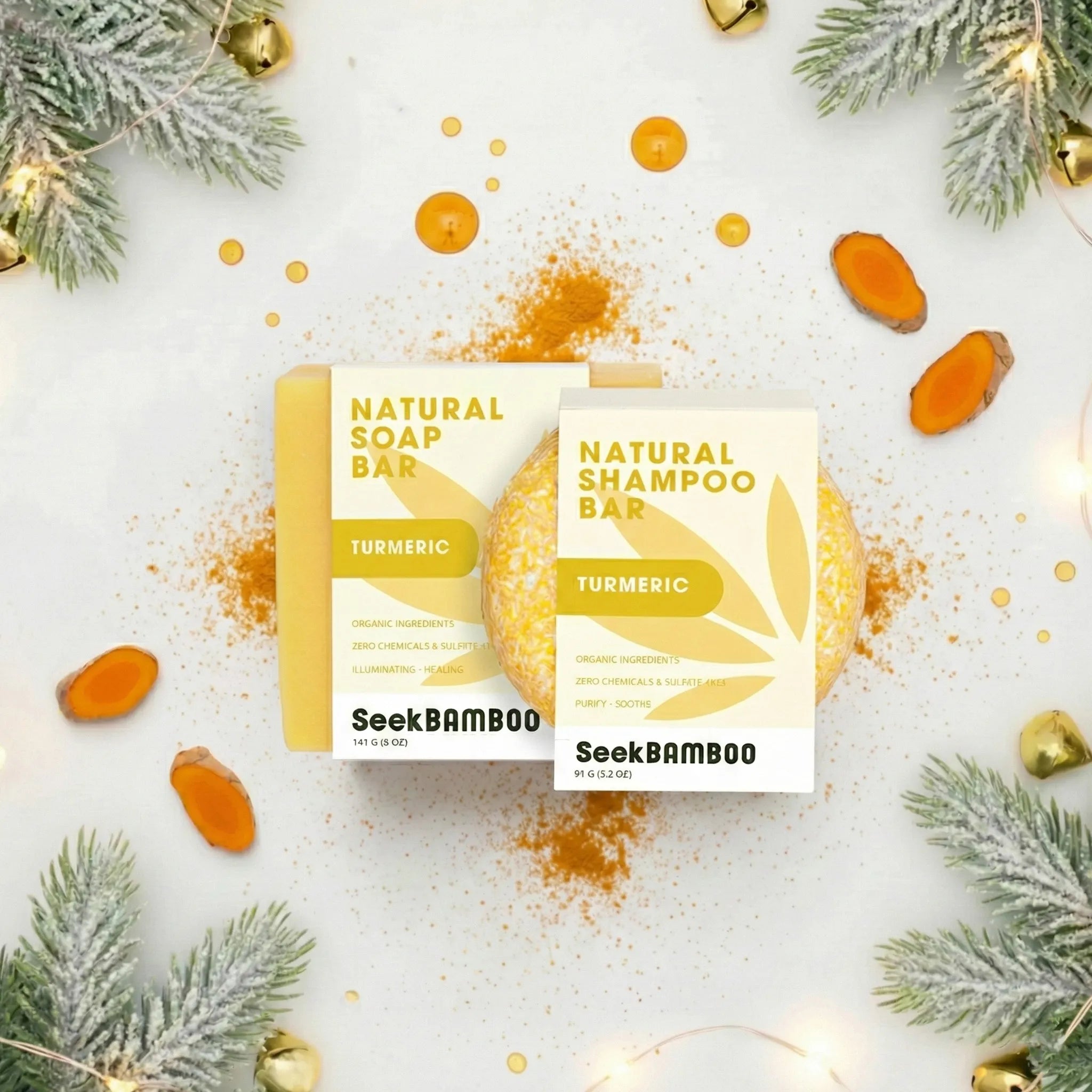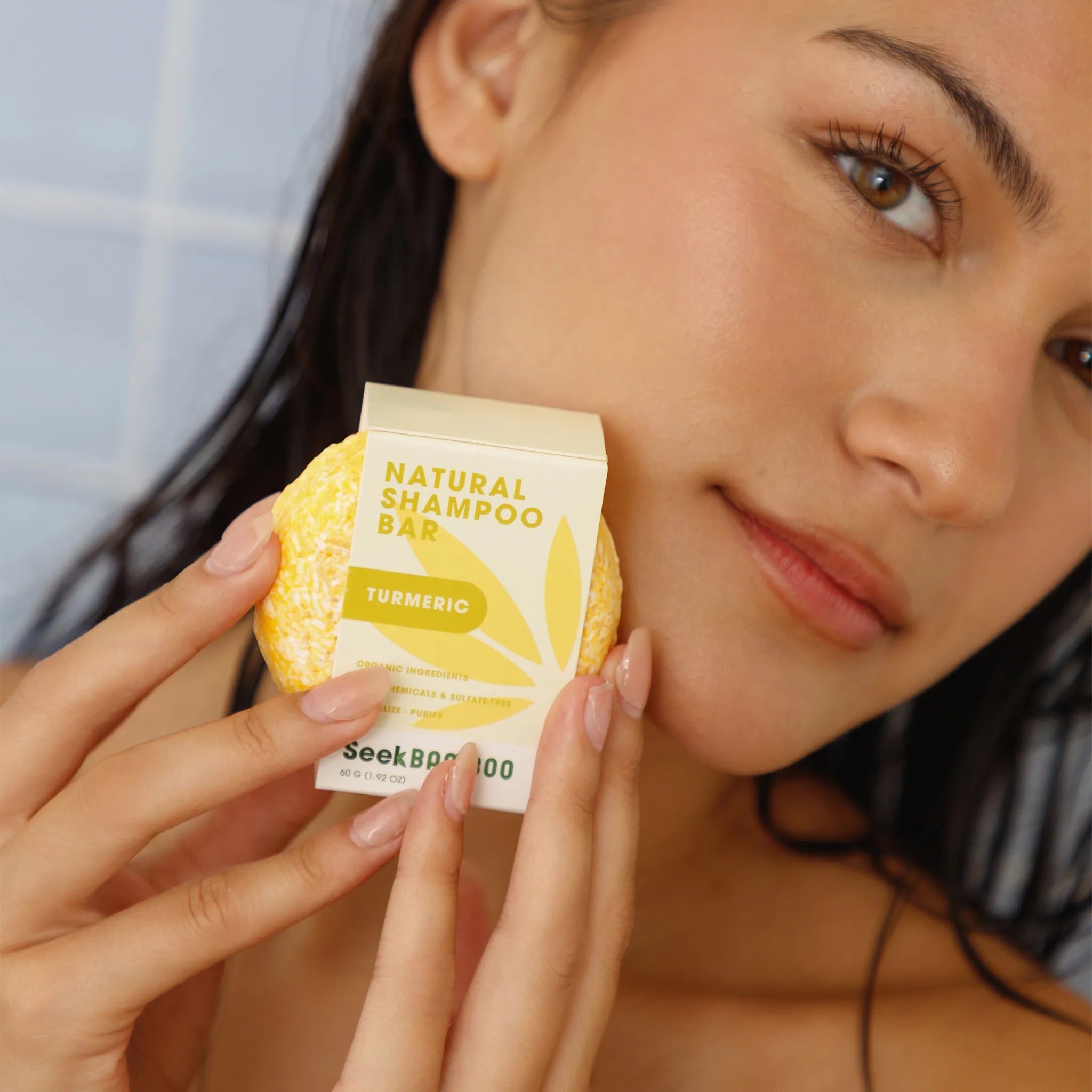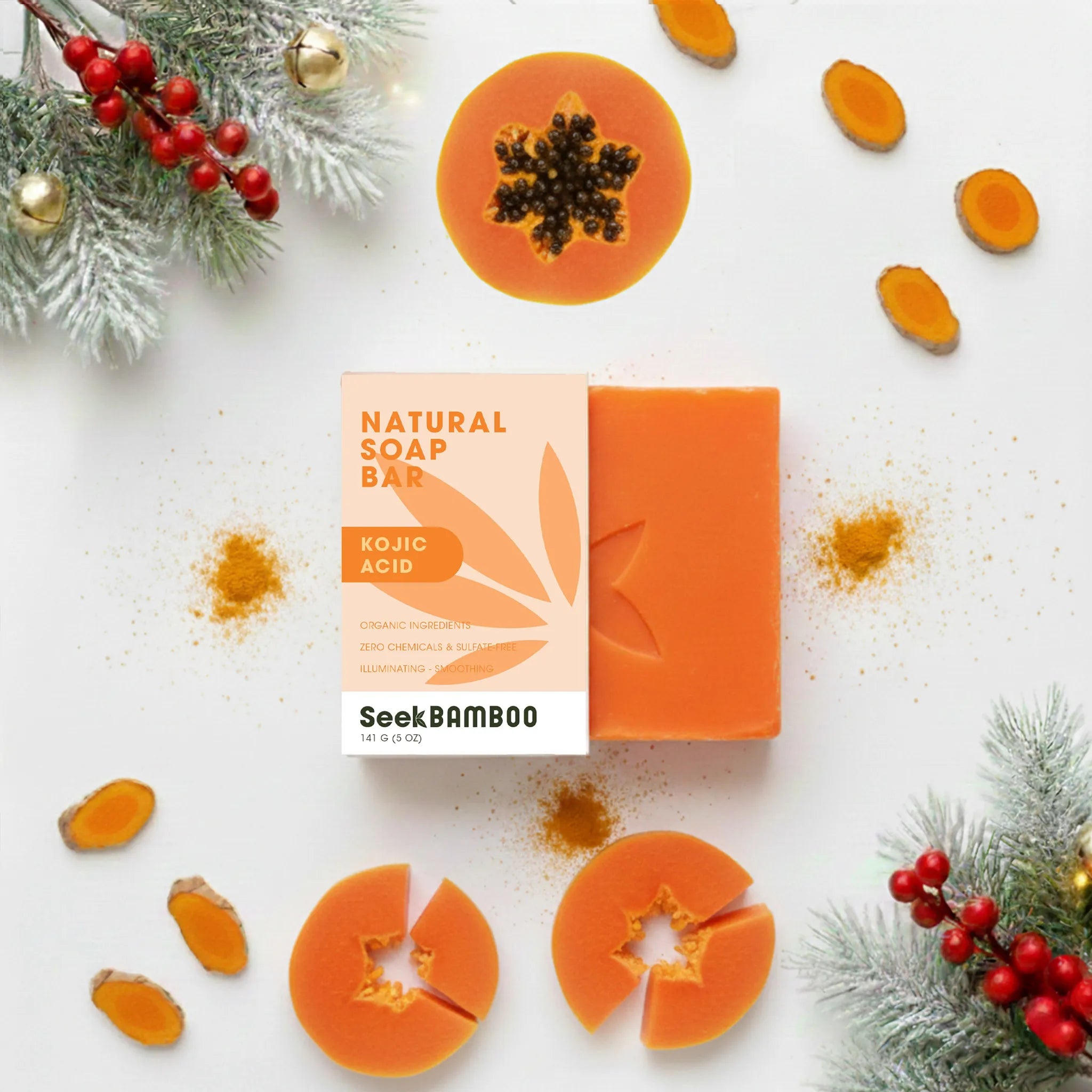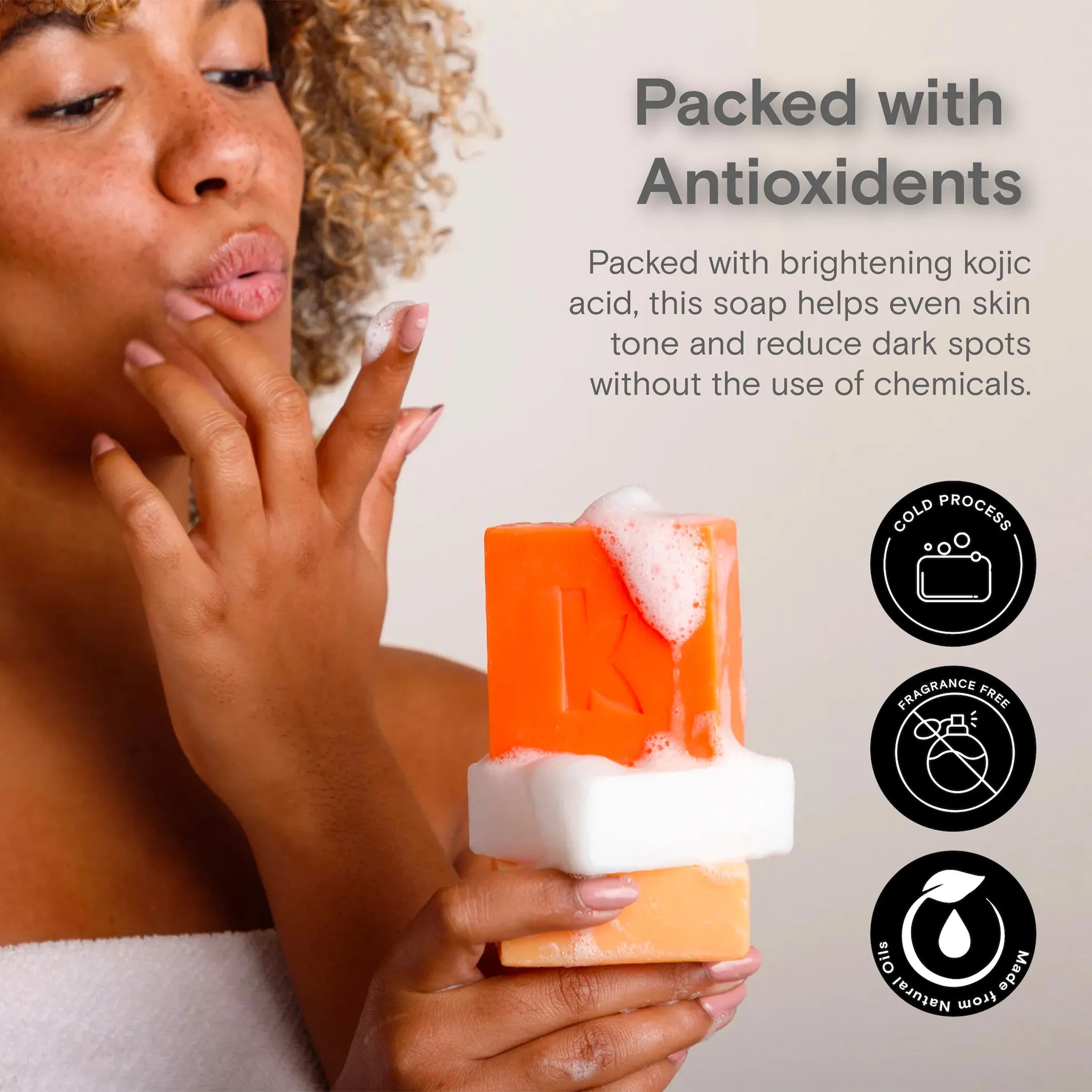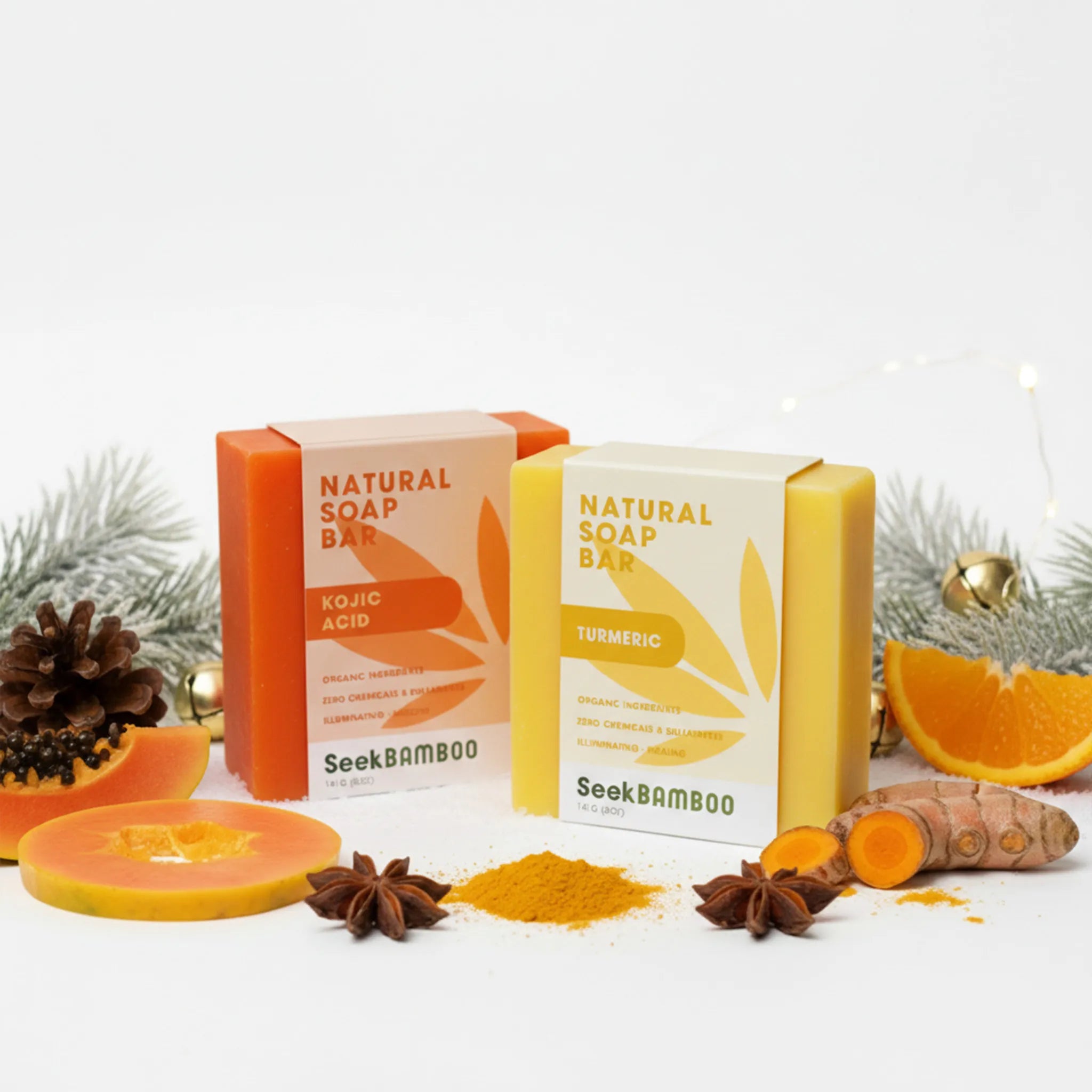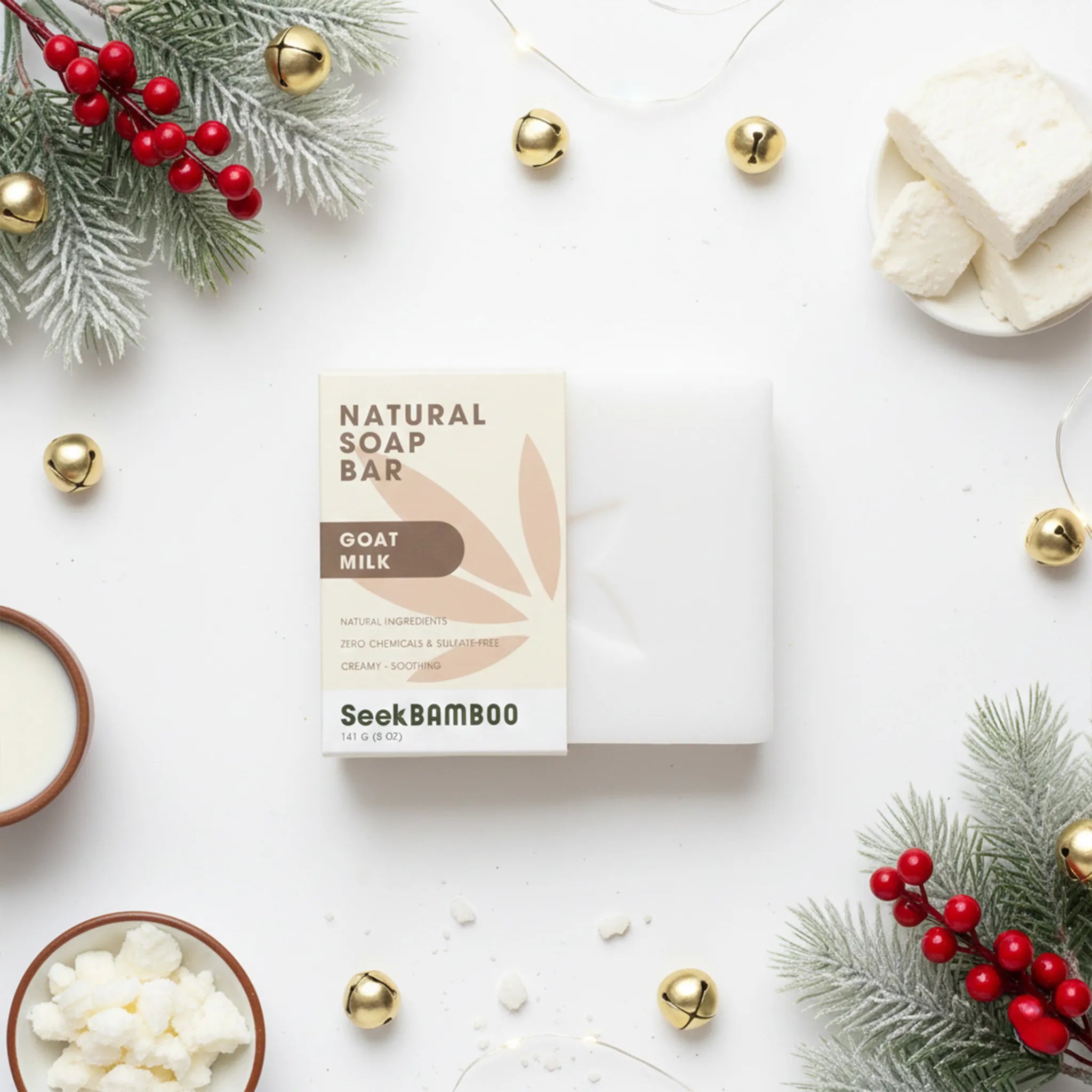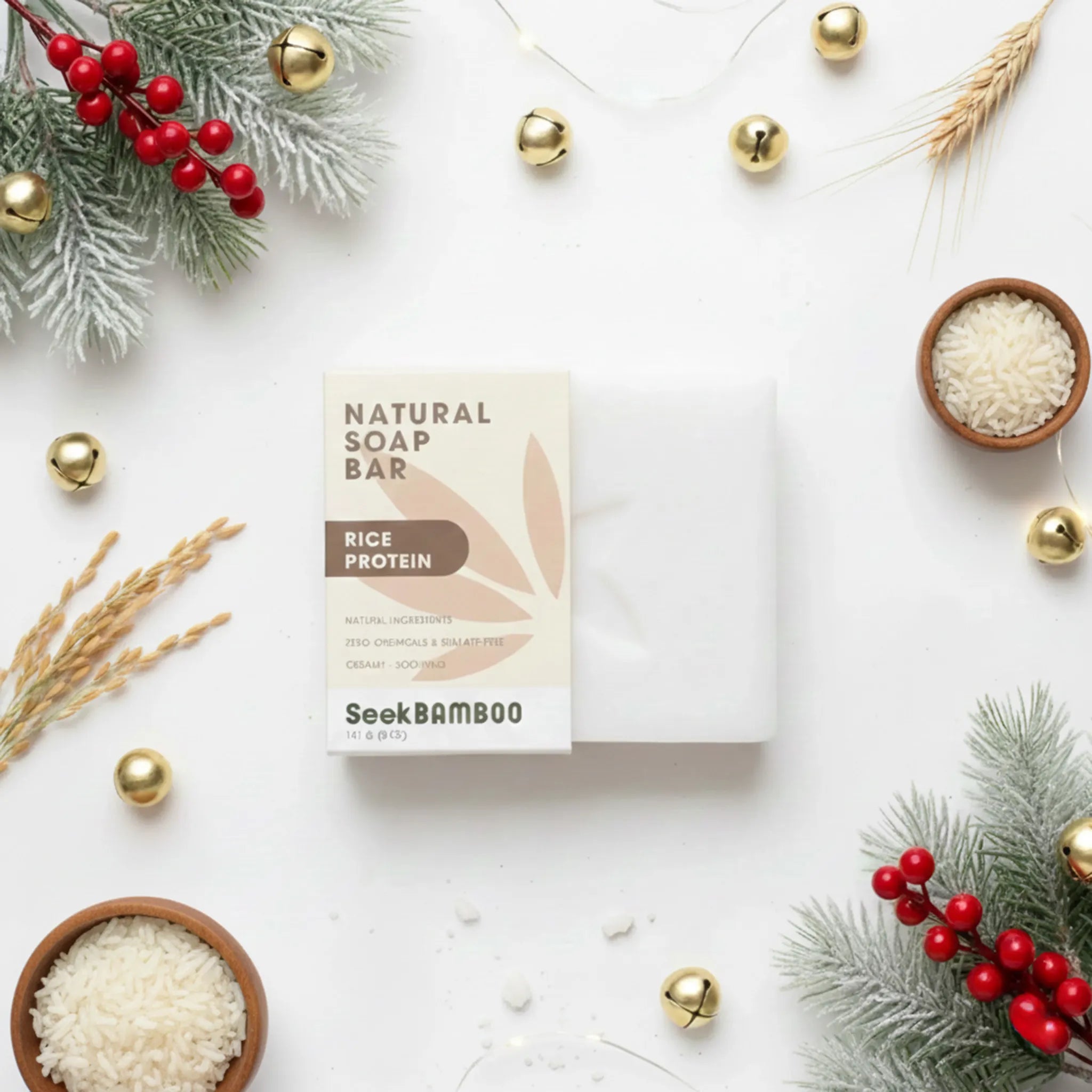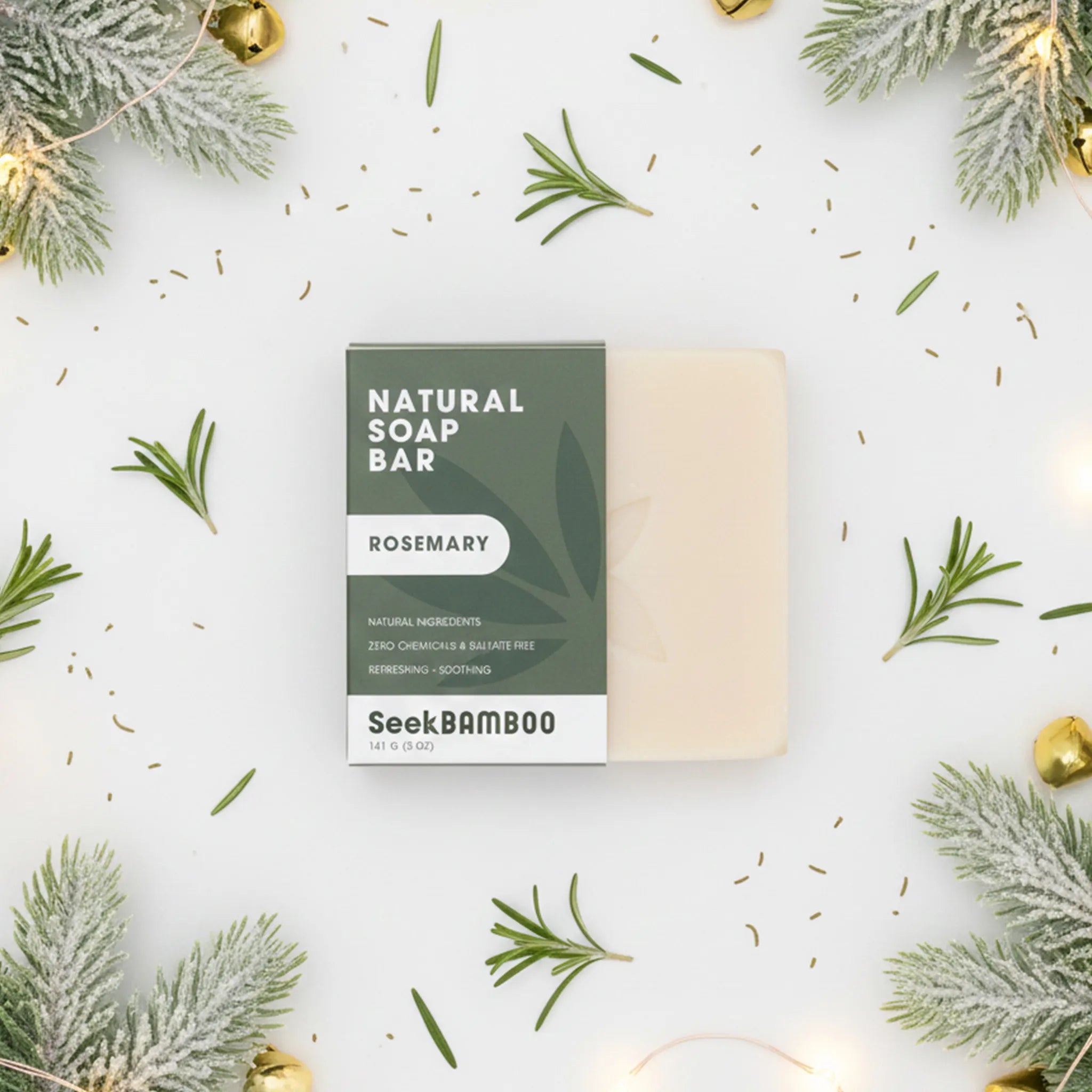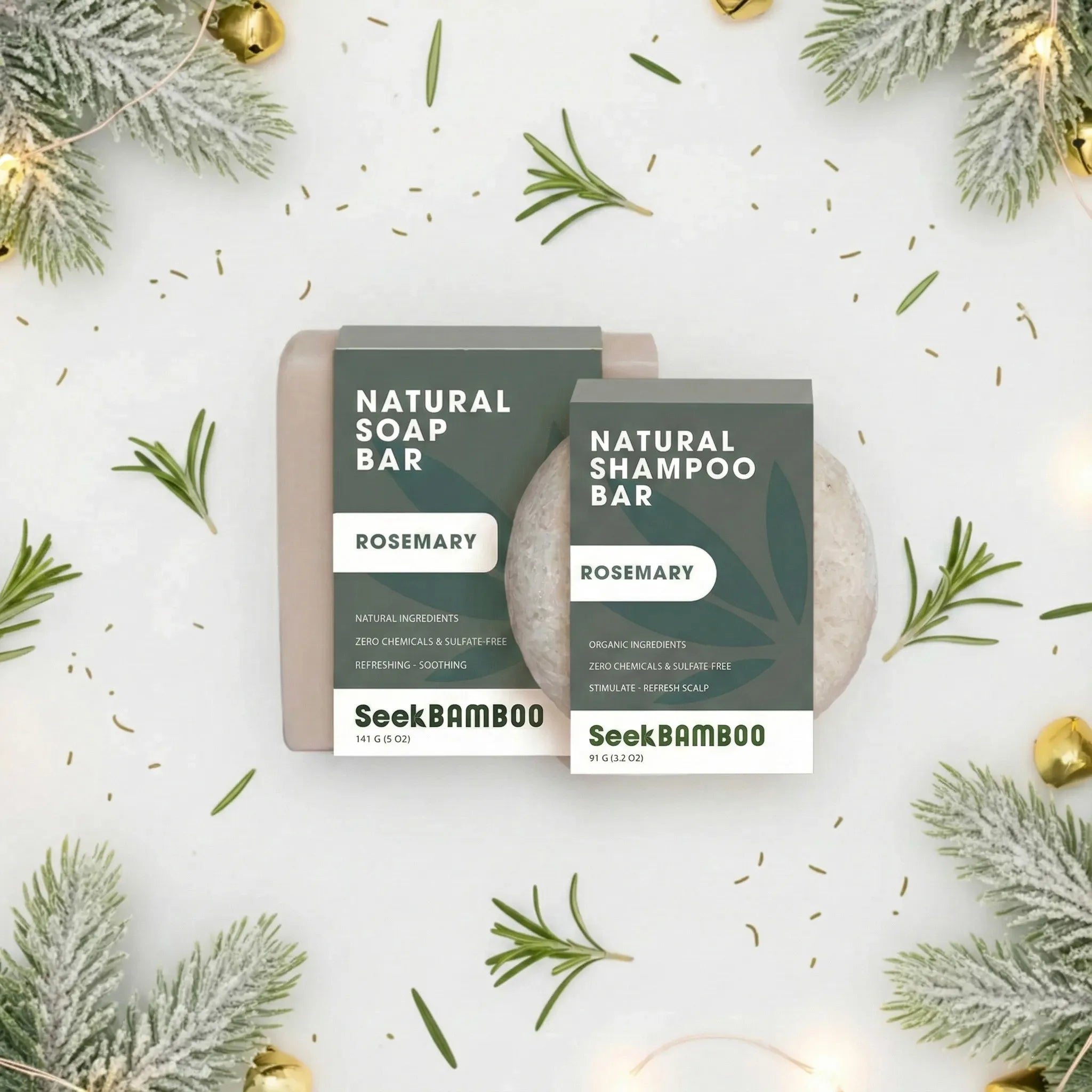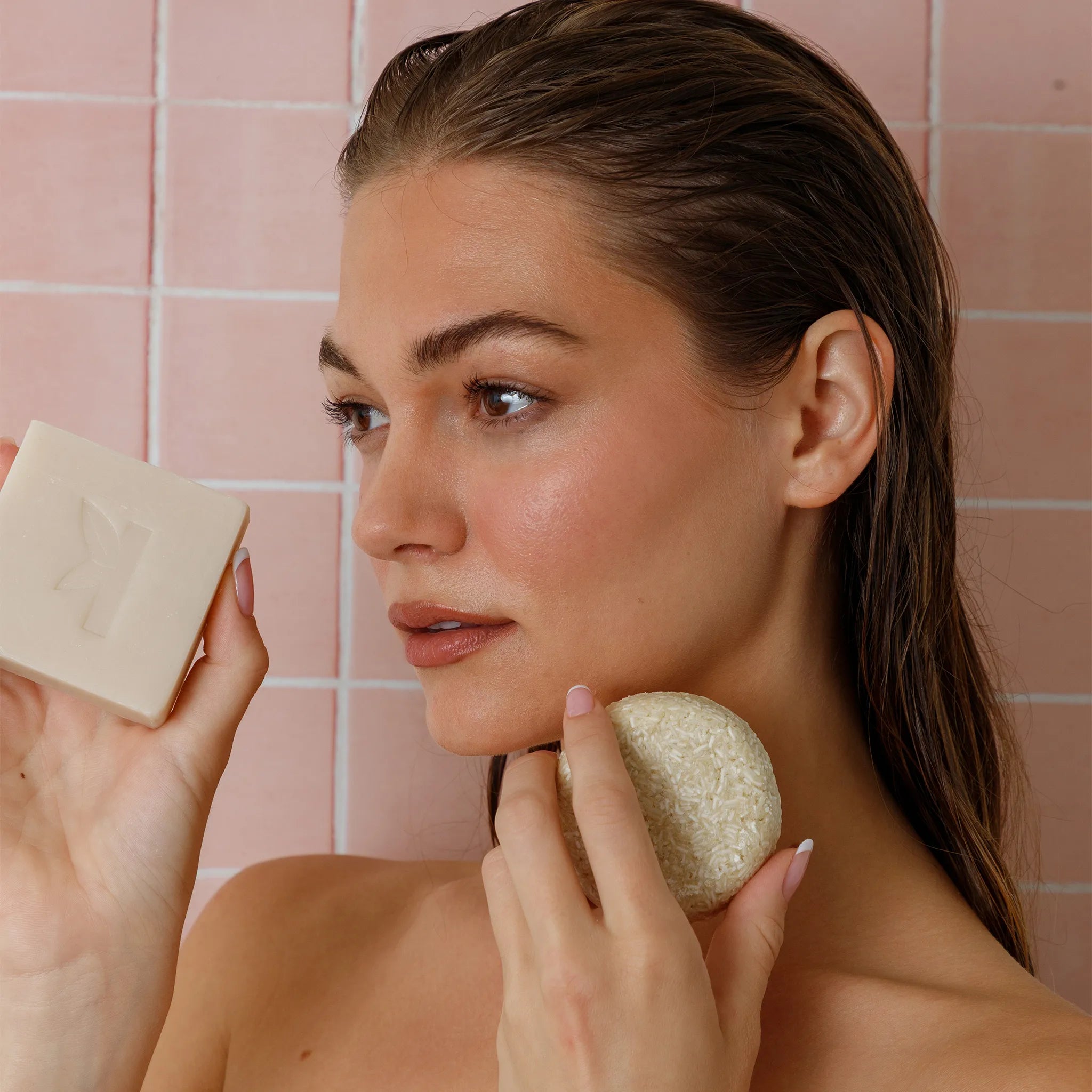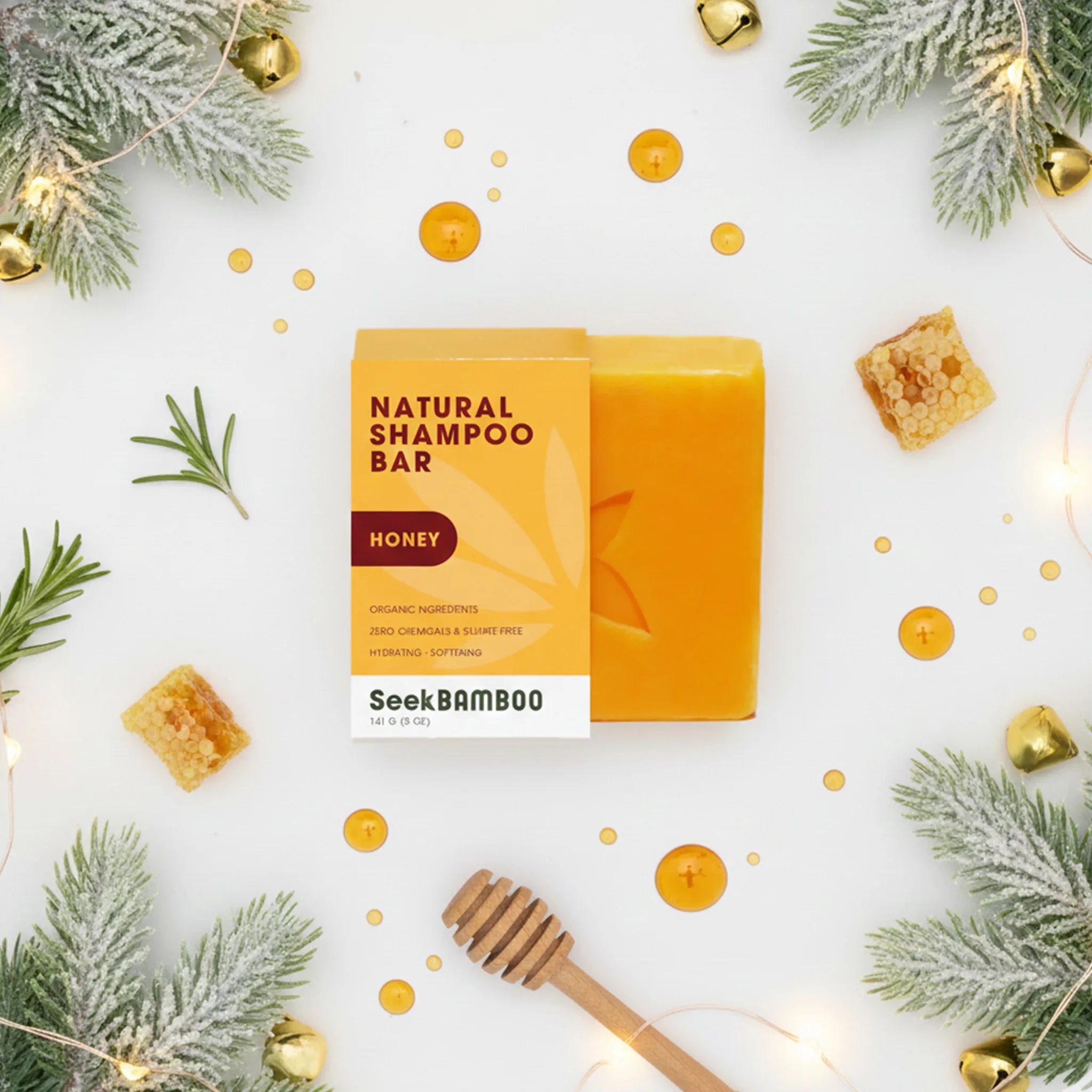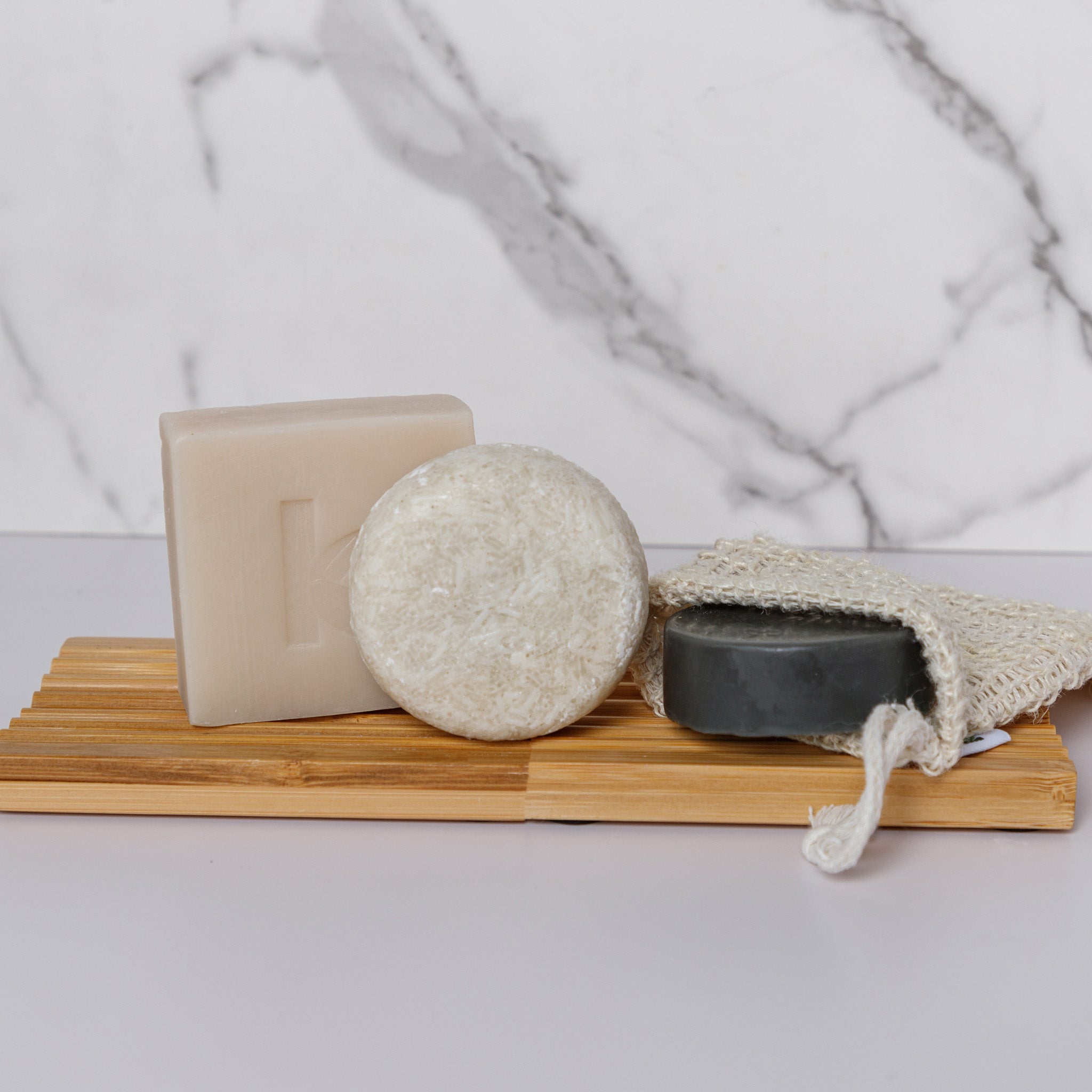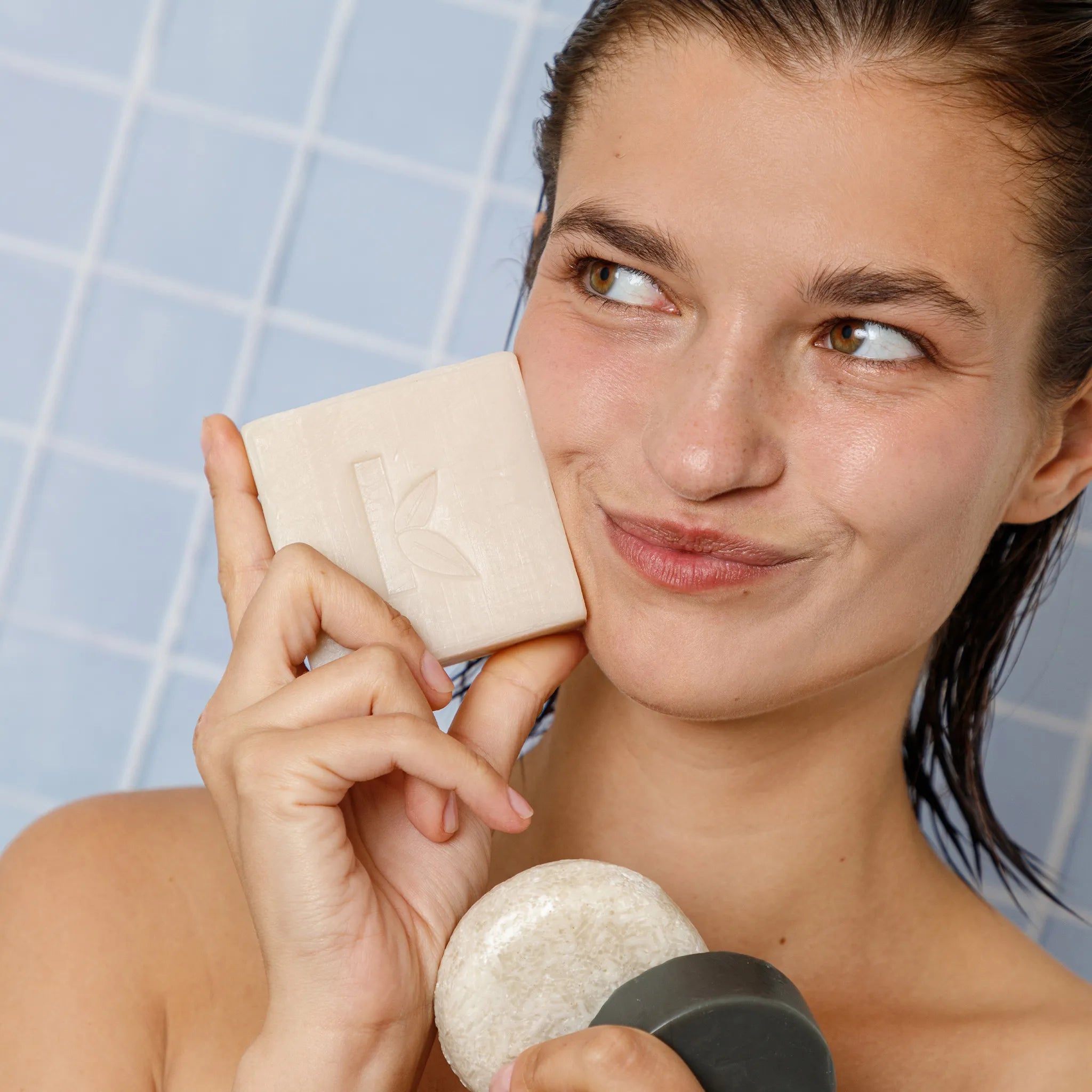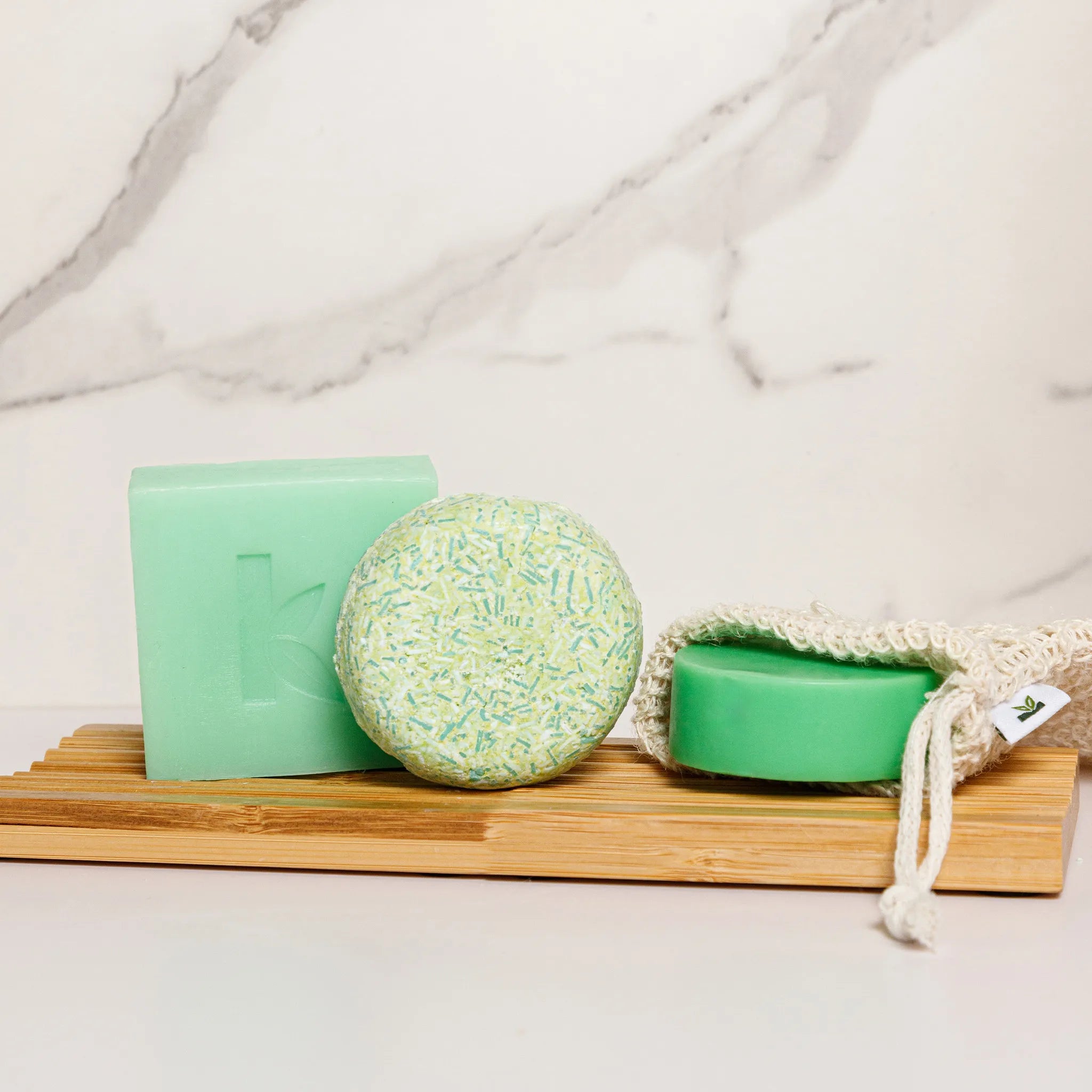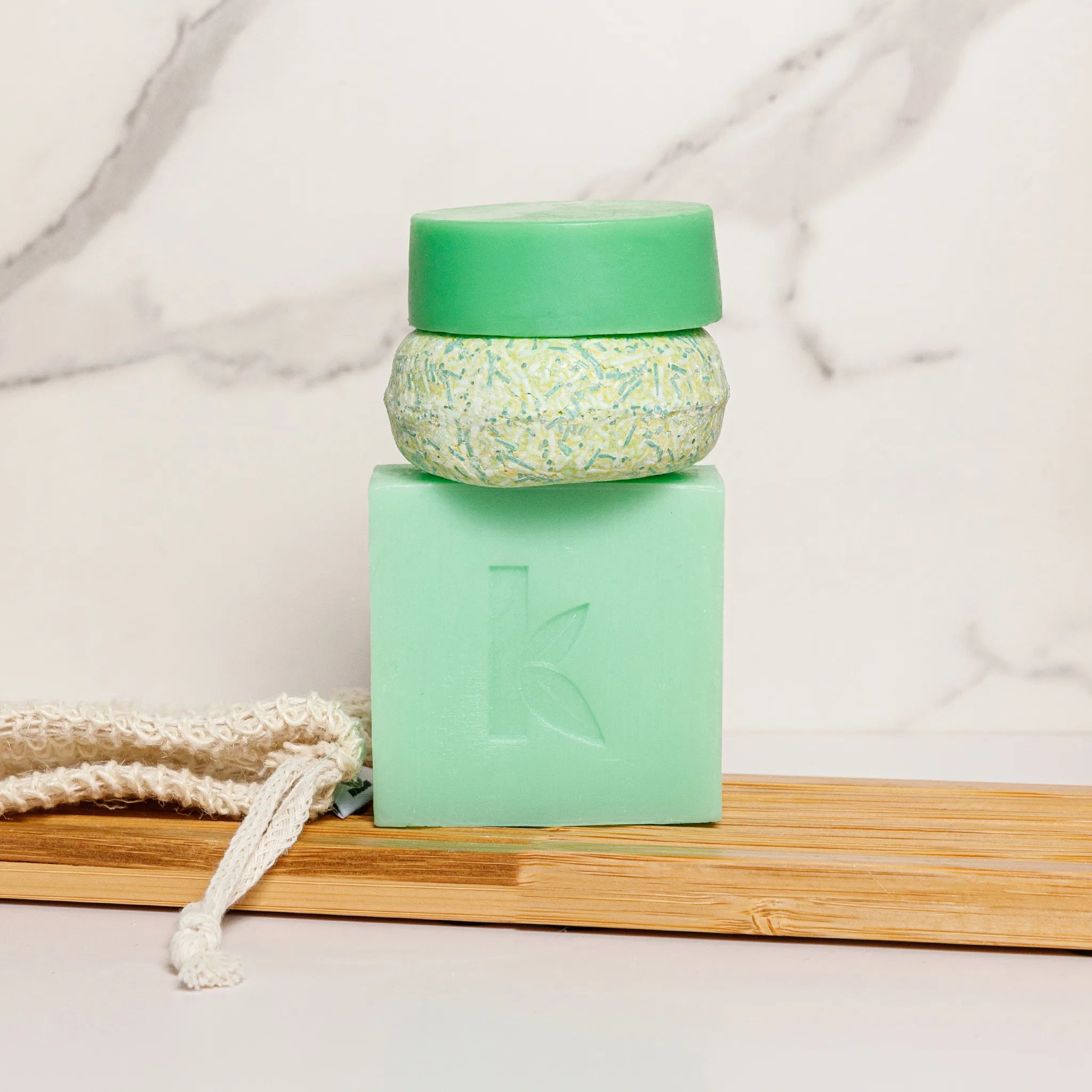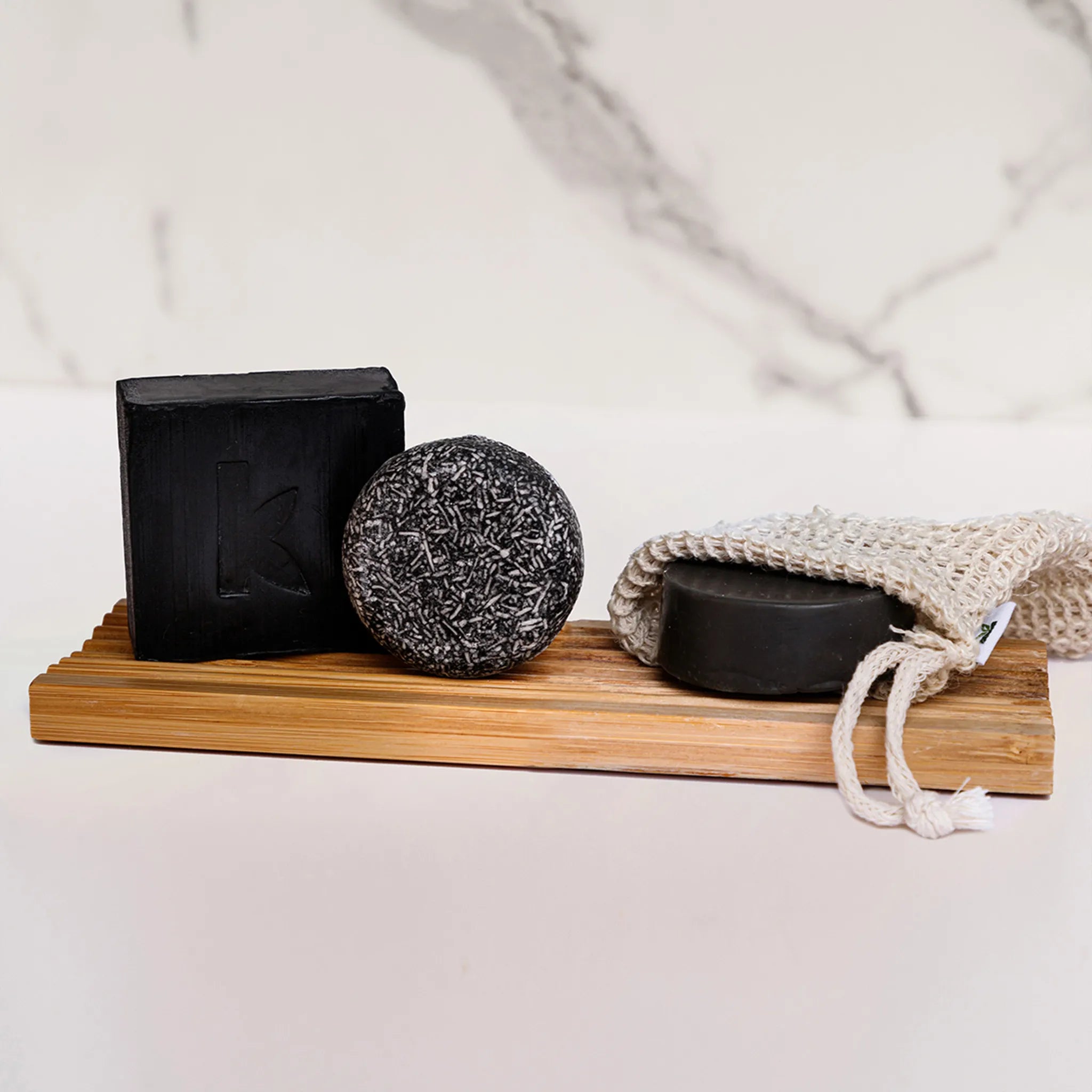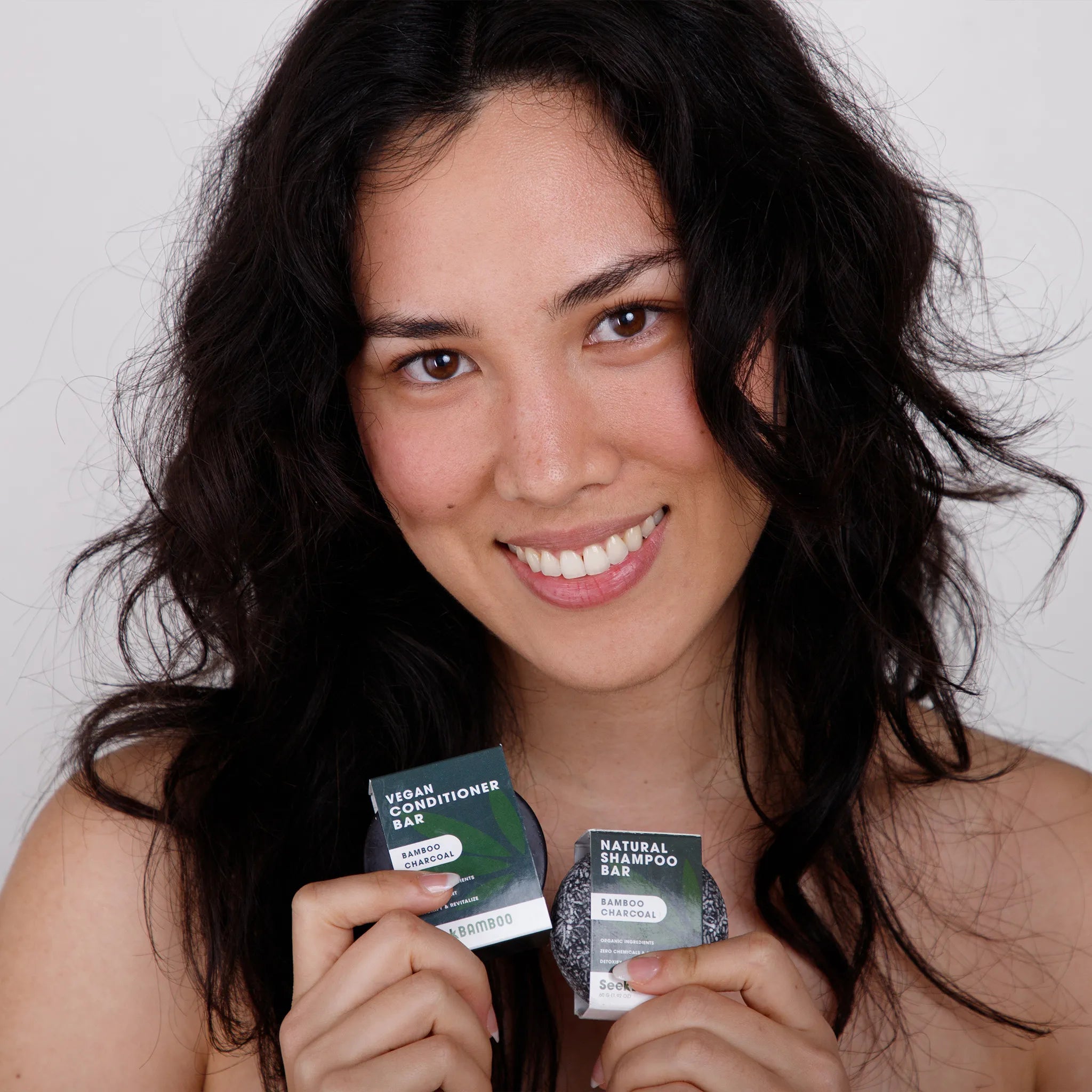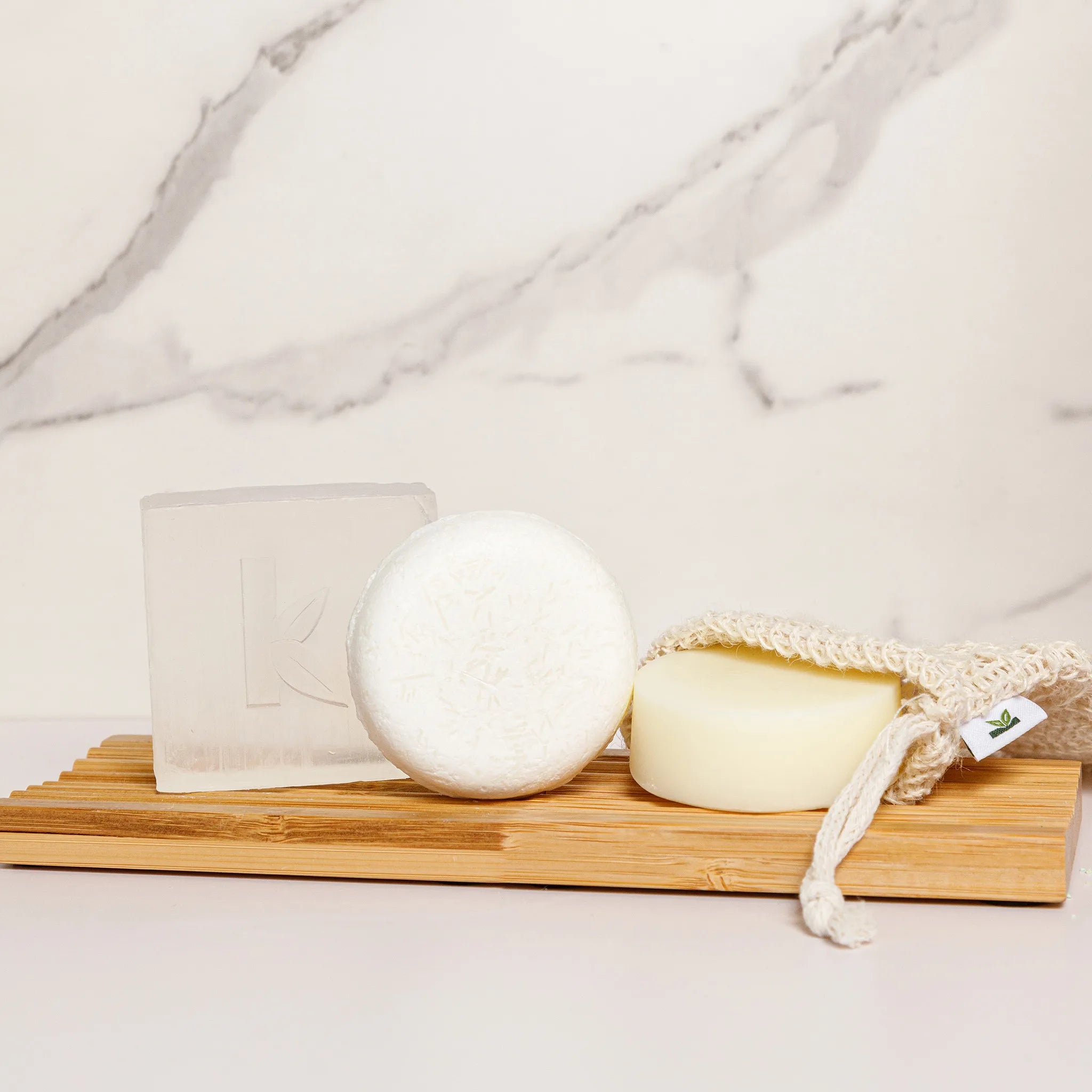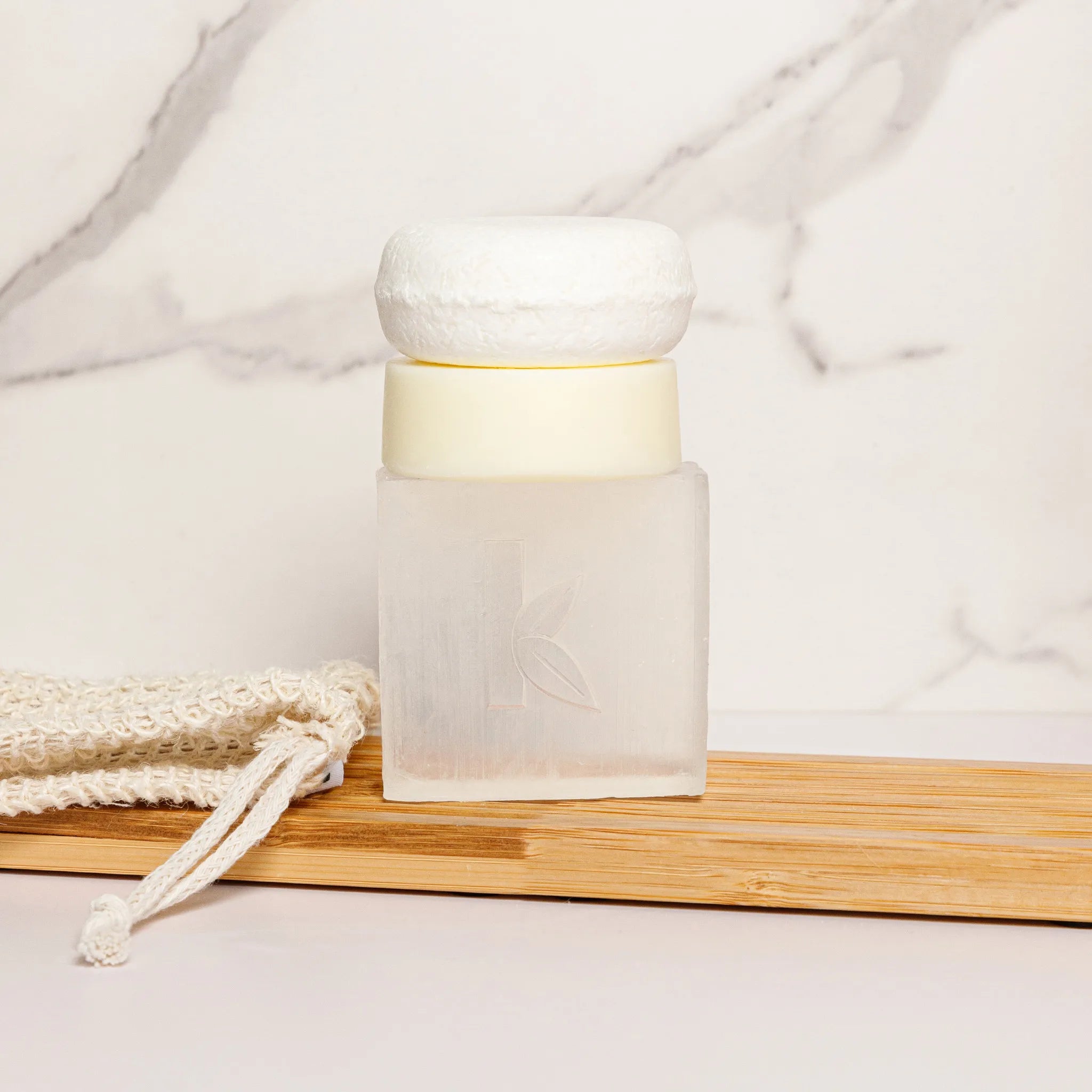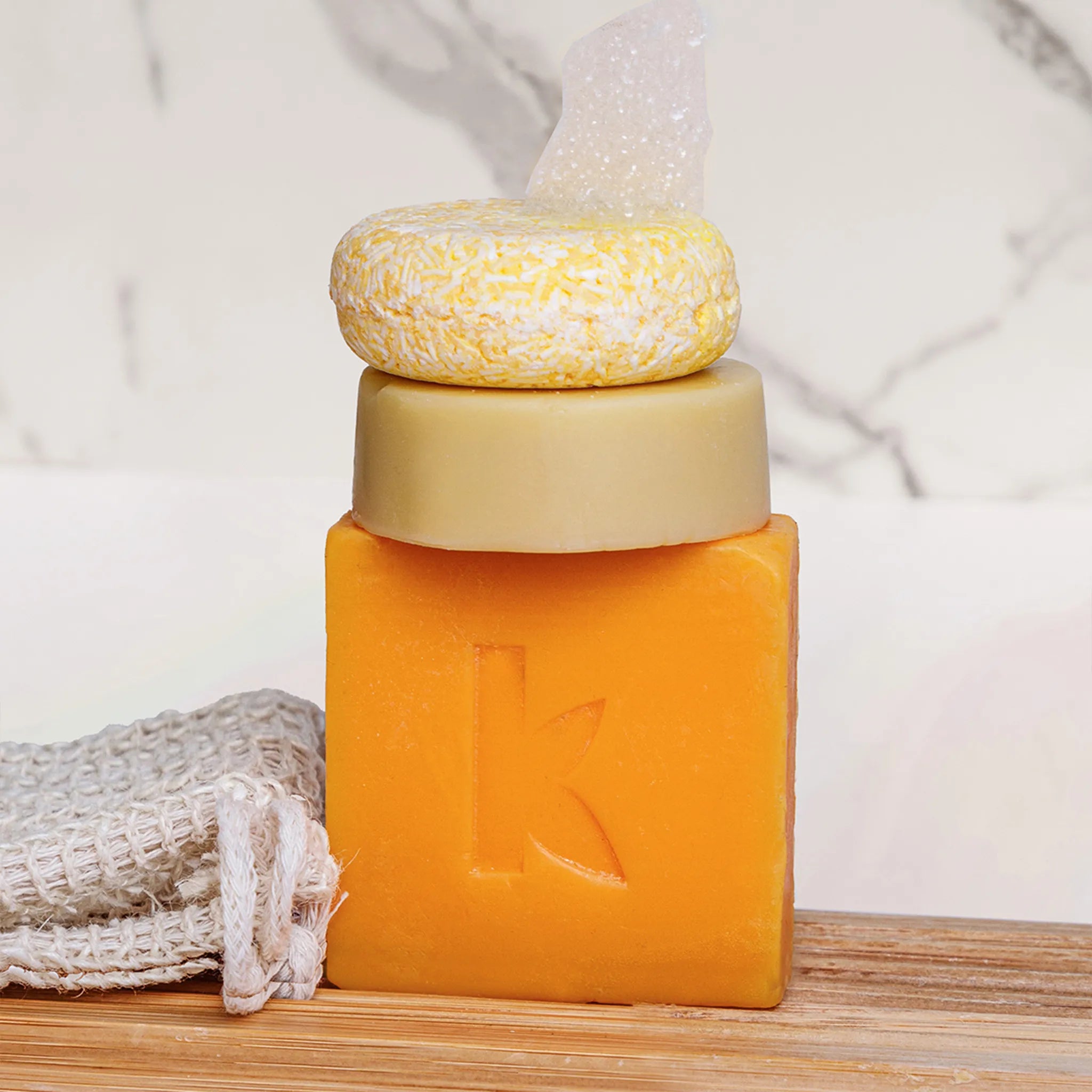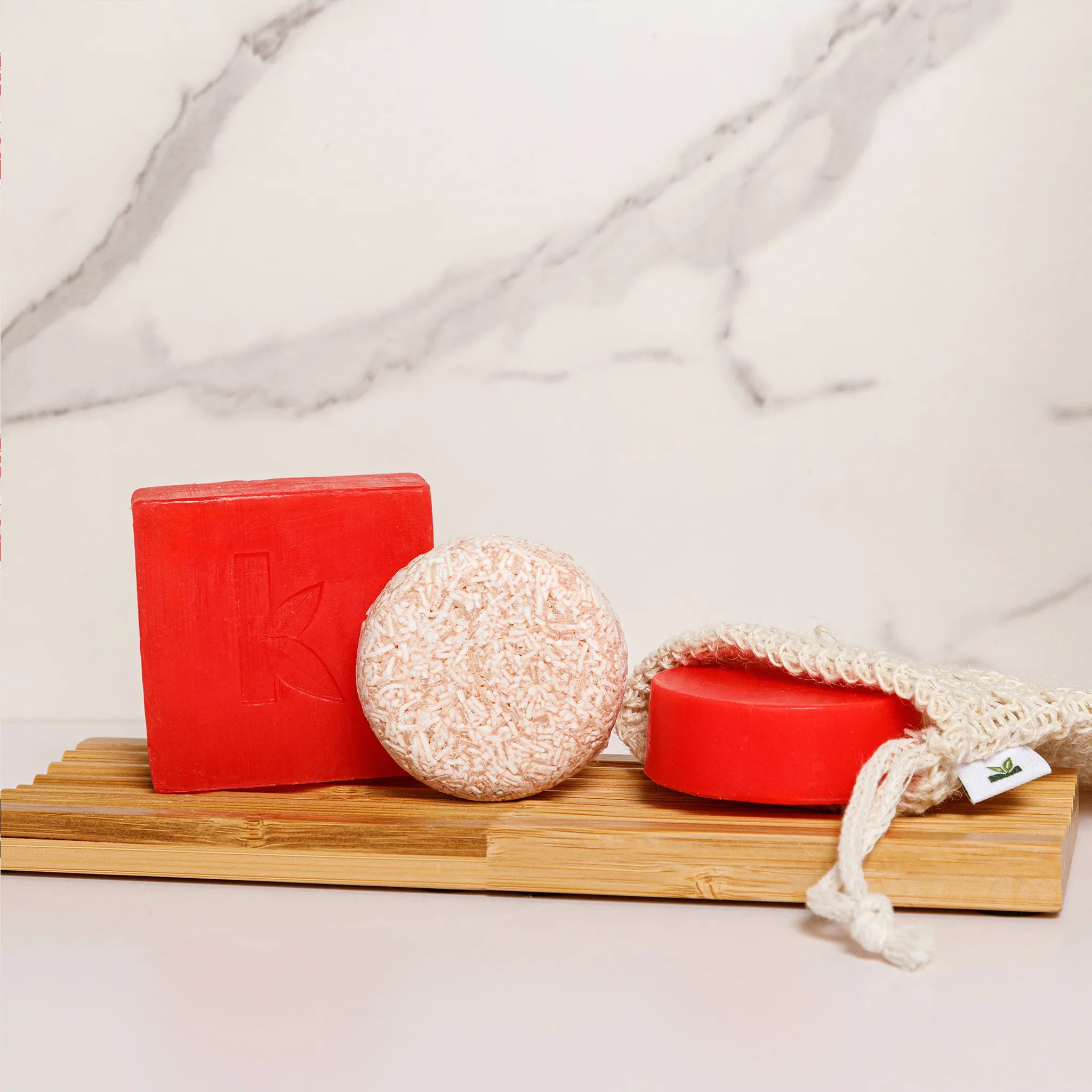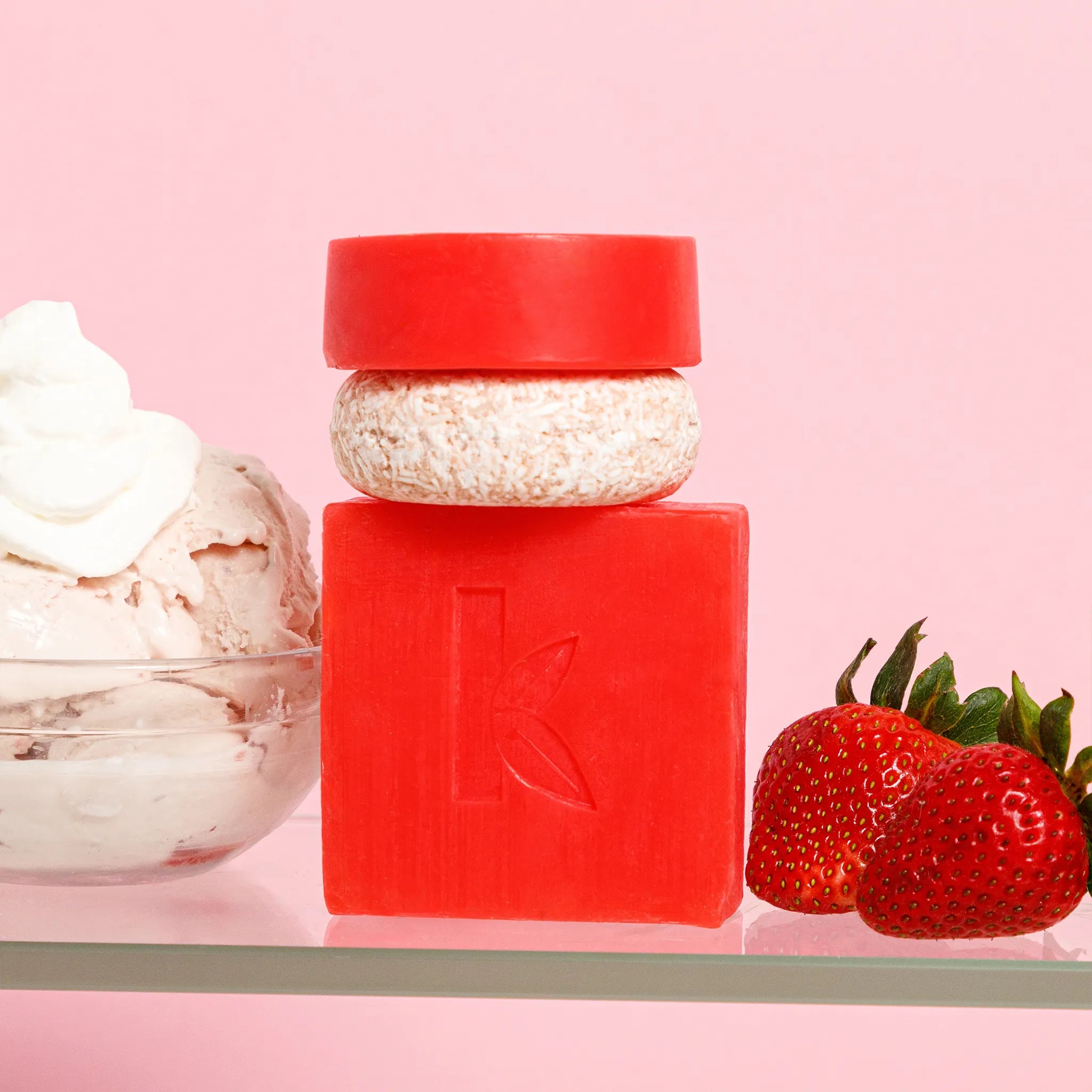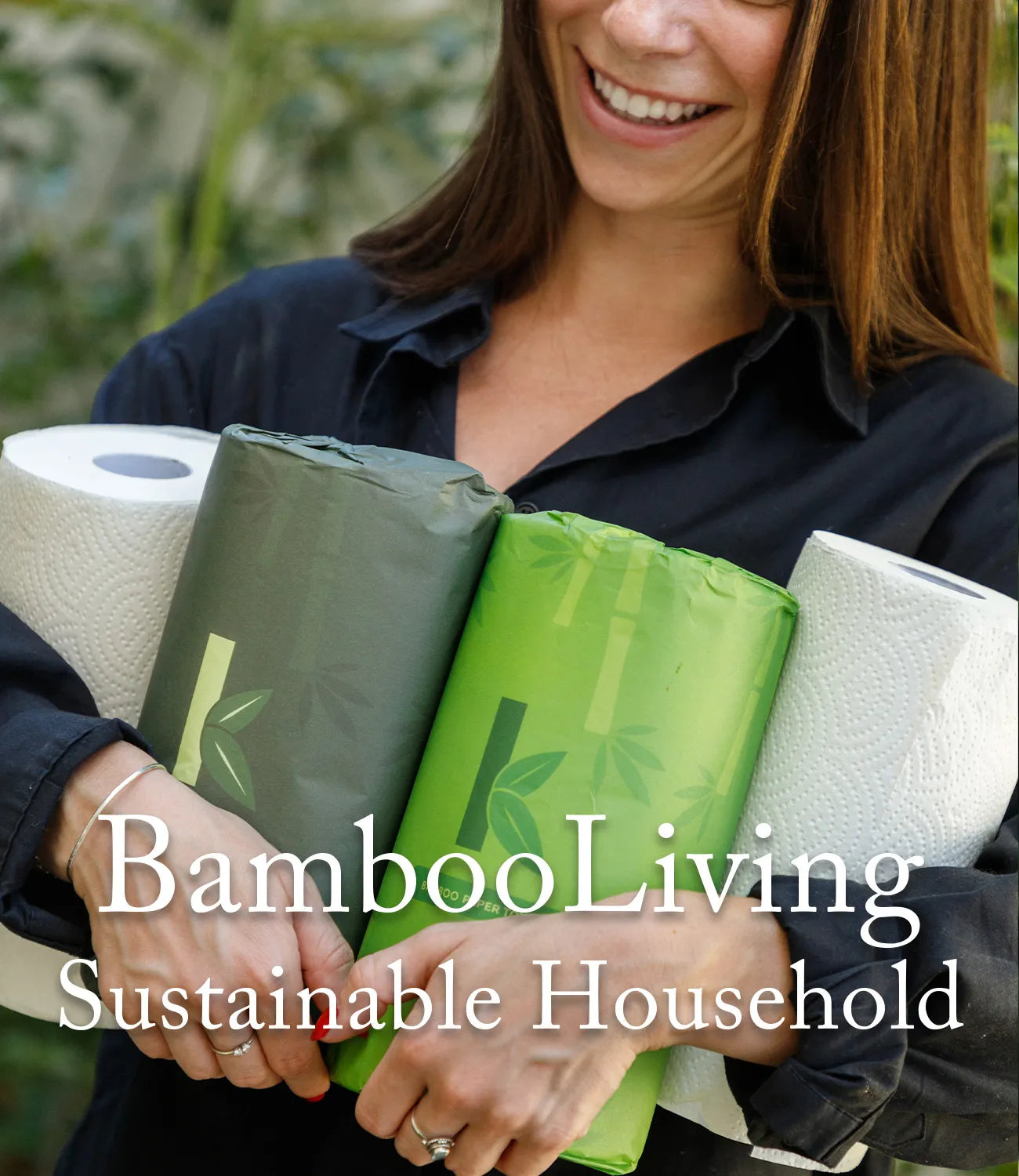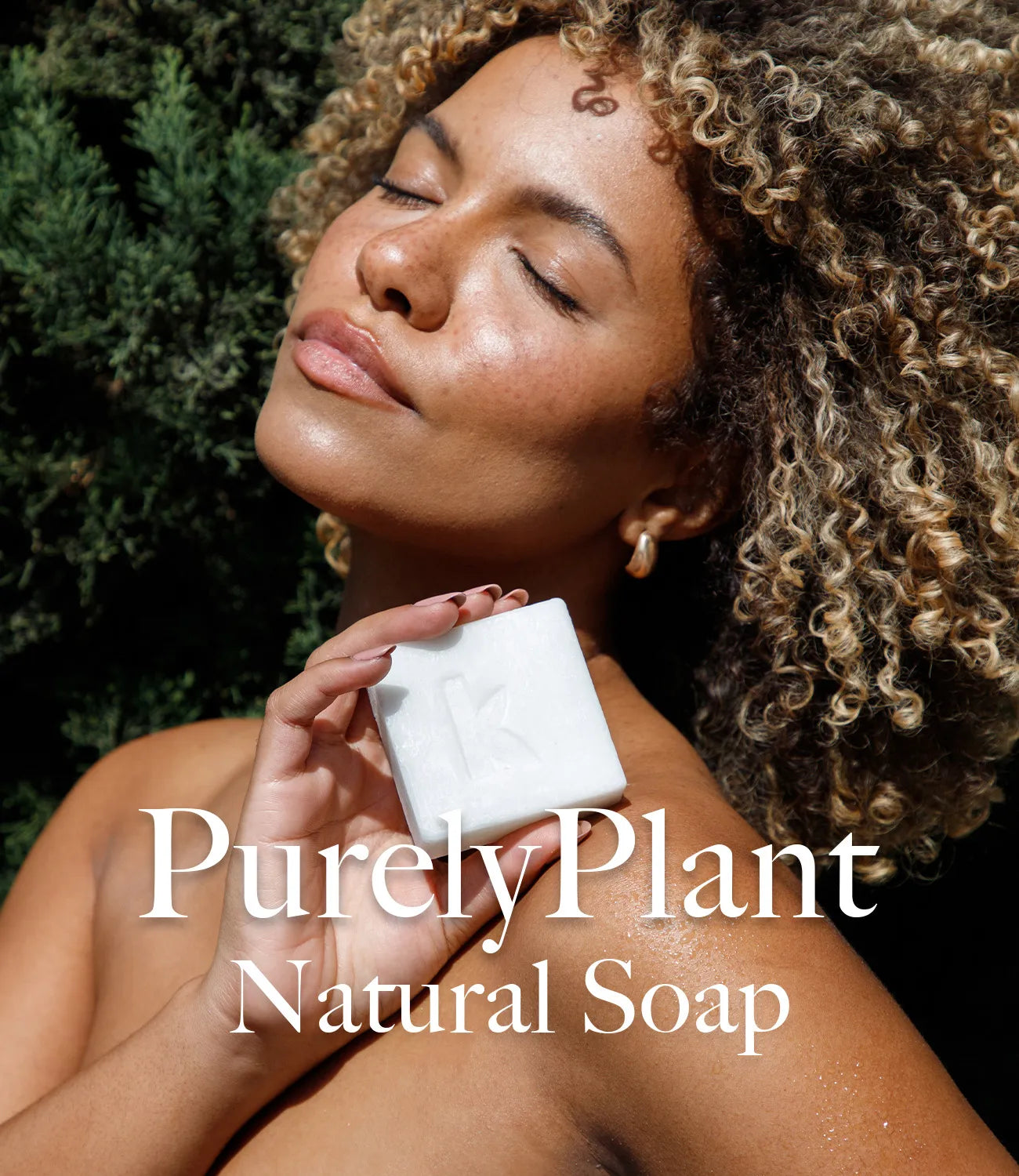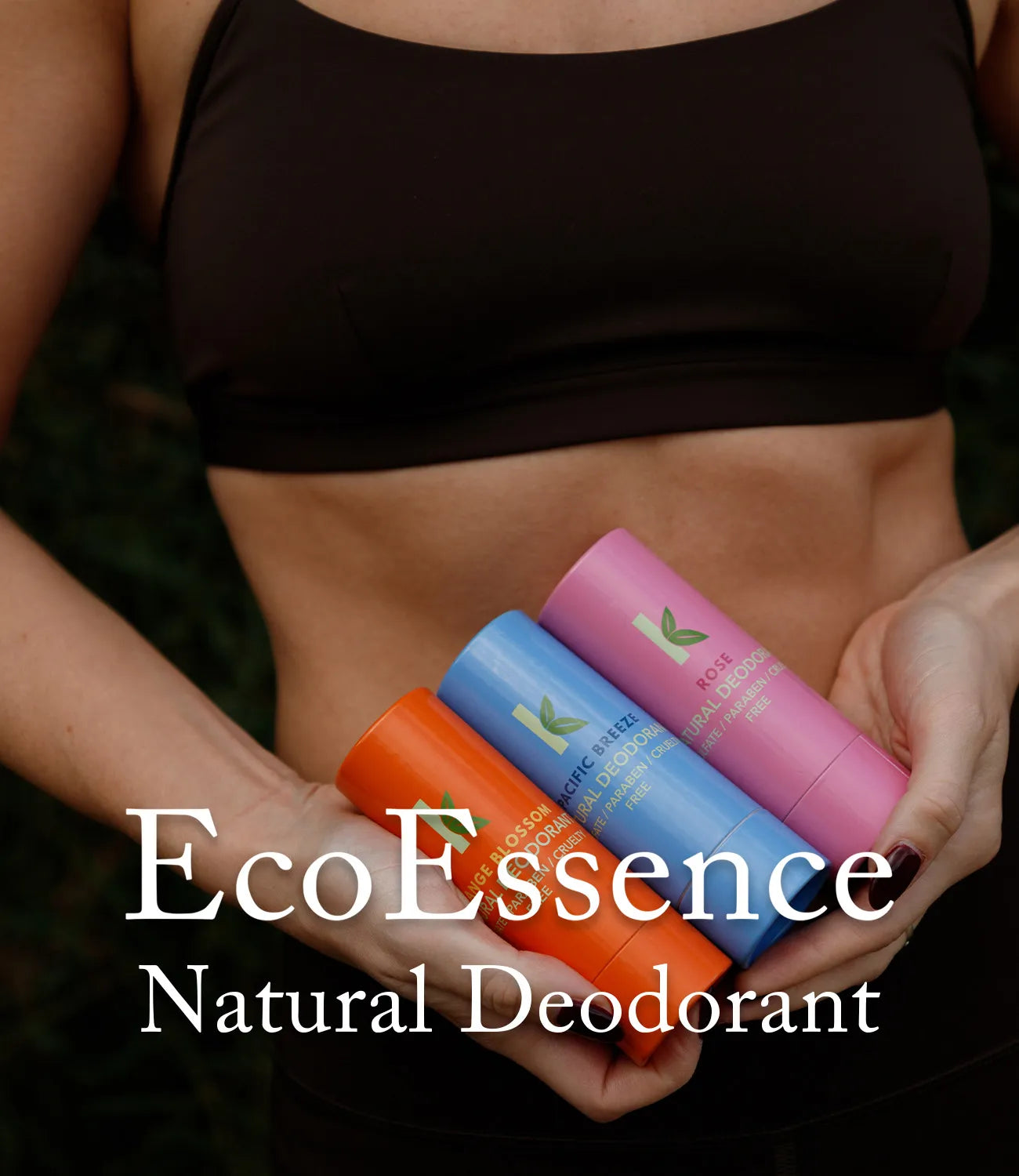Understanding Sensitive Skin
Sensitive skin is more than just a label—it’s a common condition that affects people of all ages and backgrounds. For those with sensitive skin, even everyday activities like washing your face or applying a new product can result in discomfort, redness, or irritation. But what exactly makes sensitive skin different from other skin types?
In this blog, we’ll explore what sensitive skin is, how it differs from other skin types, and the common triggers that can set off uncomfortable reactions. Whether you’re experiencing dryness, itching, or inflammation, understanding the root causes of sensitive skin is the first step to caring for it effectively.
Keep reading to discover why choosing the right soap—particularly one made with natural, gentle ingredients—can make all the difference for your sensitive skin.
Why Natural Soap is Better for Sensitive Skin
When it comes to caring for sensitive skin, the products you use can make or break your skincare routine. One of the most effective changes you can make is switching to natural soap. Unlike many commercial options, natural soap bars are carefully crafted to cleanse without causing irritation, making them an ideal choice for delicate or reactive skin.
Gentle Cleansing
Natural soaps clean your skin without stripping away its natural oils. This helps maintain your skin’s moisture barrier, which is essential for protecting sensitive skin from dryness and irritation.
Soothing Ingredients
Many natural soaps contain calming ingredients like oatmeal, chamomile, or aloe vera, which can reduce redness and inflammation. These ingredients not only cleanse but also nourish and soothe sensitive skin.
Free of Harsh Chemicals
Natural soaps avoid the use of sulfates, synthetic fragrances, and parabens—common culprits that can trigger sensitivity. Instead, they rely on plant-based oils, essential oils, and botanical extracts that are kind to the skin.
Moisturizing Properties
Natural soaps are often made with oils like olive, coconut, or shea butter, which have natural emollient properties. This ensures that your skin feels soft and hydrated after each use.
For people with sensitive skin, the ingredients in their soap are just as important as what they eat or drink. Commercial soaps often prioritize foaming power and shelf life over skin health, while natural soaps focus on nourishing and protecting your skin. By making the switch to natural soap, you’re choosing a product that aligns with your skin’s needs, helping to reduce irritation and promote long-term skin health.
When it comes to caring for sensitive skin, a natural approach is always better. Your skin deserves the gentle care that only natural soap bars can provide—crafted with love and designed to make every cleanse a soothing experience.
How Soap Impacts the Skin’s pH Balance
The pH level of the products you use plays a vital role in the health of your skin, especially if you have sensitive skin. Maintaining the right pH balance is essential for keeping your skin's protective barrier, known as the acid mantle, intact. But not all soaps are created equal, and the wrong choice can disrupt this delicate balance, leading to irritation, dryness, and discomfort.
What is the Skin’s Acid Mantle?
The acid mantle is a thin, protective layer on the surface of your skin composed of sebum (natural oils) and sweat. It has a slightly acidic pH, typically ranging between 4.5 and 5.5. This acidity helps your skin in several ways:
- Protecting Against Bacteria: The acid mantle acts as a natural barrier, preventing harmful bacteria, viruses, and pollutants from penetrating your skin.
- Retaining Moisture: A balanced acid mantle helps lock in moisture, keeping your skin hydrated and healthy.
Why pH Matters in Soap
Soaps and cleansers come with varying pH levels. A soap that’s too alkaline—like many conventional soaps—can disrupt the acid mantle, leaving your skin vulnerable to:
- Irritation: Alkaline soaps can weaken the skin barrier, making it more susceptible to redness, itching, and inflammation.
- Dryness: When the acid mantle is compromised, your skin struggles to retain moisture, resulting in dry, flaky skin.
- Increased Sensitivity: Over time, an imbalanced pH can exacerbate sensitive skin conditions, such as eczema or rosacea.
How Natural, pH-Balanced Soap Helps Sensitive Skin
- Gentle Cleansing: Natural soaps are often crafted to align closely with your skin's natural pH. This ensures cleansing without stripping away the protective oils or disrupting the acid mantle.
- Restoring Balance: Many natural soap bars are enriched with ingredients like aloe vera, shea butter, and coconut oil, which support hydration and help repair a damaged skin barrier.
- Avoiding Irritants: Free from harsh chemicals and detergents, natural soap minimizes the risk of pH imbalance-related irritation.
Signs Your Soap Might Be Disrupting Your pH Balance
- Persistent dryness or tightness after cleansing.
- Unexplained breakouts or flare-ups in sensitive areas.
- Redness, irritation, or an itchy sensation after using soap.
The Bottom Line
When choosing soap for sensitive skin, look for products that are pH-balanced and made with natural, skin-loving ingredients. A soap that respects your skin’s natural pH is more than just a cleanser—it’s a key step toward maintaining healthy, radiant skin.
Switching to natural soap bars not only supports your skin’s acid mantle but also provides a gentle, soothing cleanse that sensitive skin deserves.
Special Needs of Different Types of Sensitive Skin
Sensitive skin isn’t a one-size-fits-all category—its needs can vary depending on factors like dryness, oiliness, or underlying conditions such as eczema or rosacea. Choosing the right soap tailored to your specific type of sensitive skin can make a world of difference in how your skin looks and feels. Here’s a closer look at the special care each type of sensitive skin requires and how natural soaps can help.
Dry Sensitive Skin
Dry sensitive skin often feels tight, rough, or flaky. It’s prone to redness and irritation, especially when exposed to harsh soaps or extreme weather.
- Soothing, deeply hydrating ingredients to replenish moisture and protect the skin barrier.
- A soap that cleanses gently without stripping the skin of its natural oils.
Best Ingredients:
- Shea Butter: Rich in vitamins and fatty acids, shea butter nourishes and locks in moisture.
- Aloe Vera: Provides hydration and calms irritation, making it perfect for dryness-induced sensitivity.
- Olive Oil: A natural emollient that softens skin while preserving moisture.
Pro Tip: Look for soaps labeled as "moisturizing" or "hydrating" and avoid products with alcohol or strong detergents, which can exacerbate dryness.
Oily Sensitive Skin
Even oily skin can be sensitive, often reacting to products that are too harsh or clog pores. The challenge is finding a soap that removes excess oil while being gentle enough to avoid irritation.
What it Needs:
- Lightweight, non-comedogenic soaps that don’t block pores.
- Ingredients that balance oil production and soothe sensitivity.
Best Ingredients:
- Tea Tree Oil: Known for its antibacterial properties, it helps reduce breakouts while being gentle on sensitive skin.
- Jojoba Oil: Mimics the skin’s natural oils, helping to balance oil production.
- Chamomile: Reduces inflammation and calms redness, especially helpful for oily-sensitive skin prone to irritation.
Pro Tip: Avoid overly drying soaps with high alcohol content or harsh exfoliants, as they can cause your skin to produce even more oil.
Eczema/Atopic Dermatitis
Eczema-prone skin is highly sensitive, often accompanied by itching, inflammation, and dryness. The goal is to use soaps that calm flare-ups and promote healing without irritation.
What it Needs:
- Anti-inflammatory and soothing ingredients to reduce redness and itching.
- Hypoallergenic, fragrance-free soaps to minimize the risk of triggering eczema symptoms.
Best Ingredients:
- Calendula: A natural anti-inflammatory that soothes and promotes healing.
- Oatmeal: Calms itching and forms a protective barrier on the skin.
- Coconut Oil: Offers deep hydration while being gentle on eczema-prone areas.
Pro Tip: Always patch-test new products on a small area of skin to ensure they don’t trigger a reaction.
Rosacea-Prone Skin
Rosacea-prone skin is sensitive to redness, visible blood vessels, and flare-ups triggered by heat, stress, or certain products. It requires soaps that are cooling, calming, and non-irritating.
What it Needs:
- Ingredients that reduce redness and inflammation.
- Avoidance of heat-generating or abrasive soaps.
Best Ingredients:
- Cucumber Extract: Naturally cooling and soothing, perfect for calming redness.
- Aloe Vera: Hydrates and reduces inflammation.
- Green Tea Extract: Contains antioxidants that help reduce irritation and redness.
Pro Tip: Use lukewarm water when washing your face to prevent further irritation from hot water.
Switching from Commercial to Natural Soap
Switching from commercial soap to natural soap can be a game-changer for sensitive skin. However, the transition might involve an adjustment period as your skin adapts to the new, gentle formula. Understanding the process and knowing what to expect can help you make the switch smoothly and successfully.
Tips for Switching from Commercial to Natural Soap
- Do Your Research: Look for soaps with ingredients that suit your skin type and sensitivity needs.
Check labels for terms like “hypoallergenic,” “fragrance-free,” or “pH-balanced.”
- Start Gradually: Begin by replacing your current soap with natural soap in one area, such as your face or hands, before using it all over your body.
This allows you to monitor your skin’s reaction before fully committing.
- Patch Test First: Apply the natural soap to a small area of your skin and wait 24-48 hours to check for any adverse reactions.
This is especially important if you have conditions like eczema or rosacea.
- Use Lukewarm Water: Hot water can strip natural oils from your skin and worsen sensitivity. Opt for lukewarm water to cleanse gently.
- Moisturize After Cleansing: Pair your natural soap with a hydrating moisturizer to lock in moisture and prevent dryness during the transition period.
What to Expect During the Transition Phase
- Skin Purging
When you switch to natural soap, your skin may go through a “detox” period, where it sheds built-up impurities and adjusts to the absence of harsh chemicals.
How to Handle It: Be patient—this phase typically lasts 1-2 weeks. Use a gentle moisturizer to soothe your skin during this time.
2. Increased Dryness (Temporary)
If your previous soap stripped away natural oils, your skin might feel drier initially as it recalibrates.
How to Handle It: Use a soap with hydrating ingredients like shea butter or aloe vera and apply moisturizer immediately after washing.
3. Breakouts (Occasionally)
If you’re transitioning from synthetic cleansers, your pores may release built-up oils and toxins, causing temporary breakouts.
How to Handle It: Stick with the soap and avoid using additional harsh treatments that could irritate your skin further.
4. Improved Skin Texture and Hydration
What Happens: After the adjustment period, your skin will likely feel softer, smoother, and better hydrated as it benefits from the natural ingredients.
Why the Transition is Worth It
While the adjustment period may seem inconvenient, the long-term benefits of switching to natural soap far outweigh the short-term challenges. Natural soap nourishes your skin without harmful chemicals, supports its natural protective barrier, and reduces the risk of irritation—all essential for sensitive skin.
By being patient and following these tips, you can make the transition to natural soap a rewarding experience that leaves your sensitive skin healthier and happier.
Embrace Natural Solutions for Sensitive Skin
Sensitive skin deserves products that are as gentle and caring as you are to yourself. By transitioning to natural soap, you’re taking a significant step toward healthier, happier skin. With soothing, hydrating ingredients and formulations free of harsh chemicals, natural soap helps protect and nourish your skin while respecting its unique needs. Whether you’re soothing dryness, calming irritation, or addressing specific concerns, the right soap can make all the difference. Take the leap into natural care and experience the comfort your skin craves.
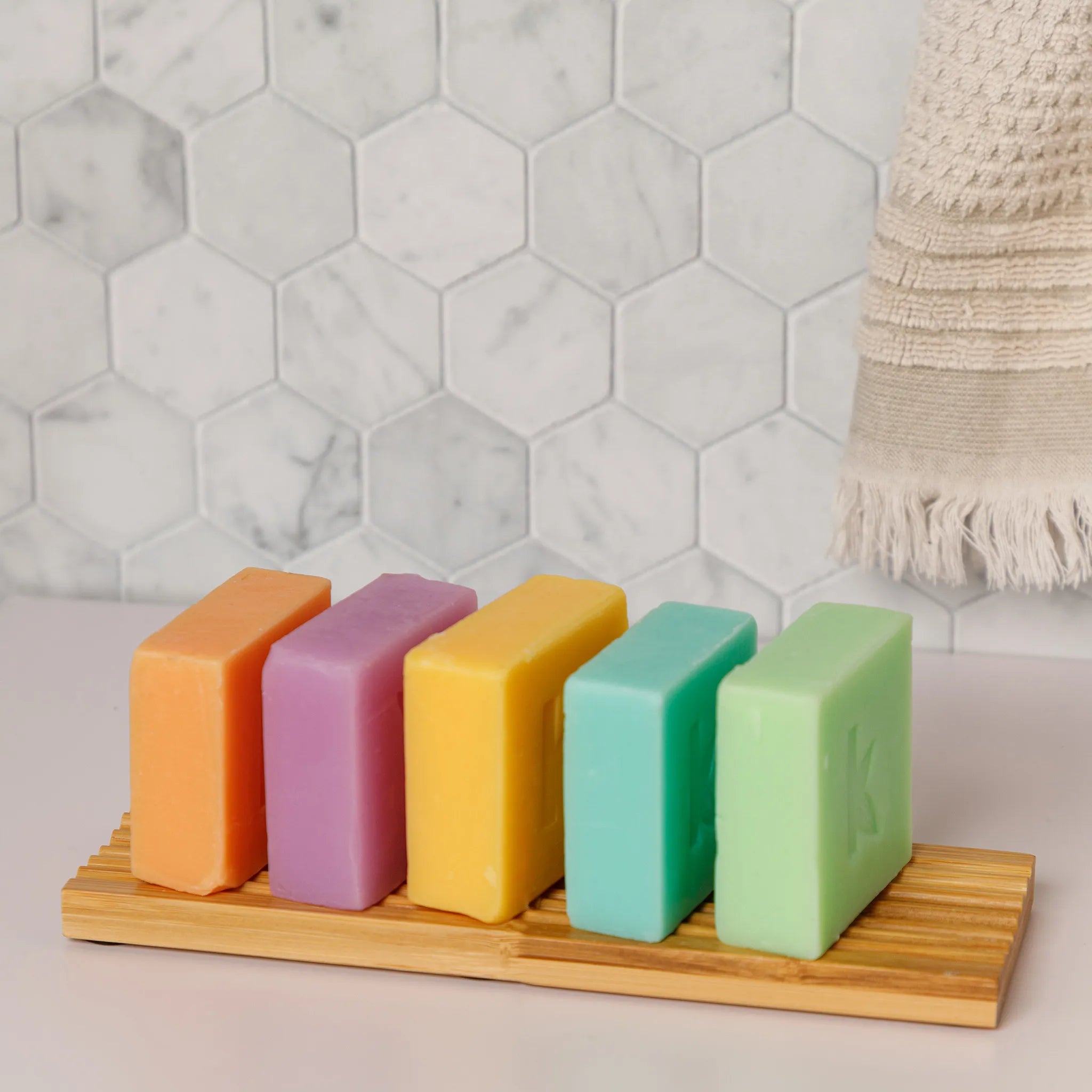
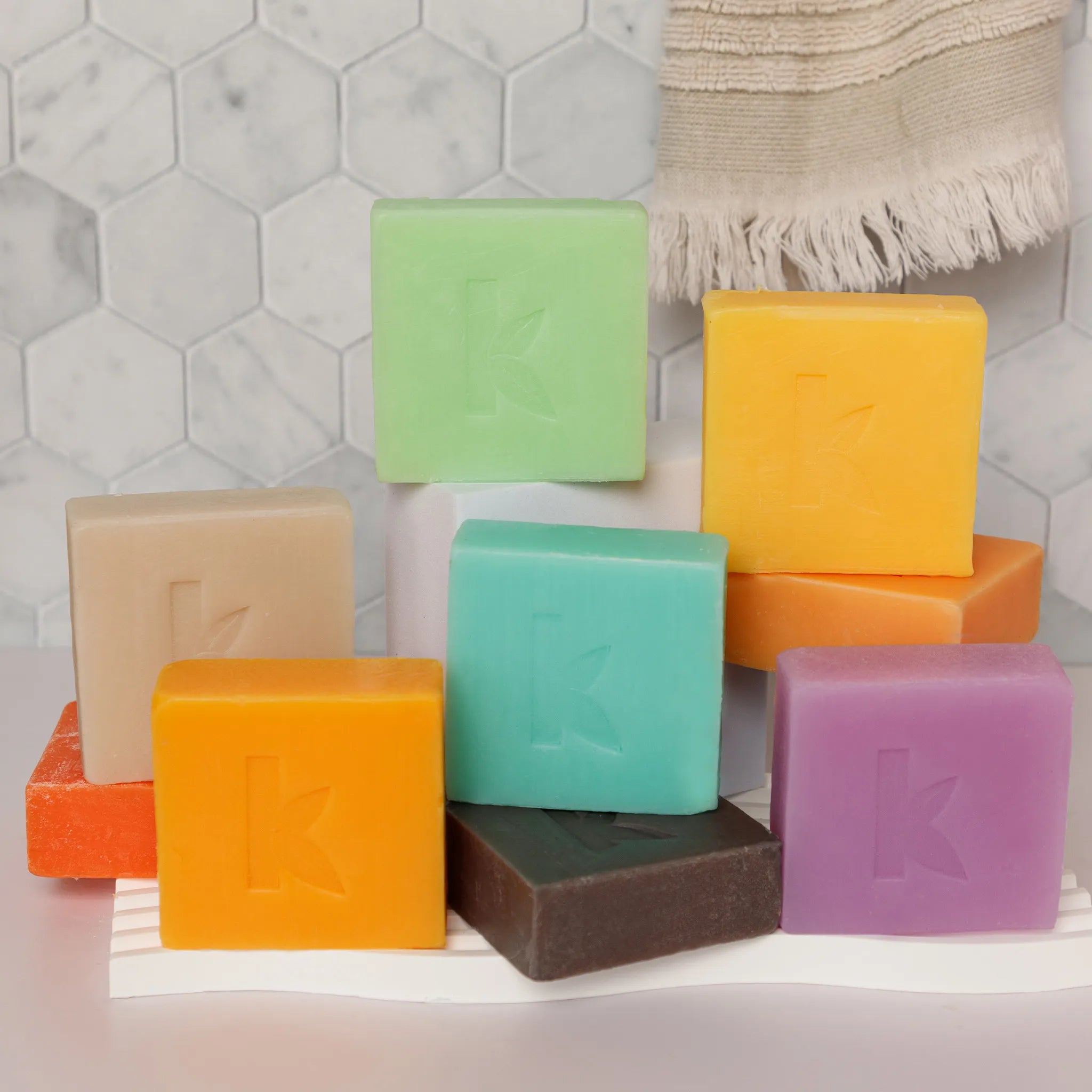
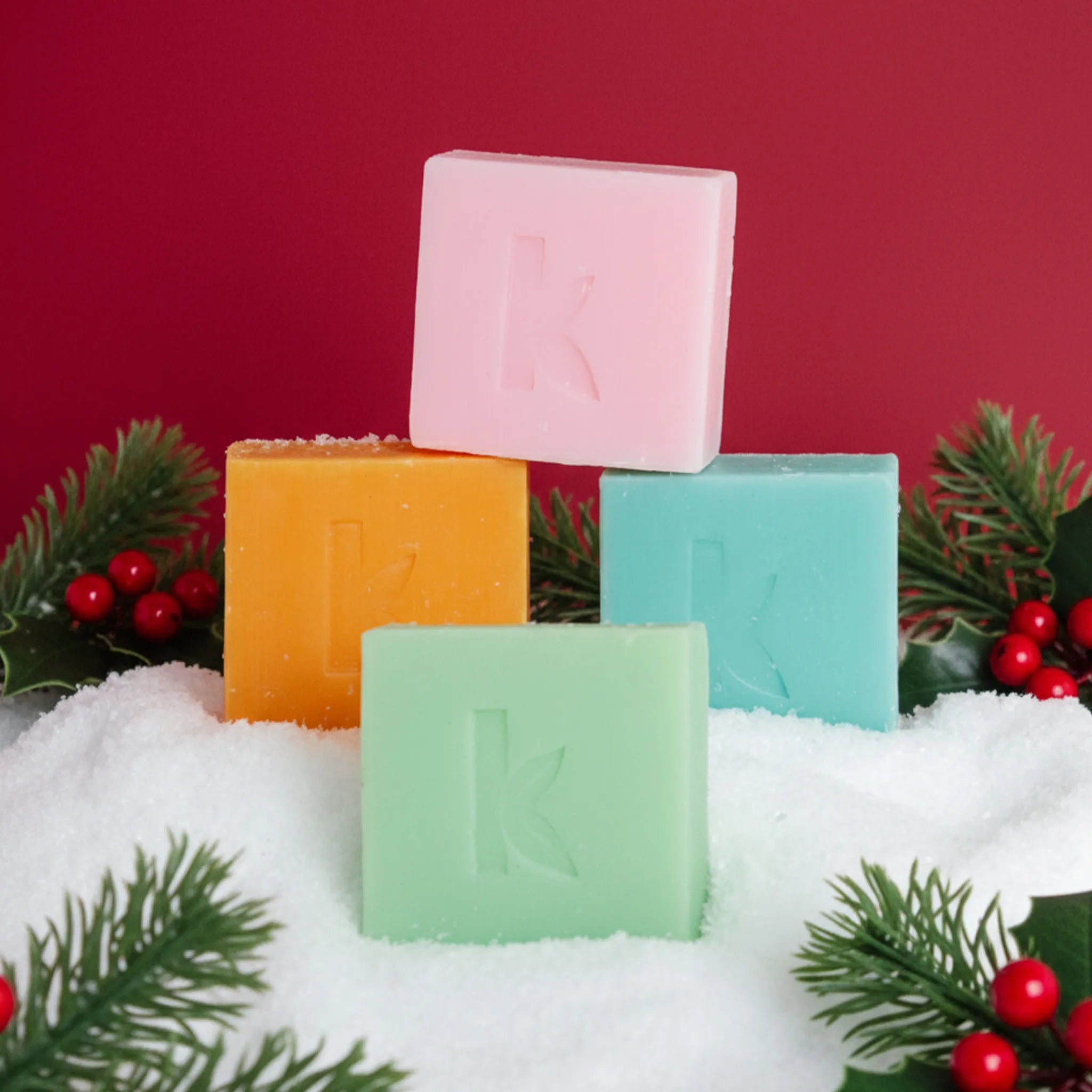

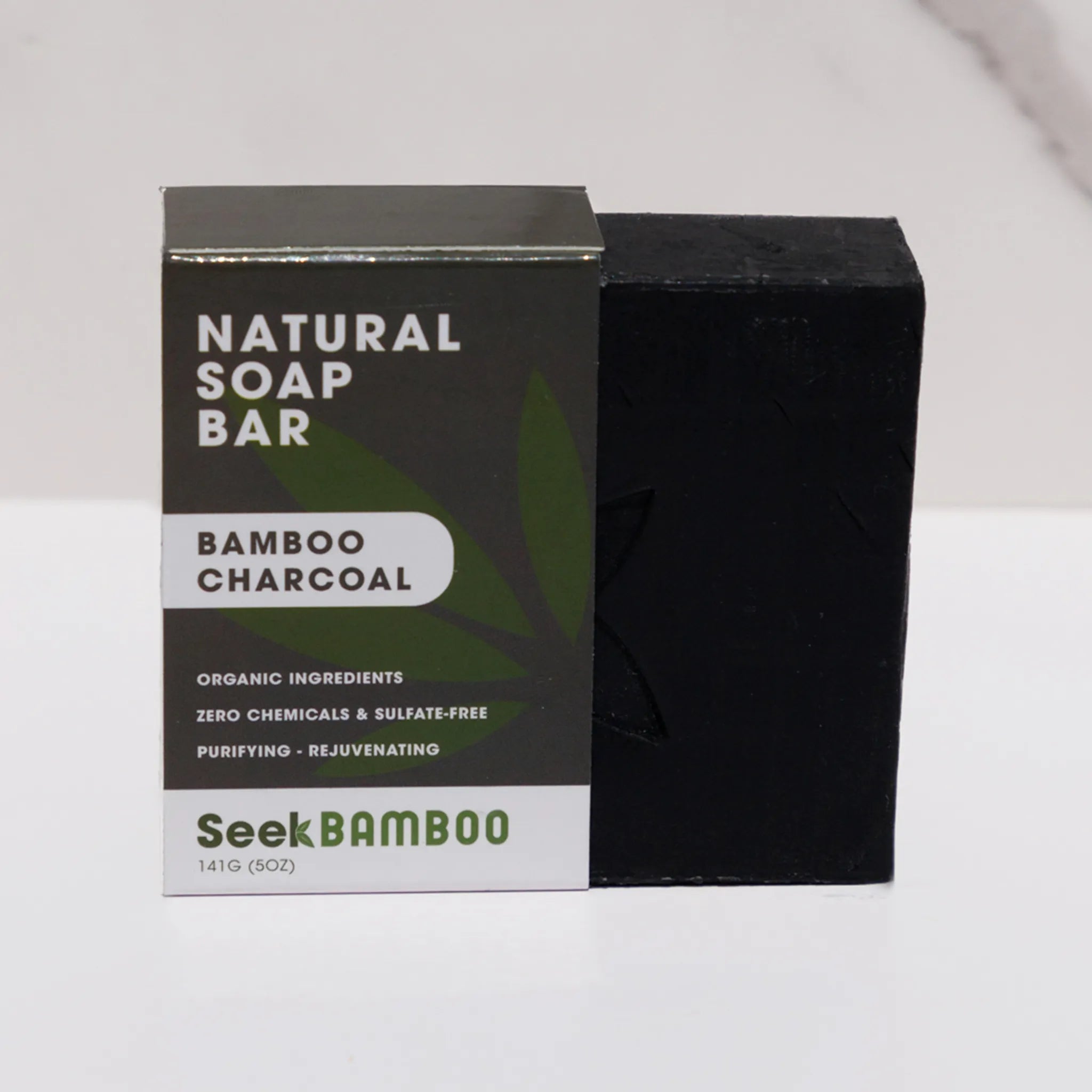
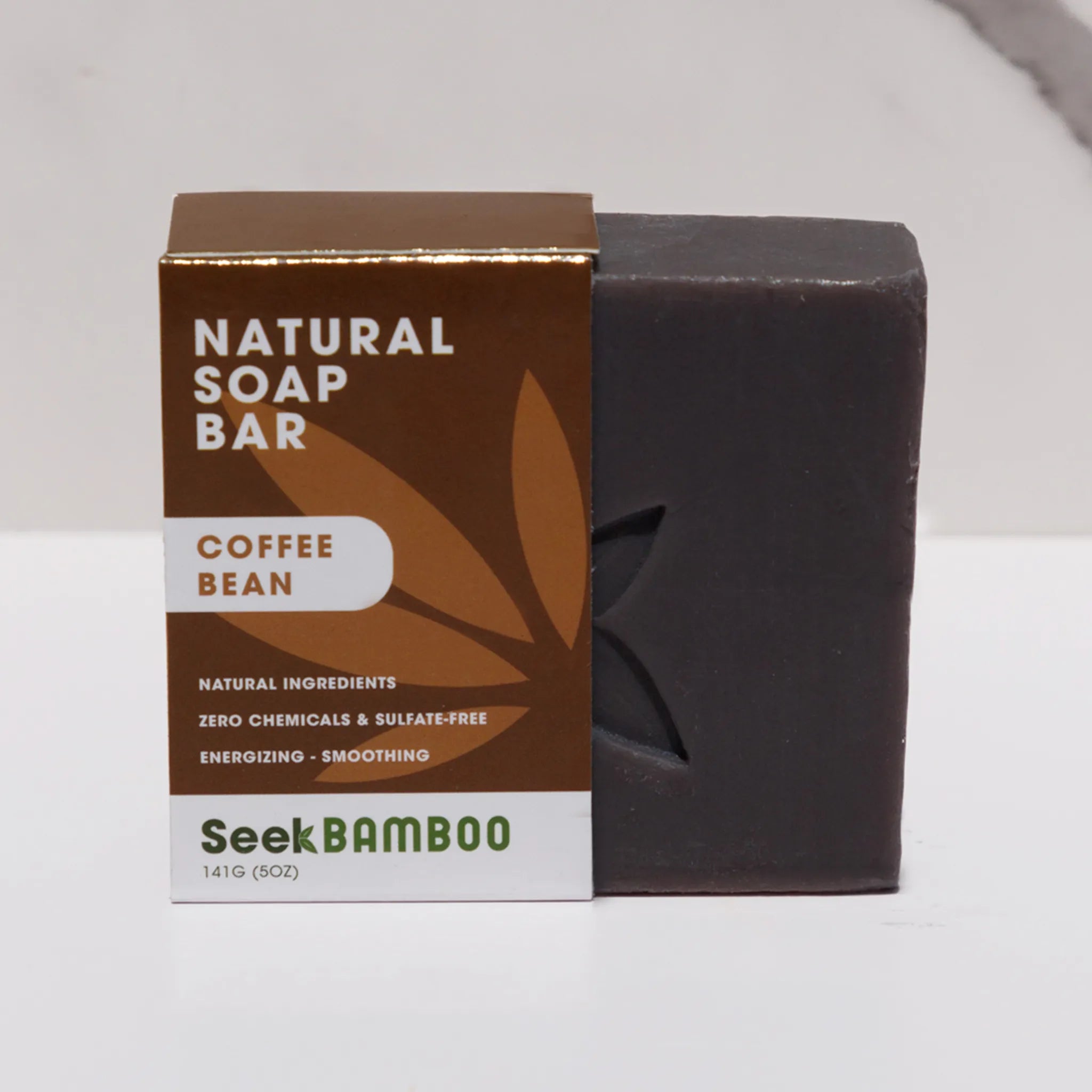
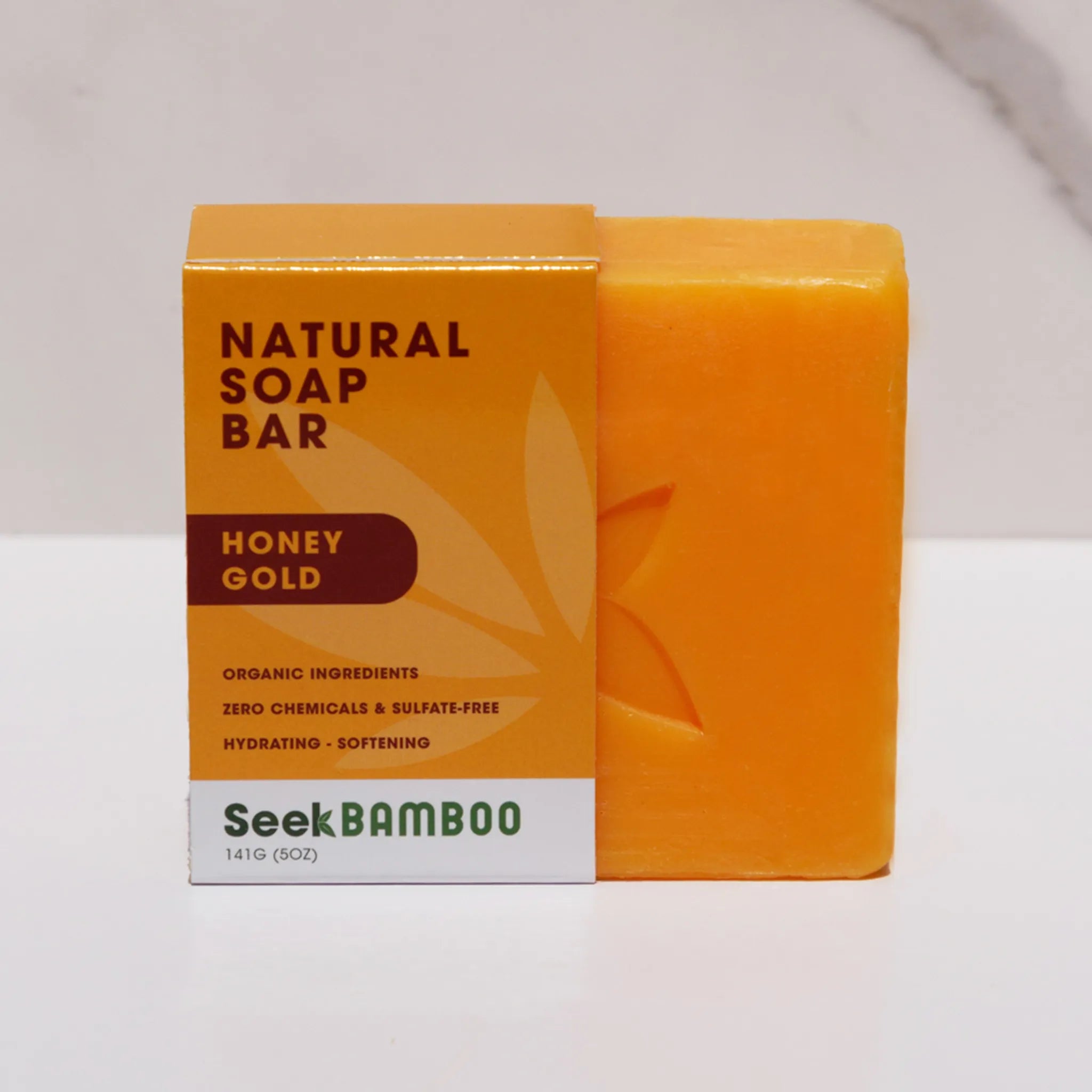
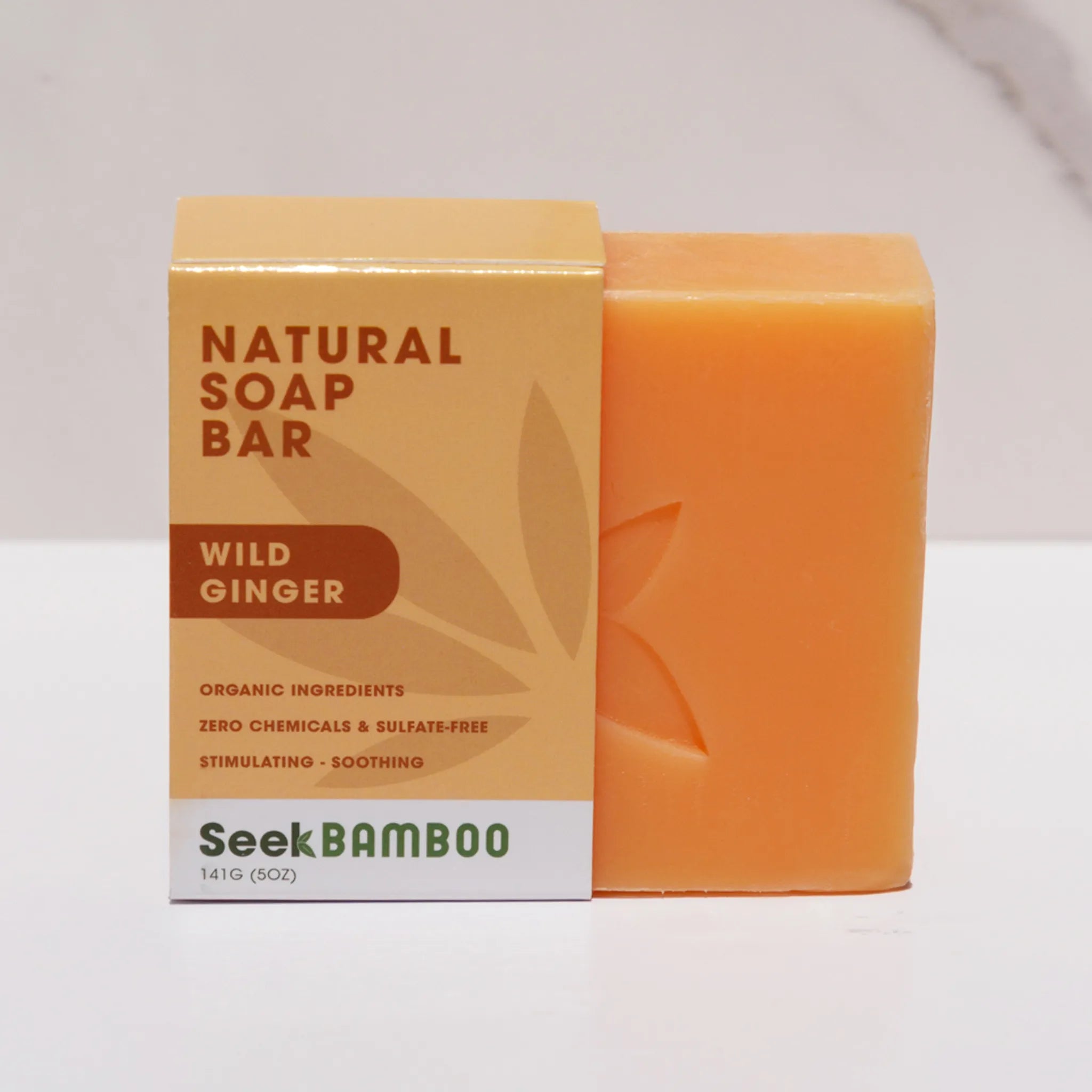
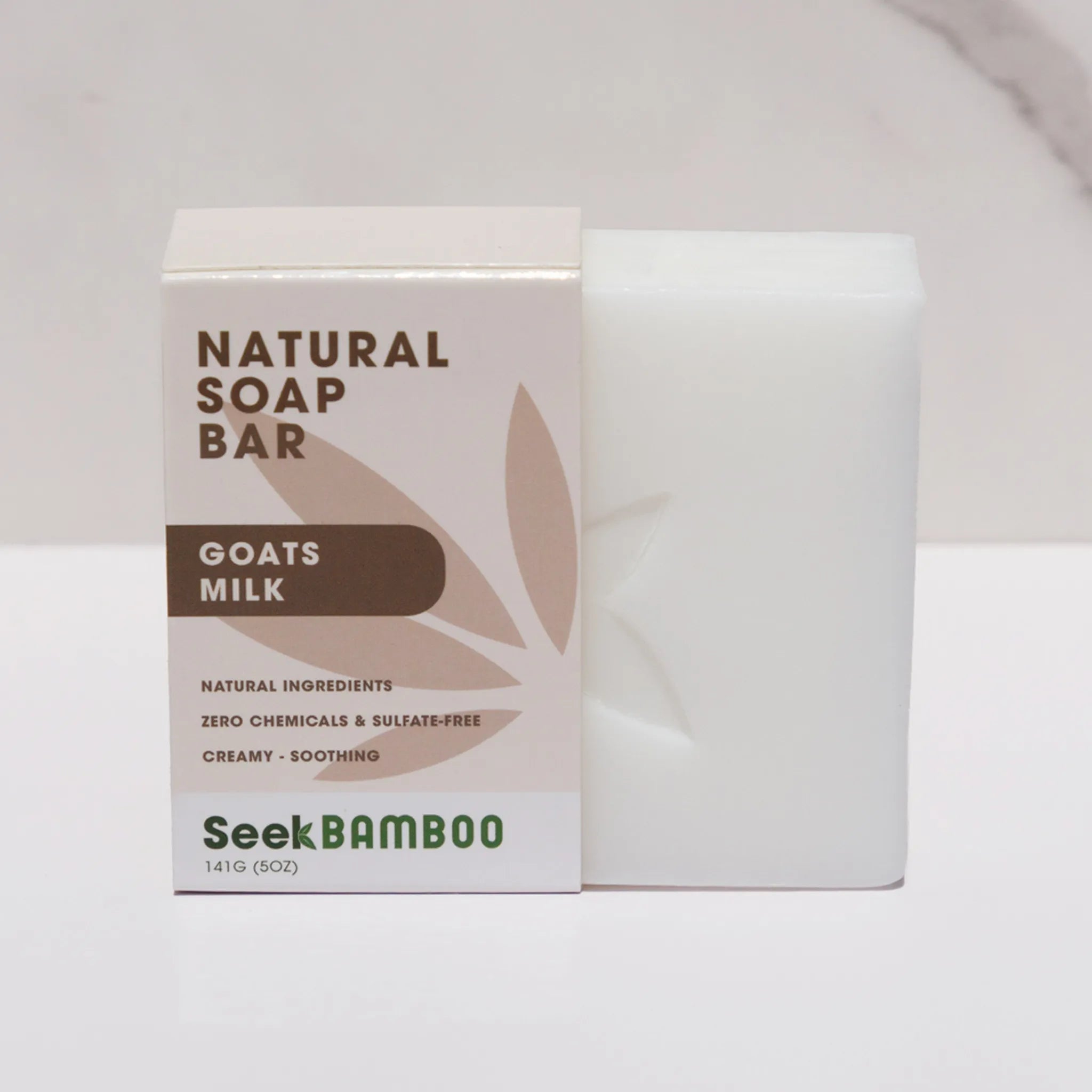
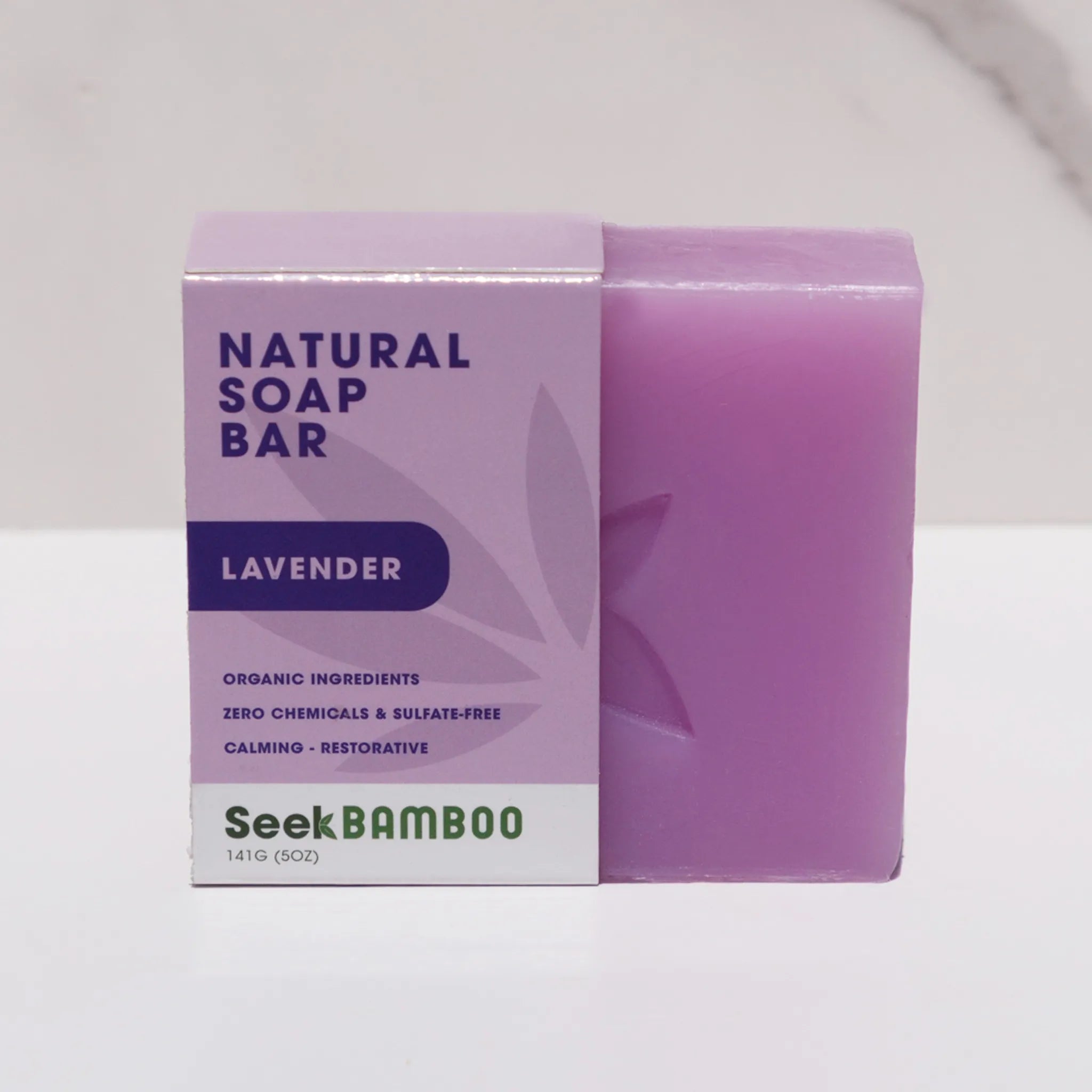
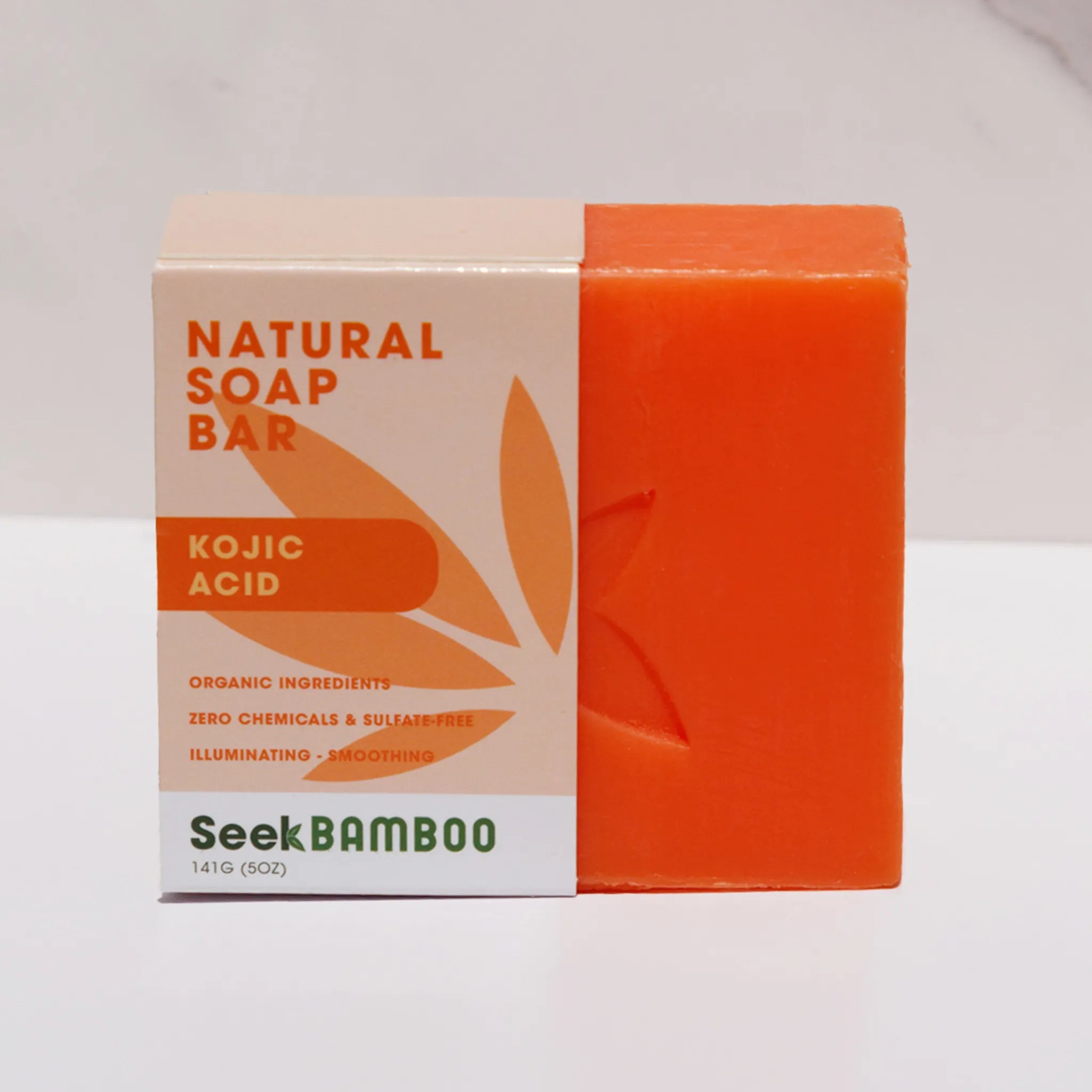
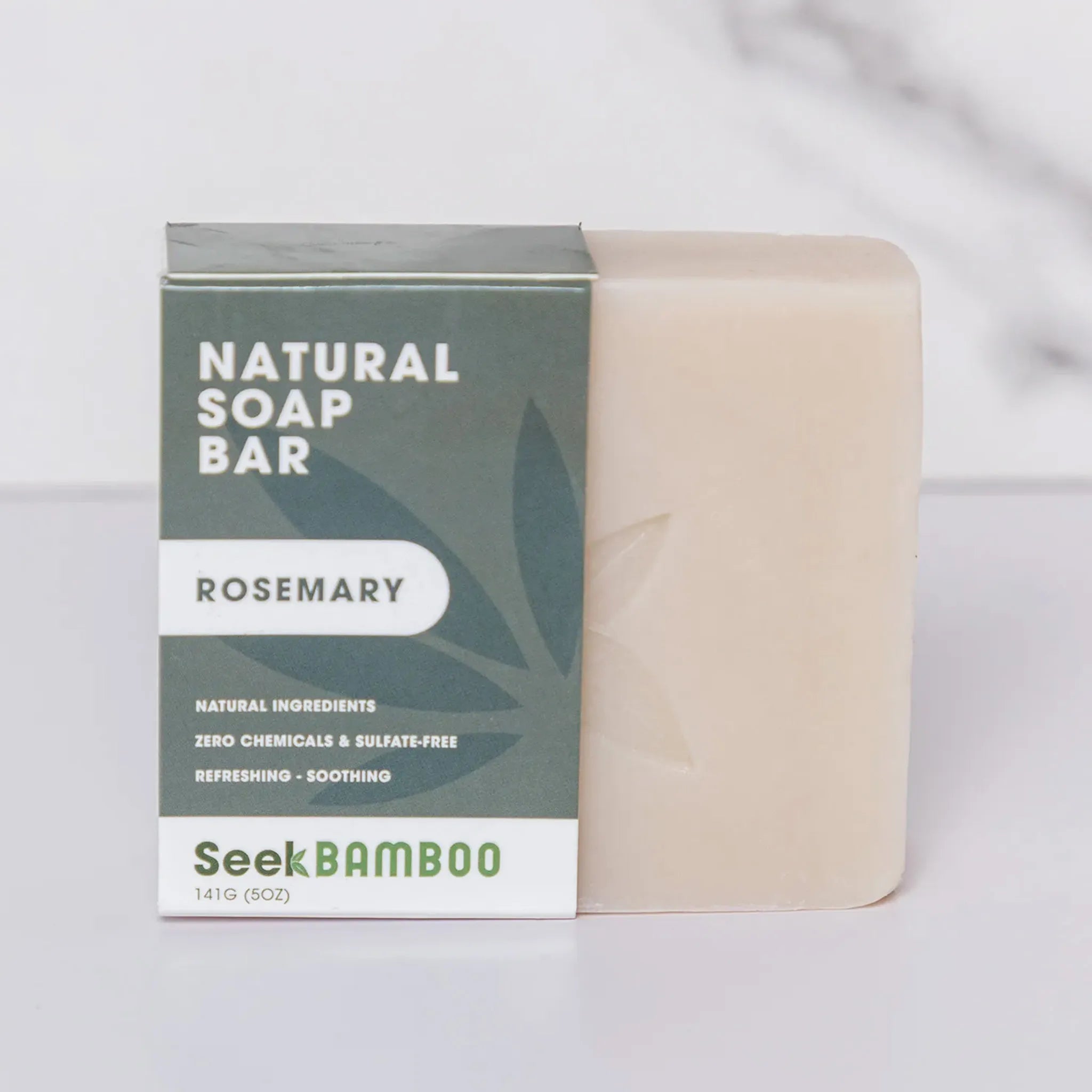
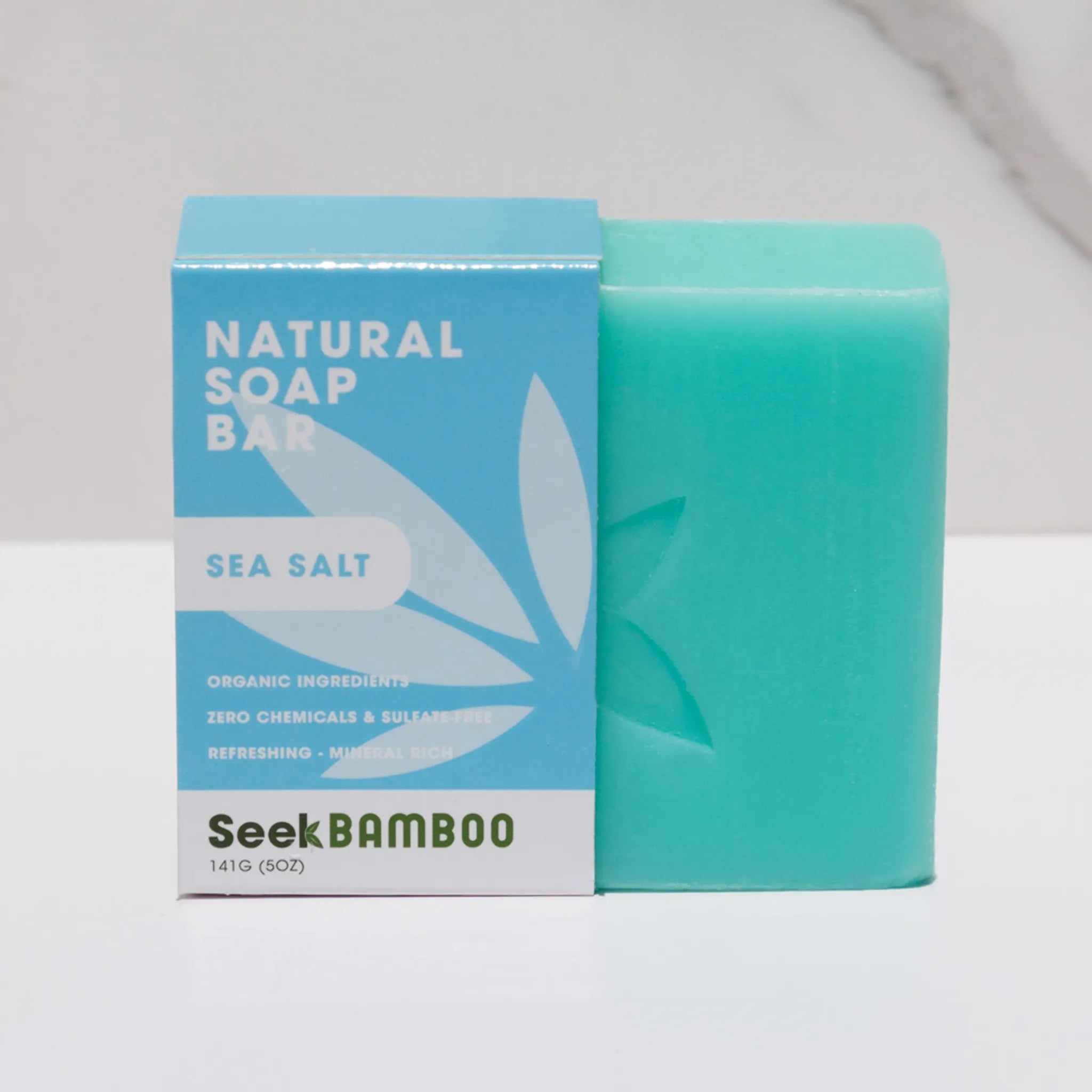
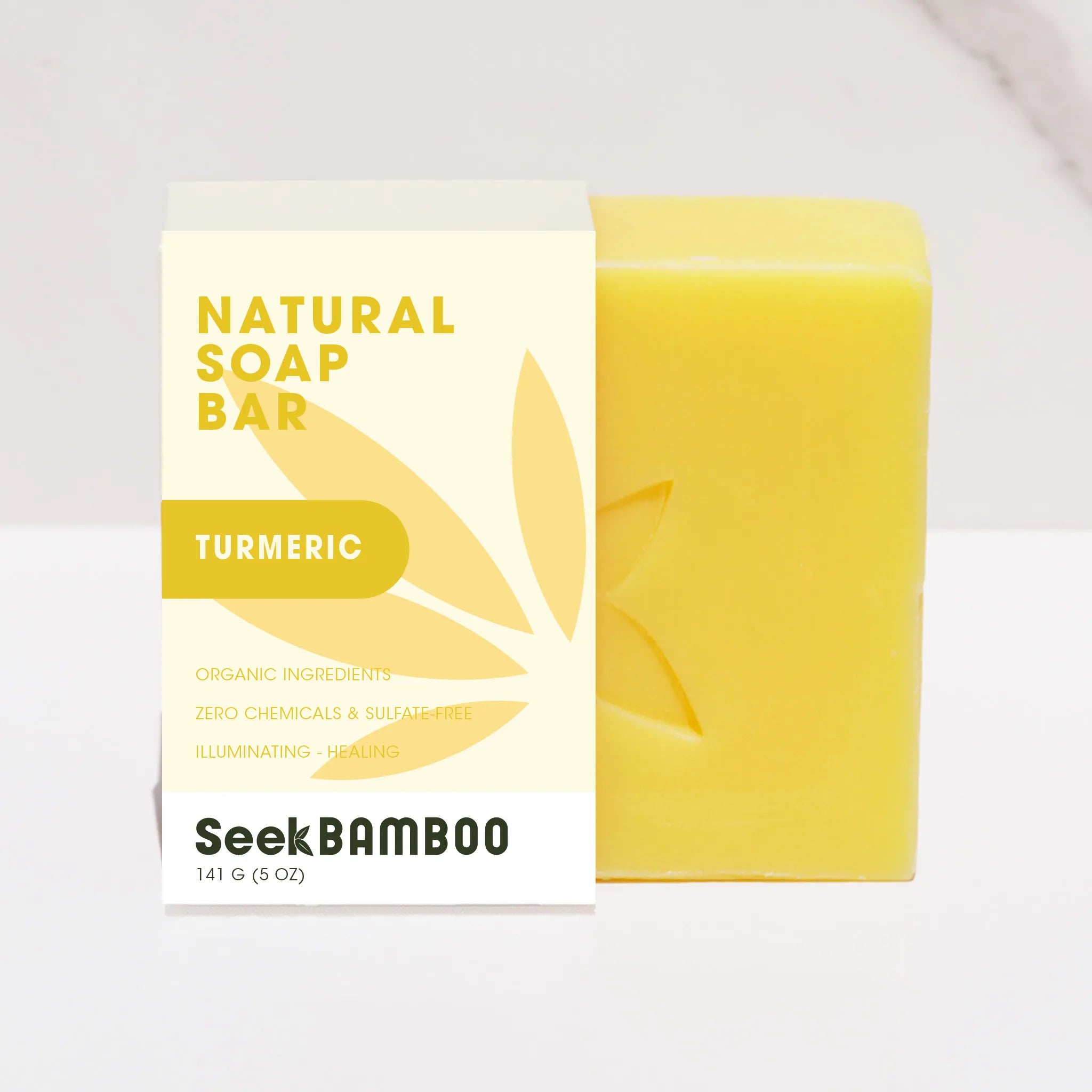
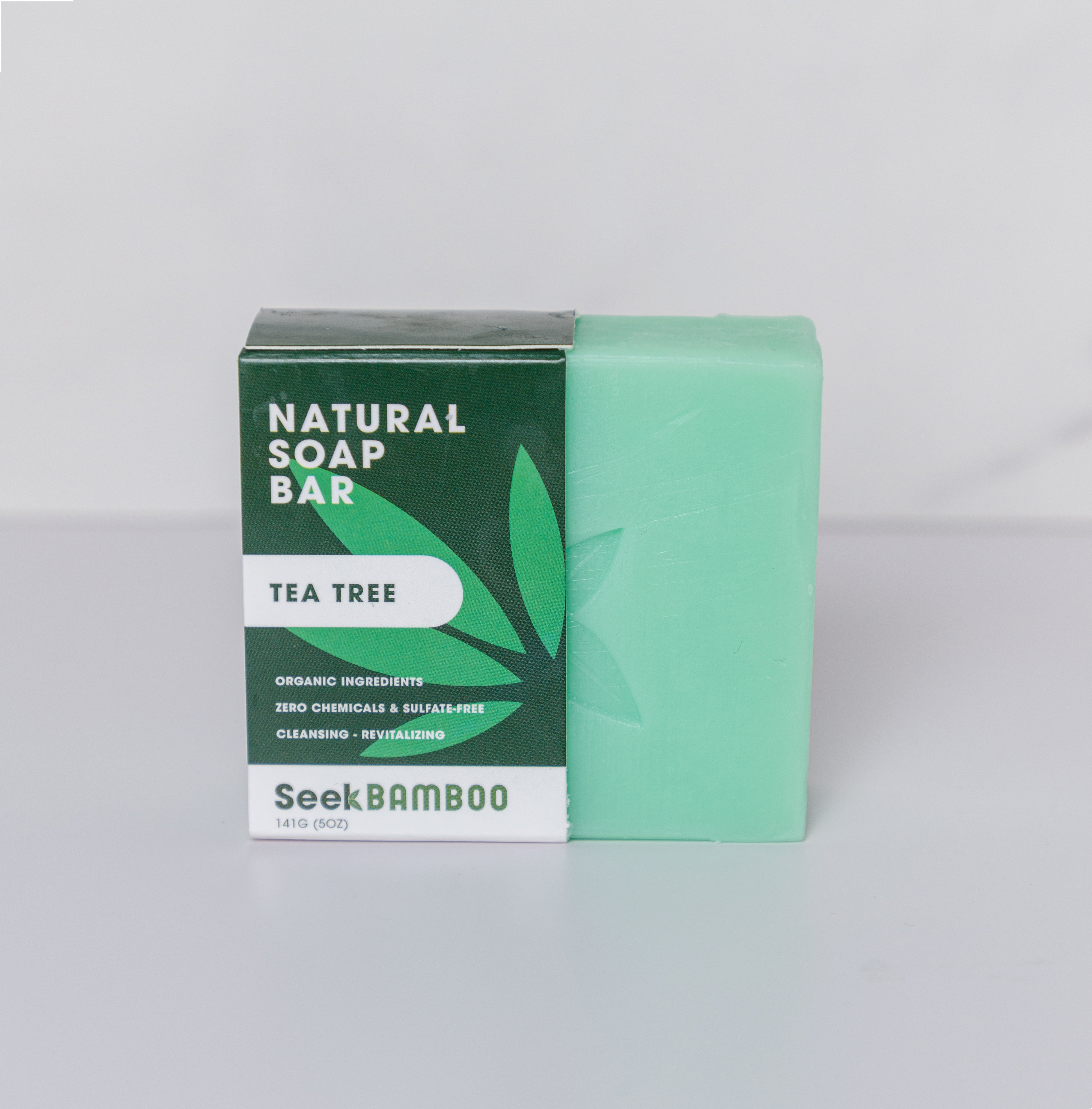
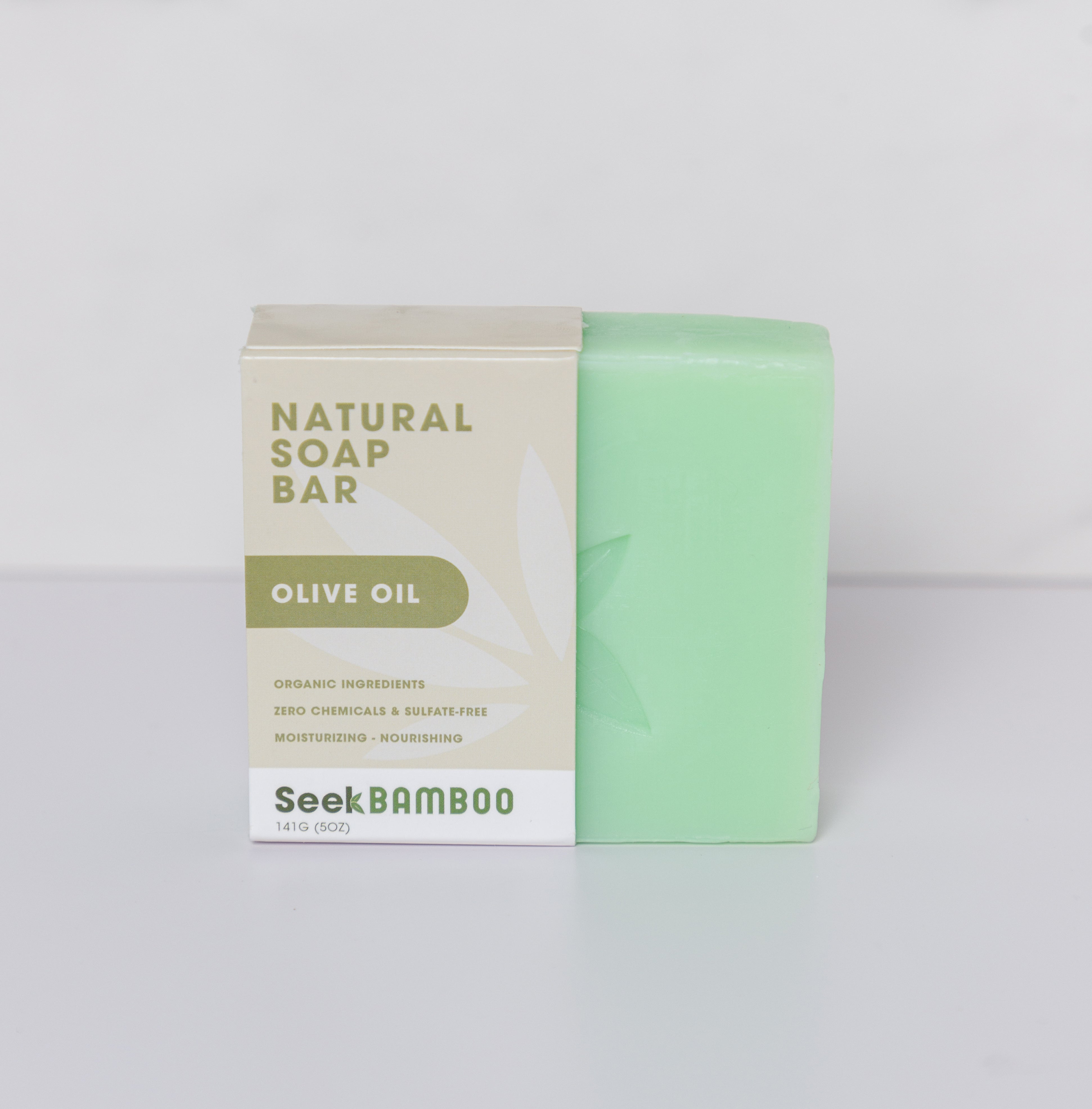
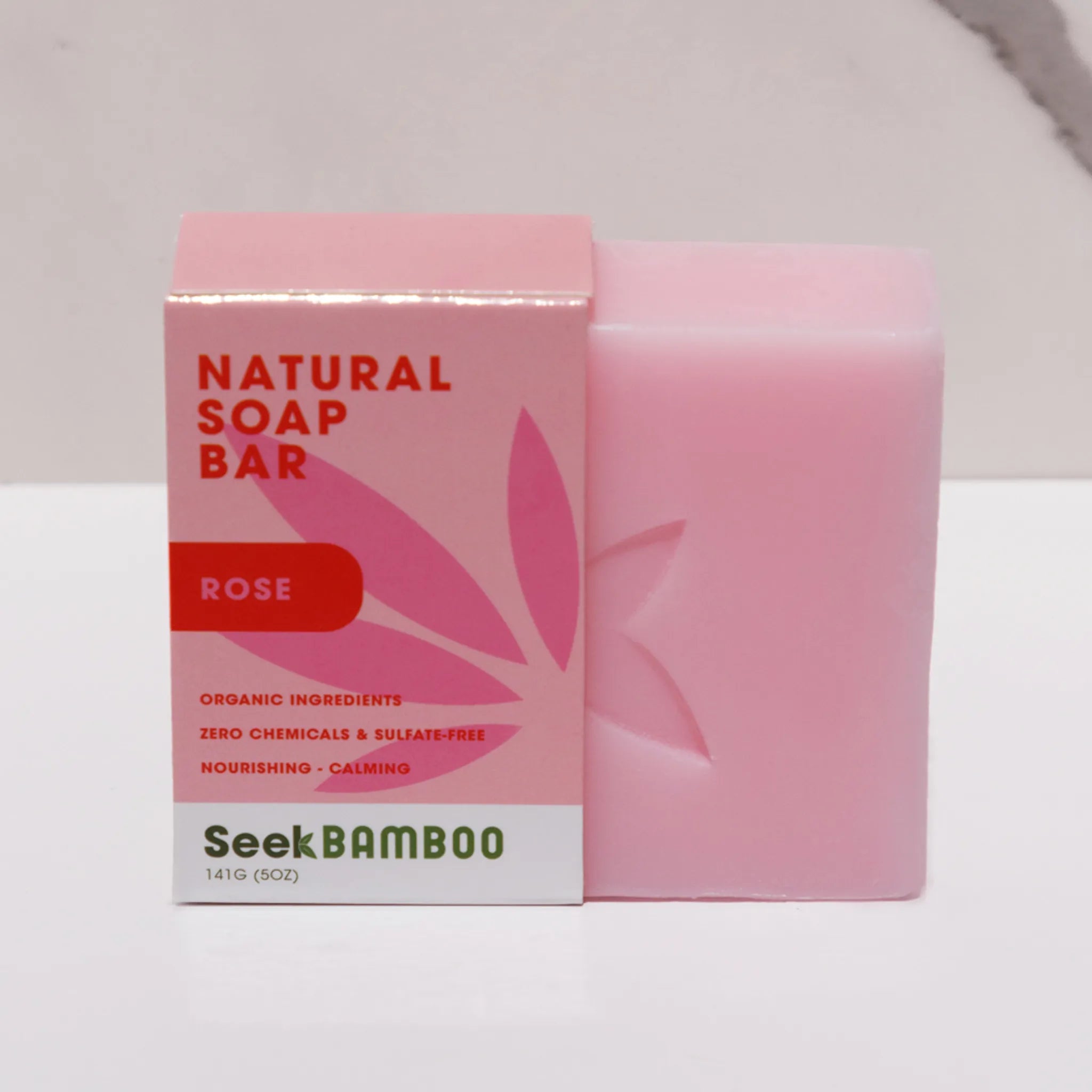

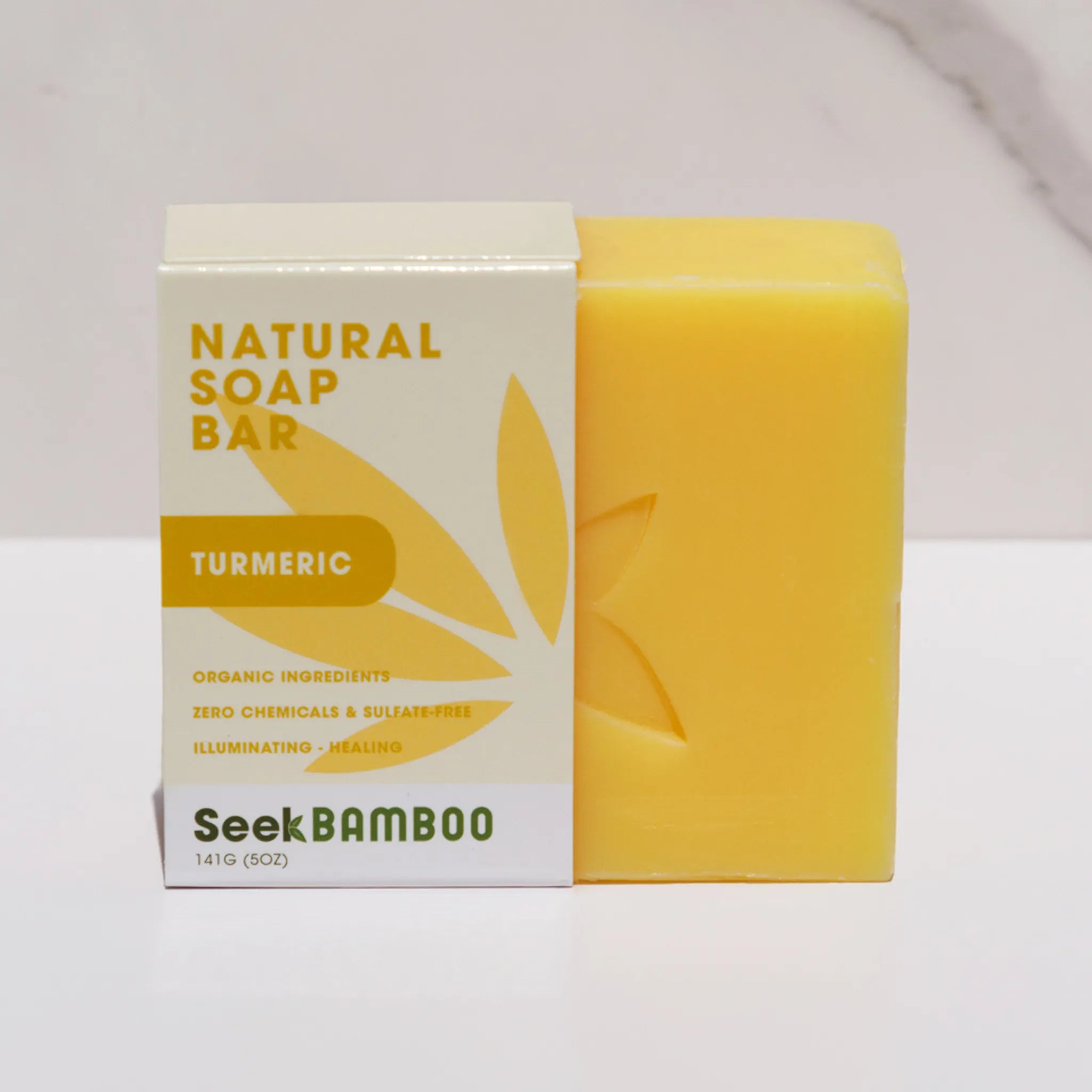
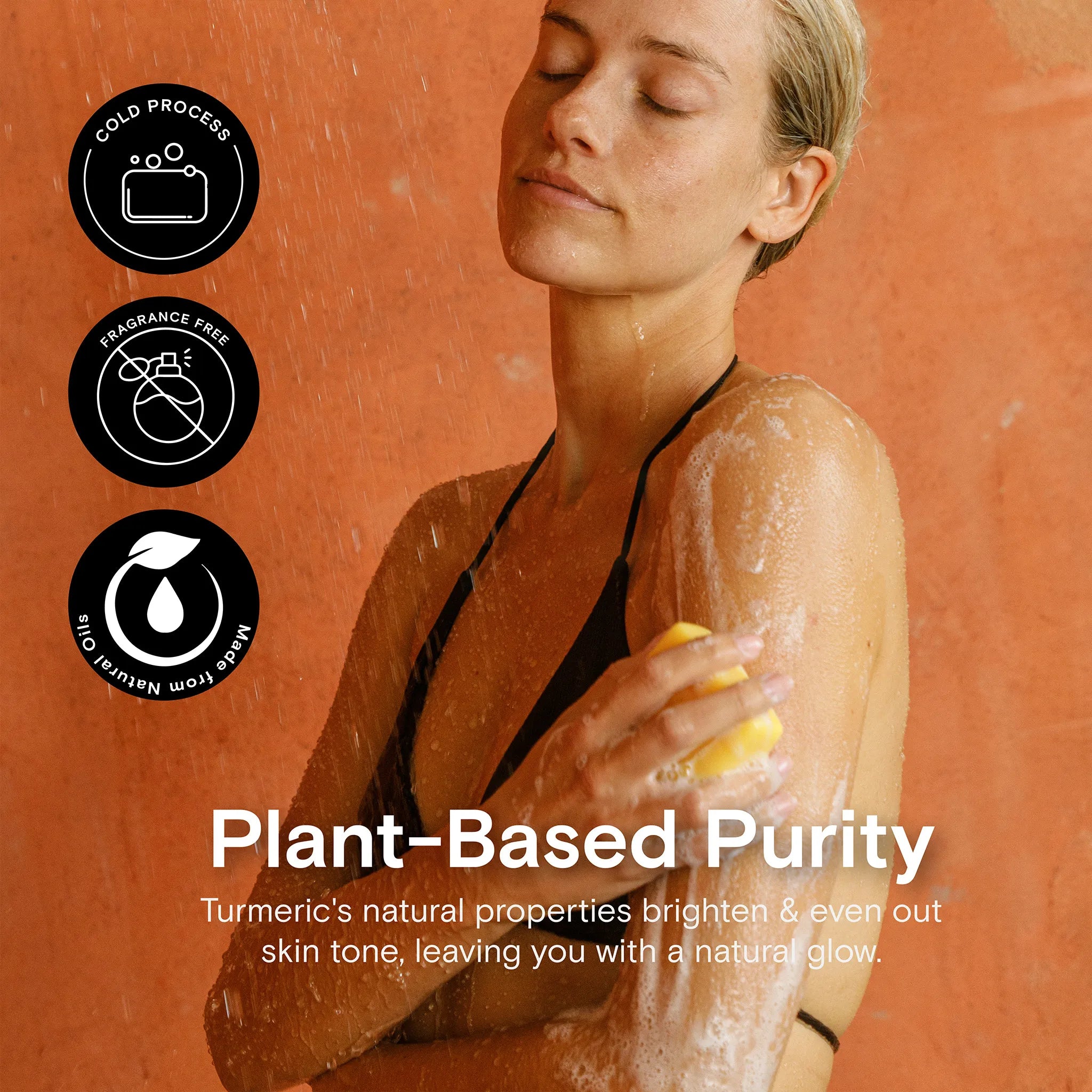


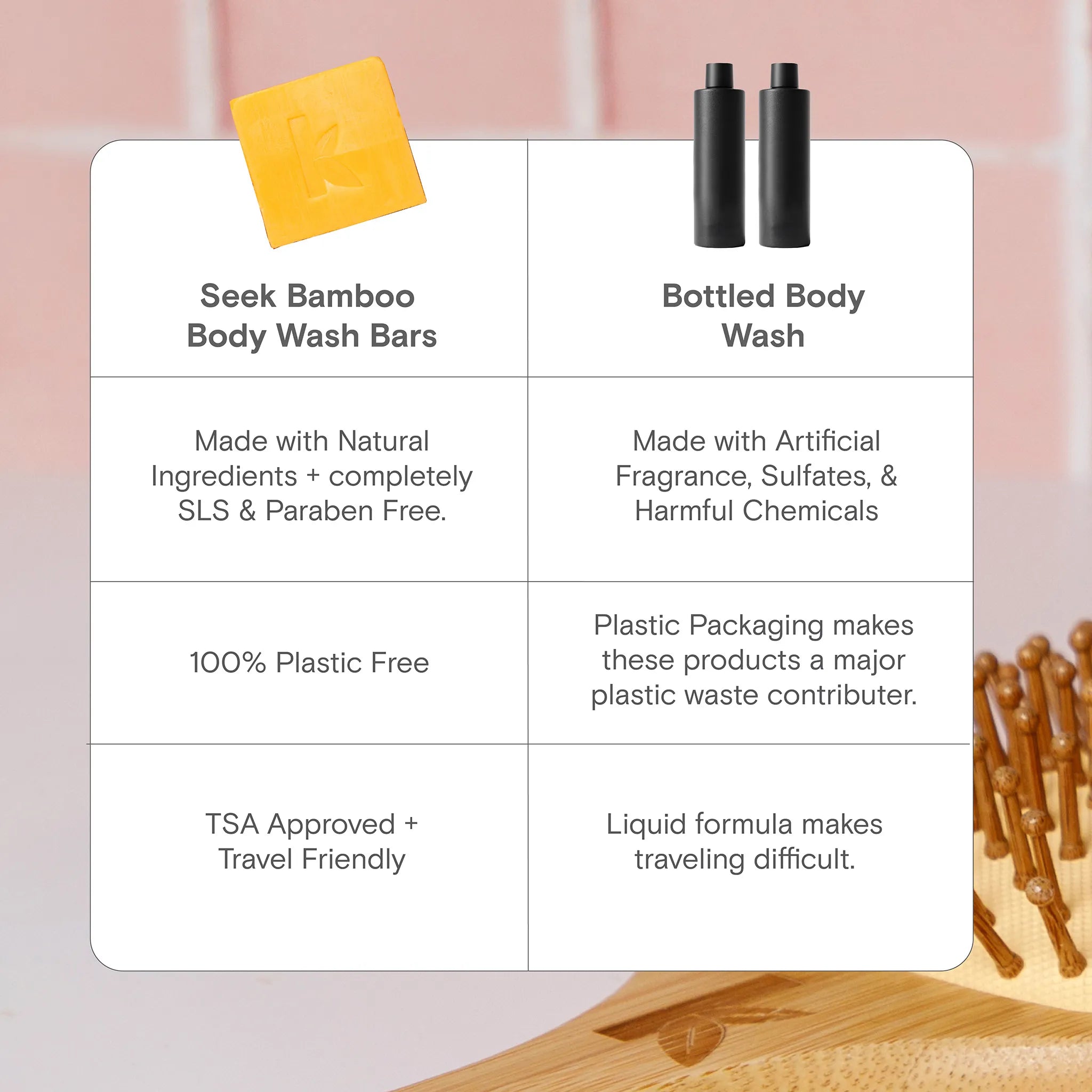


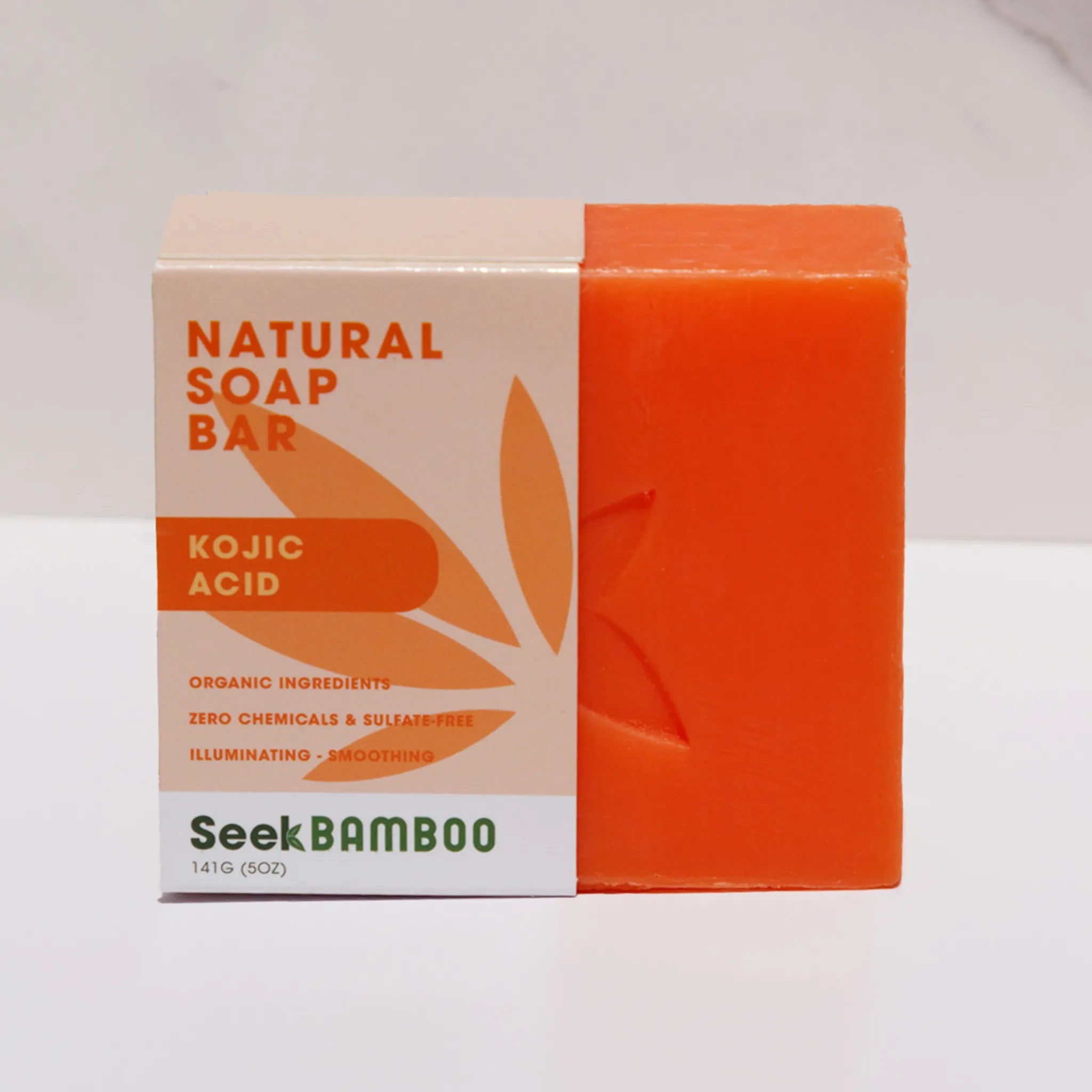

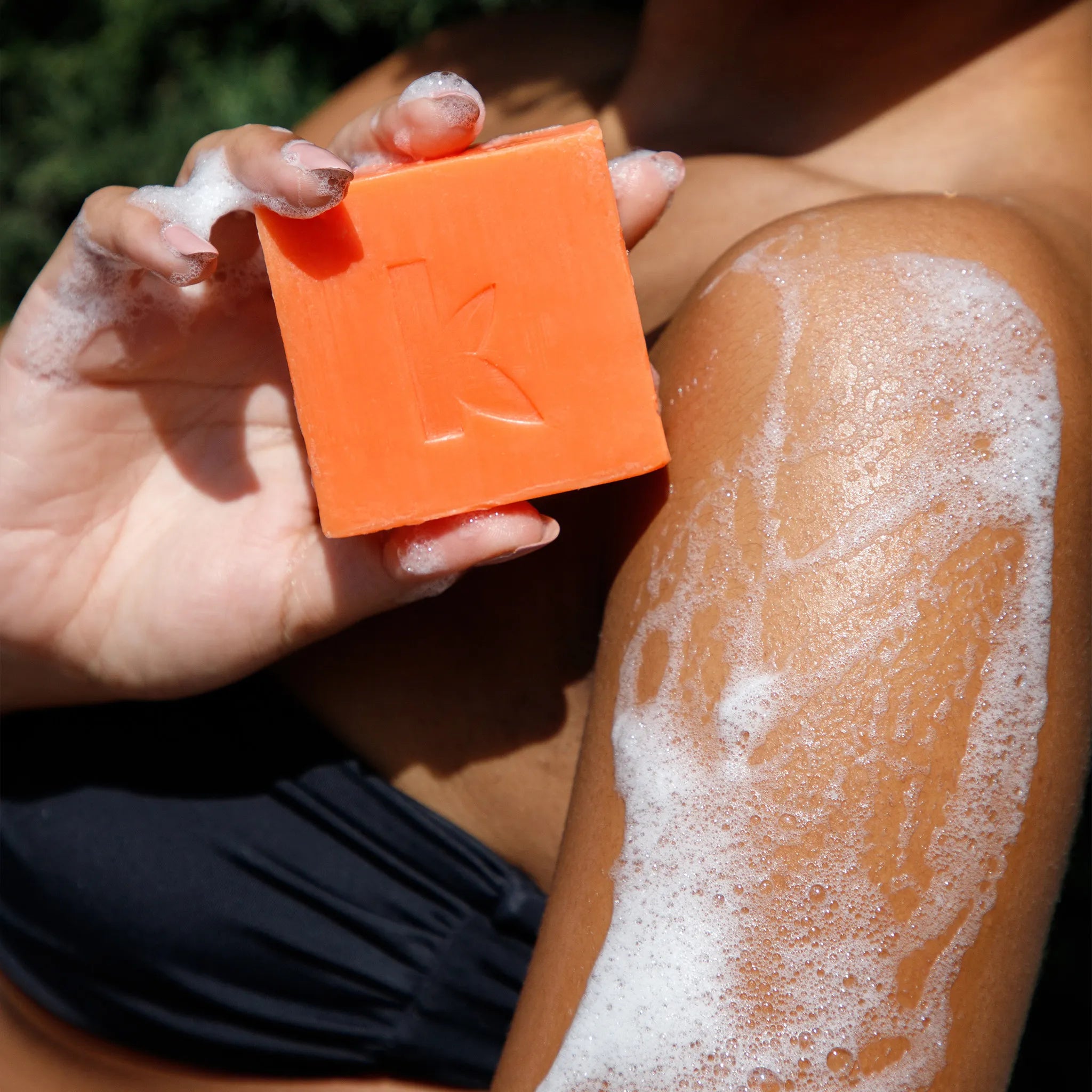
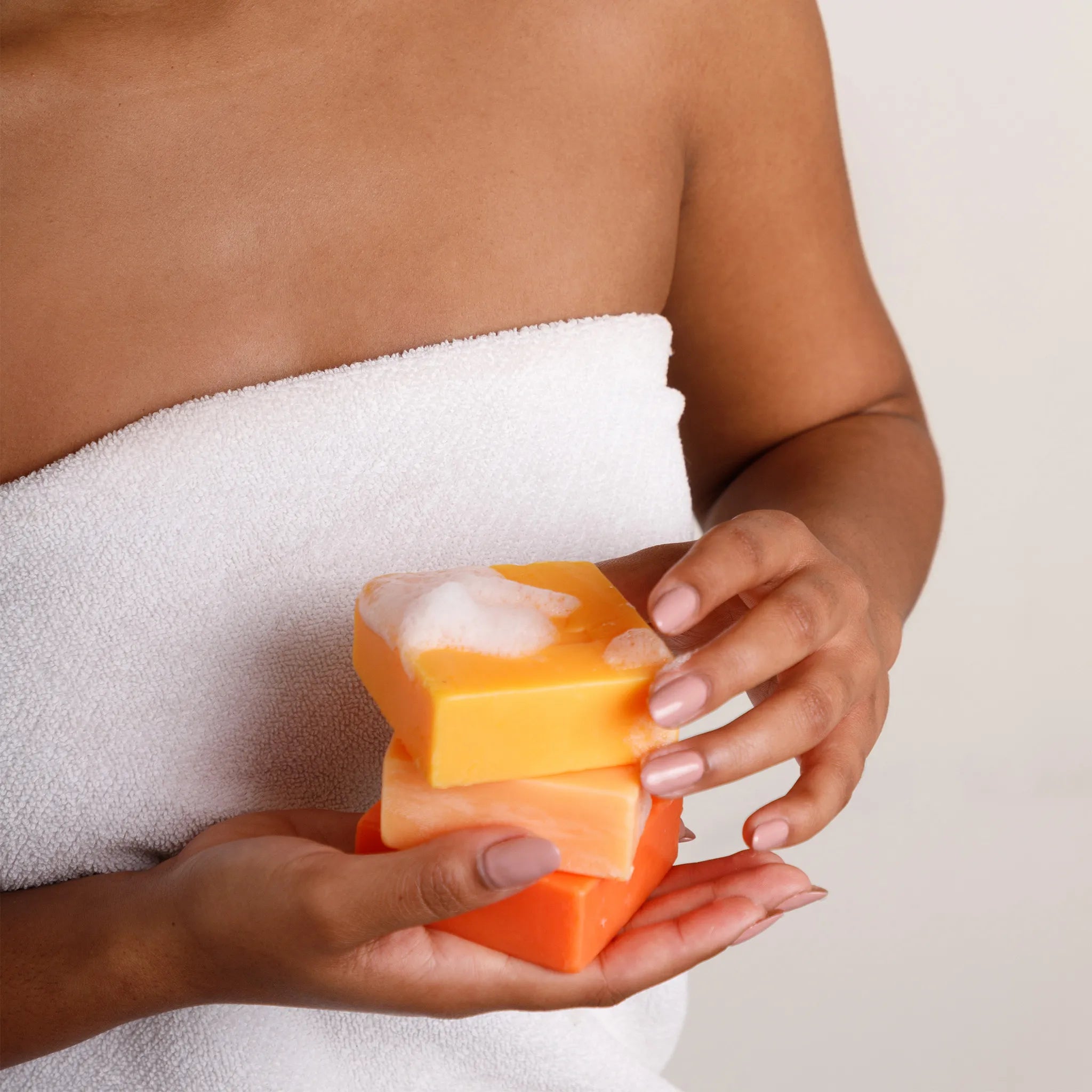

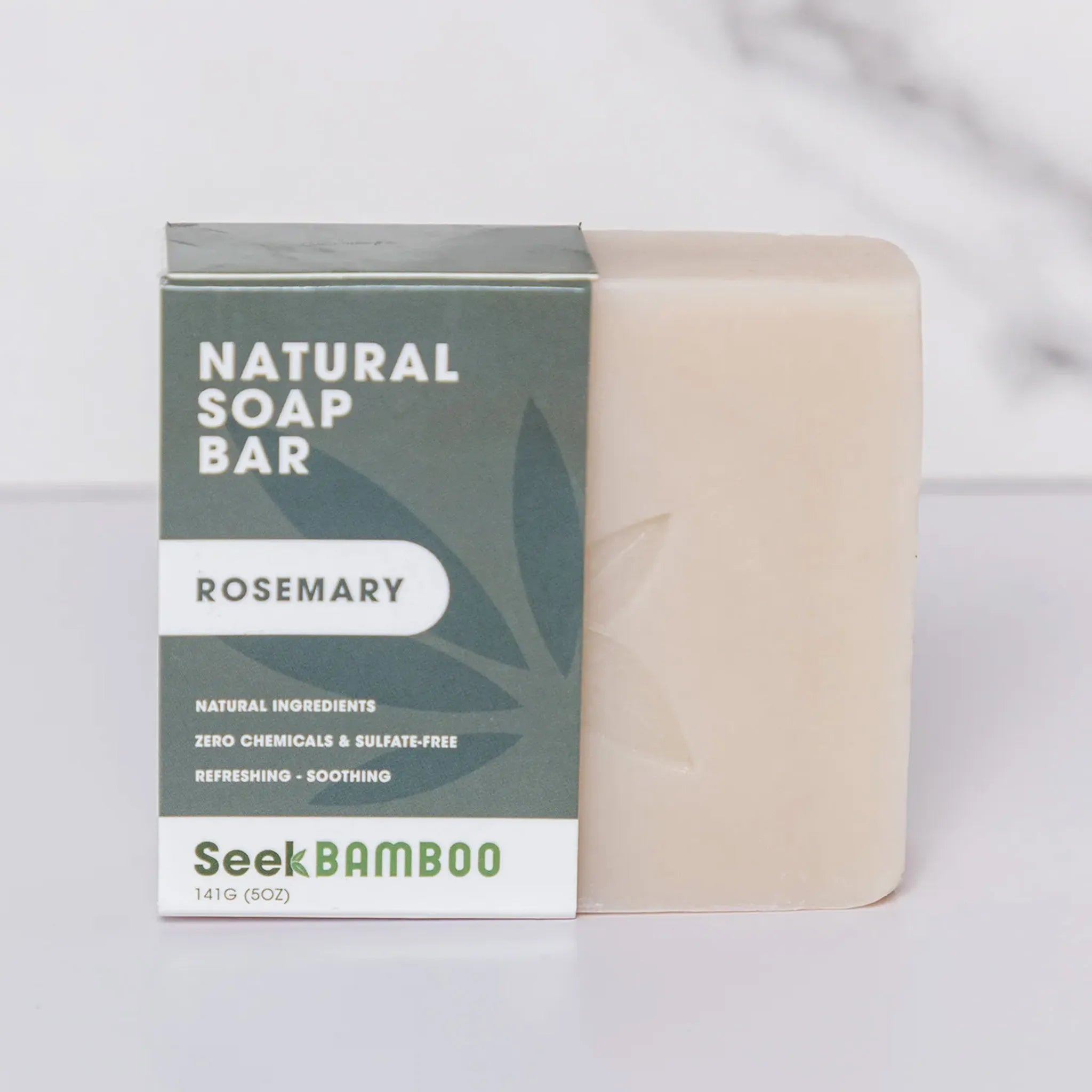

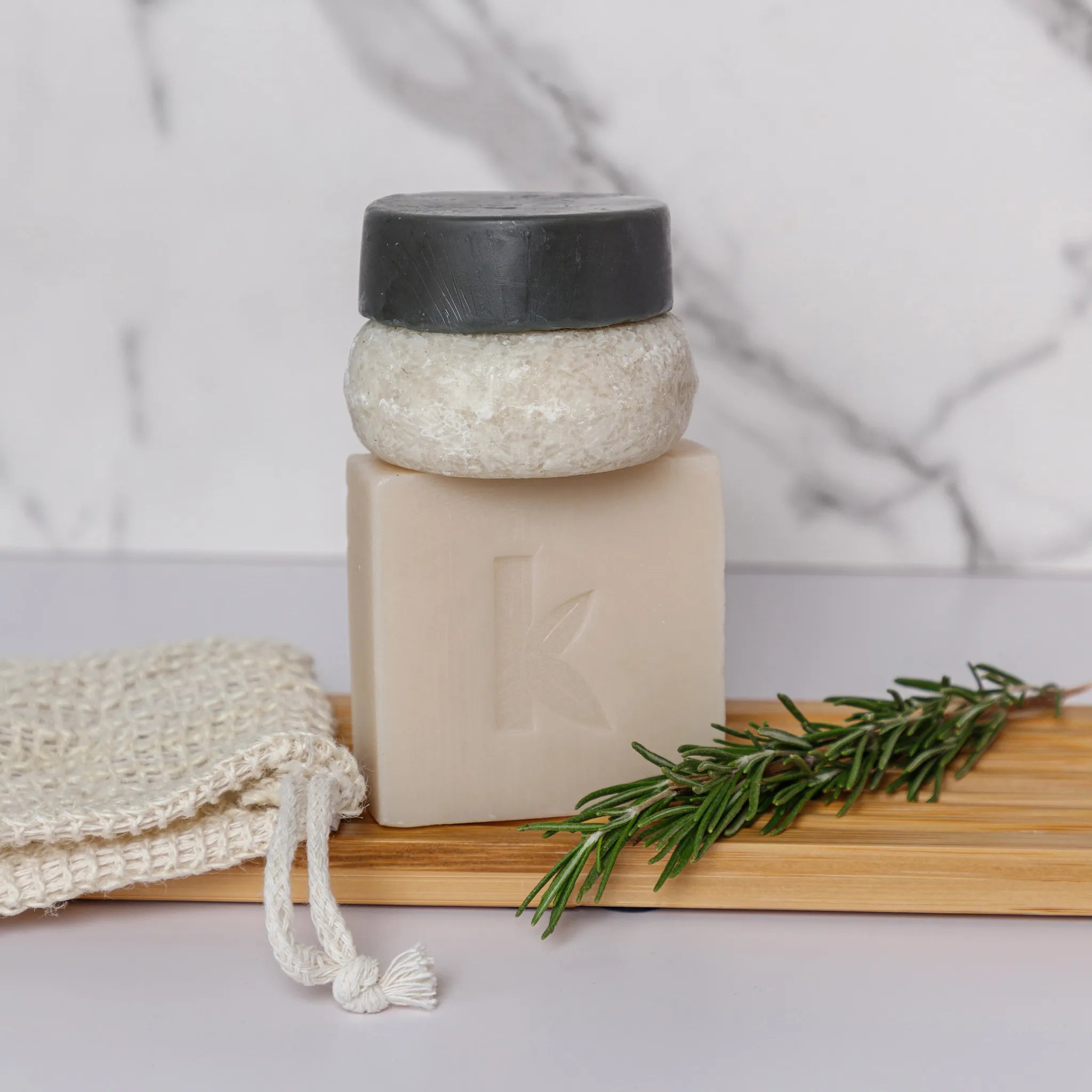
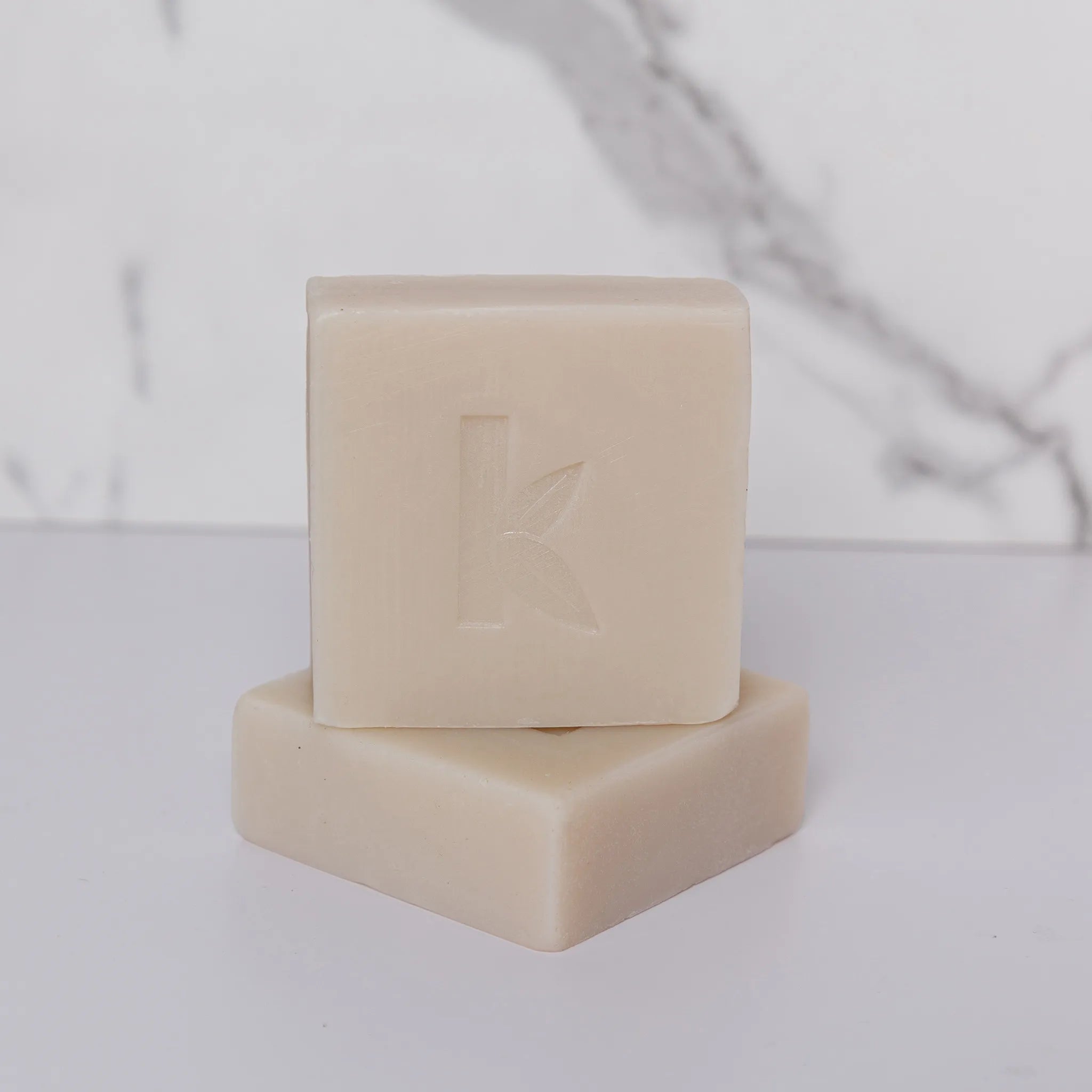
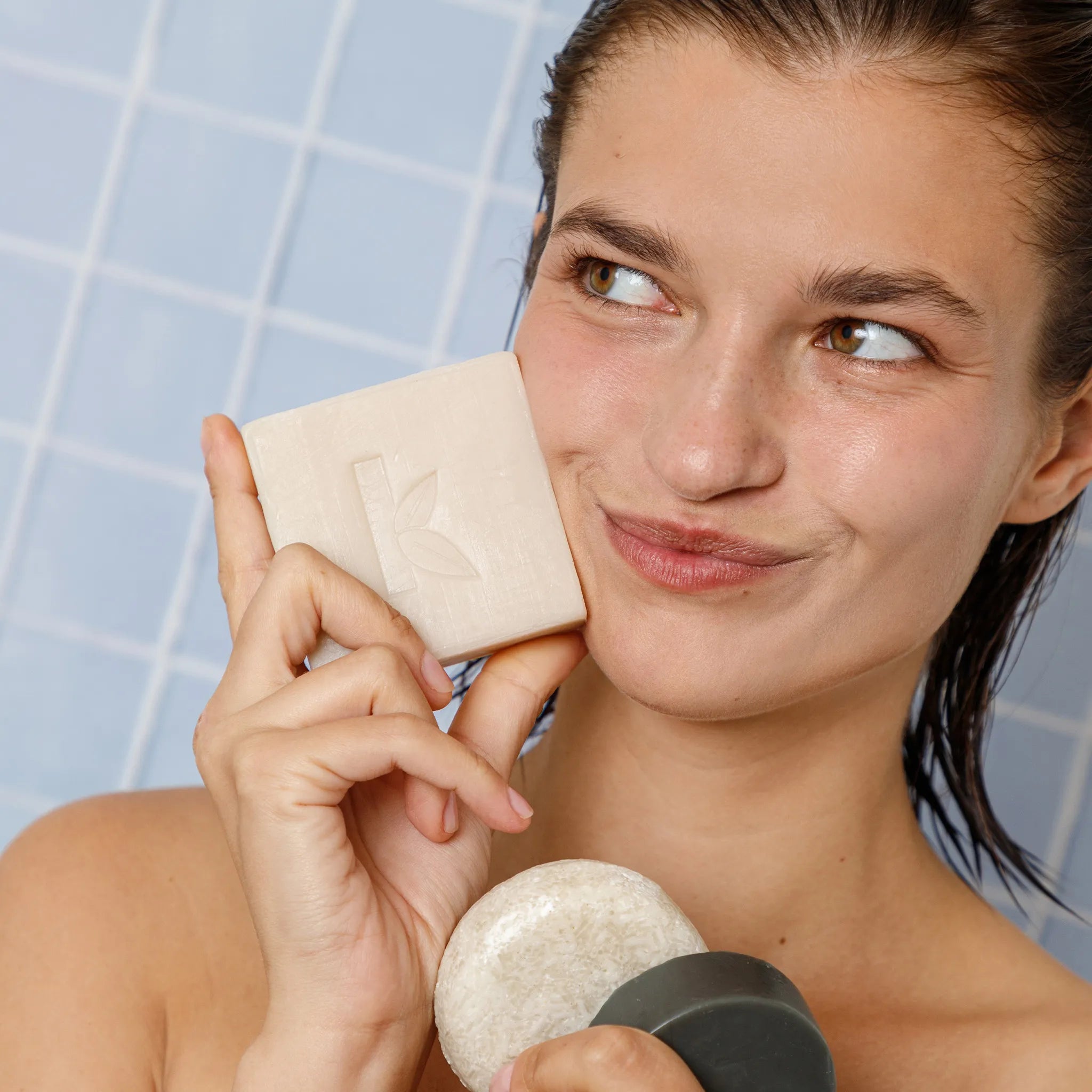
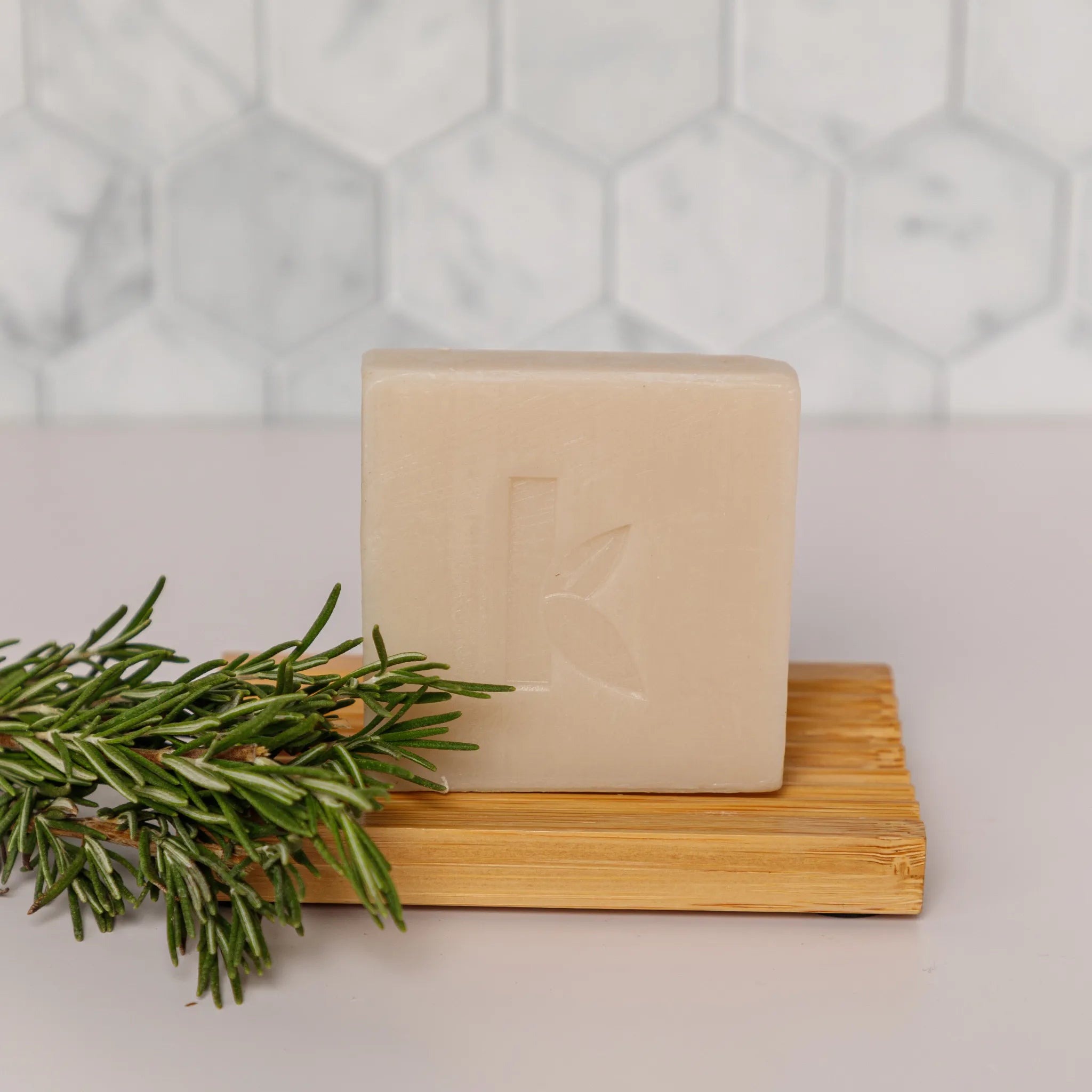
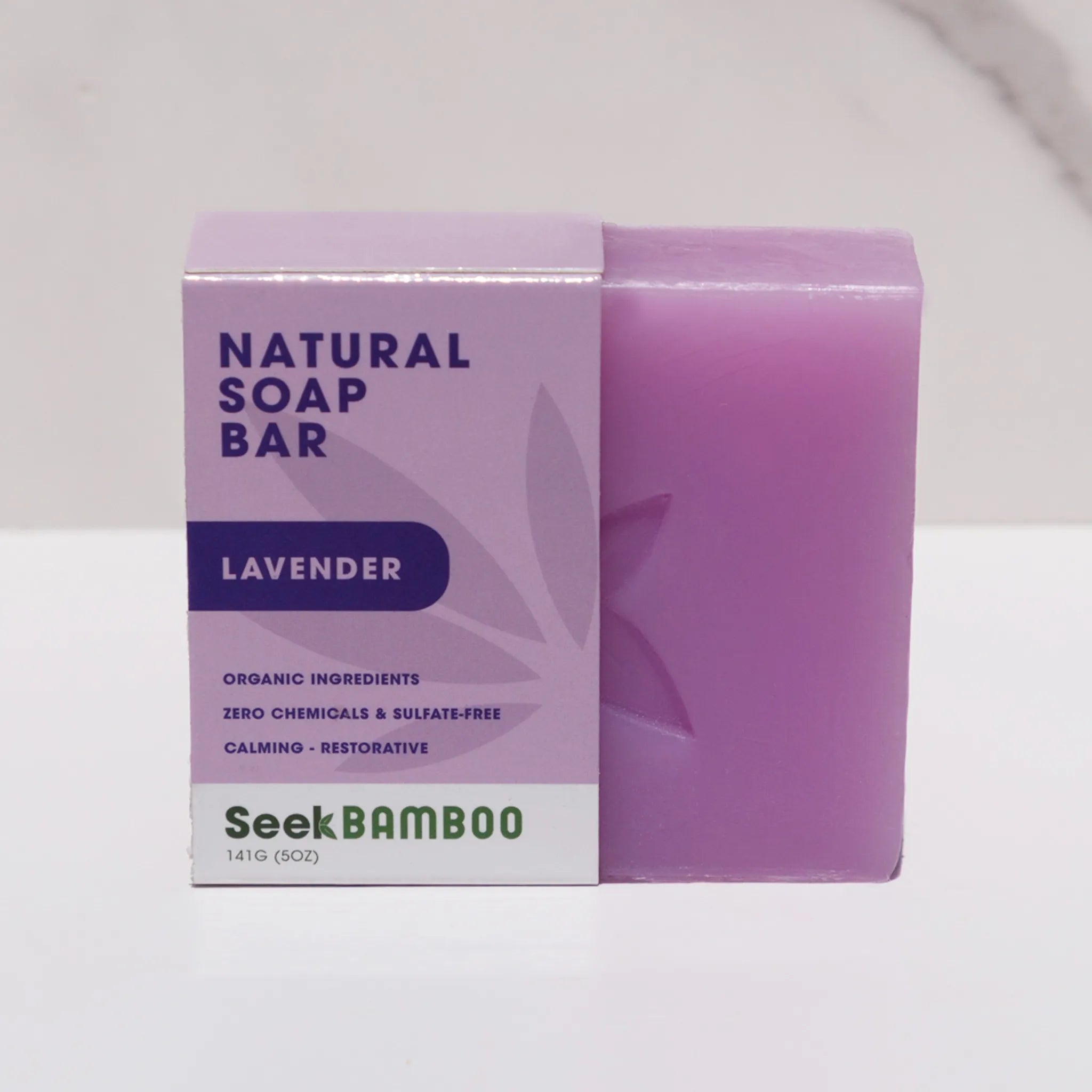
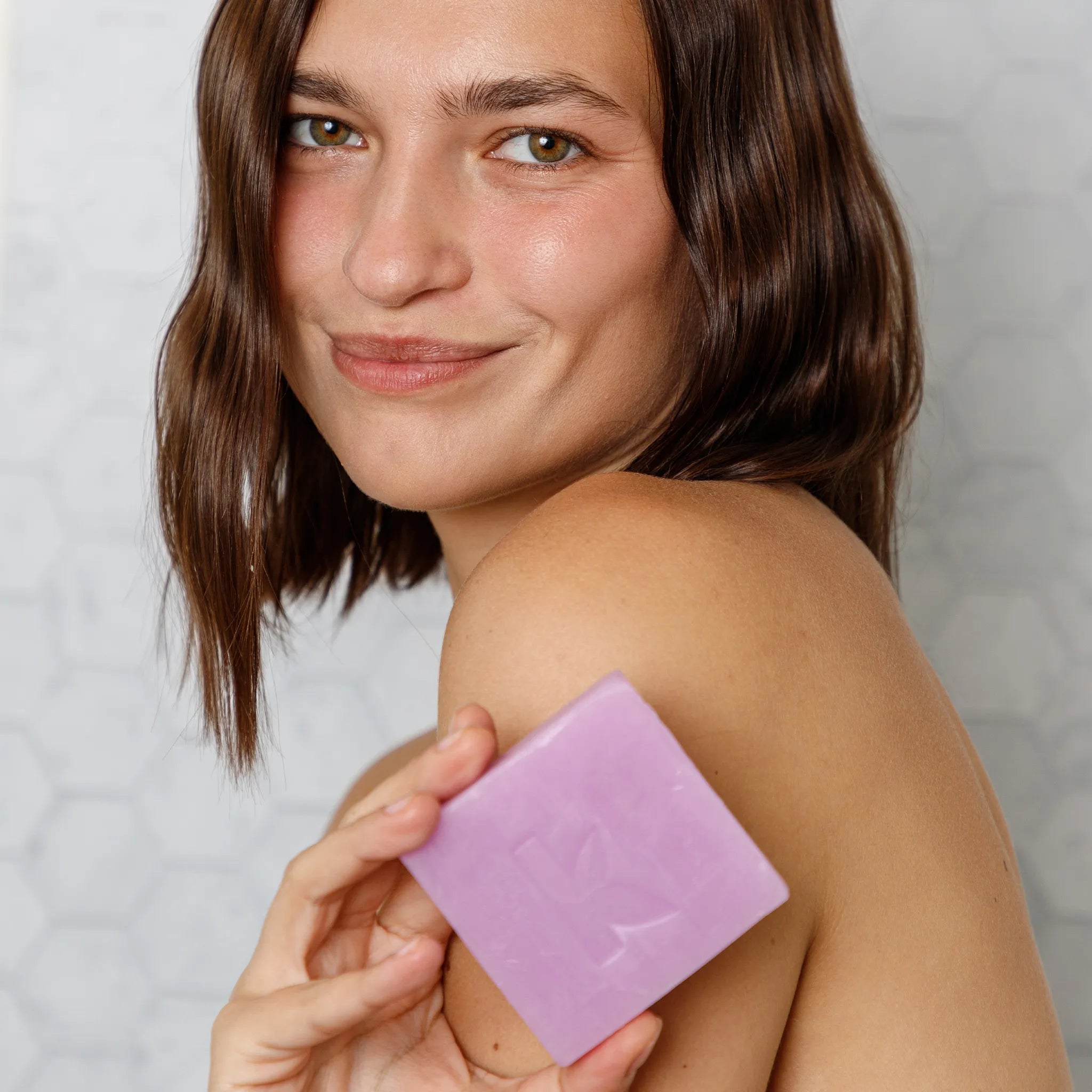
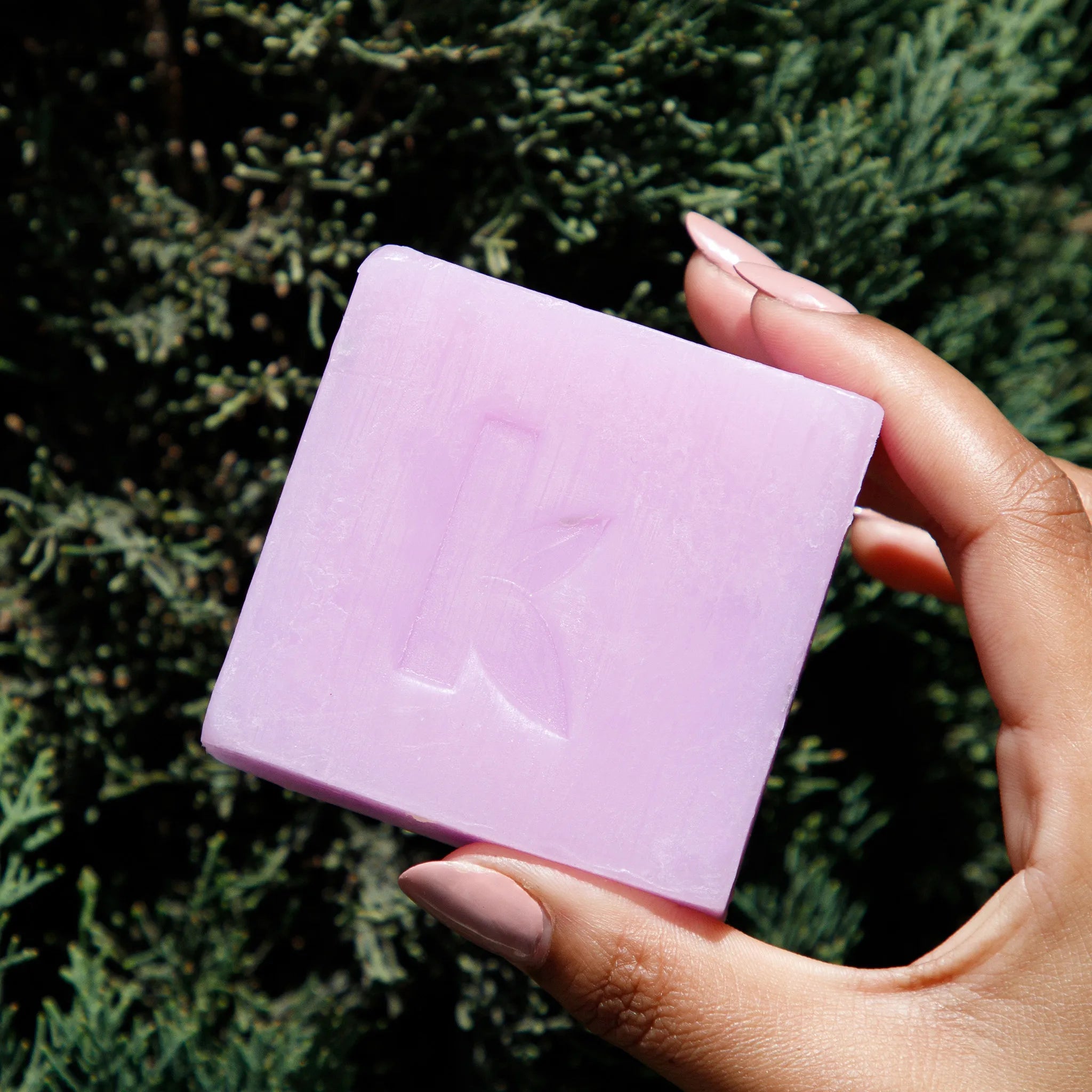

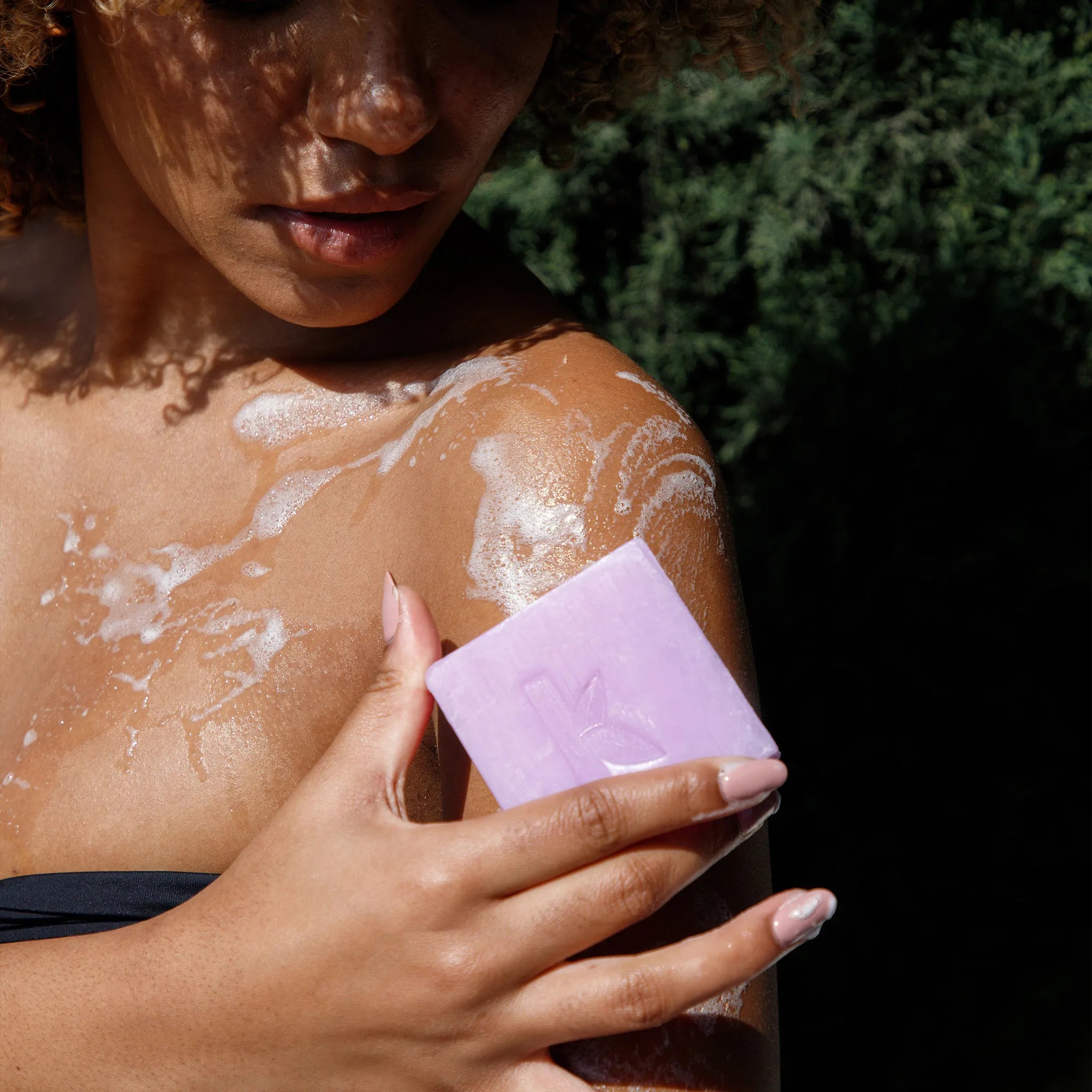


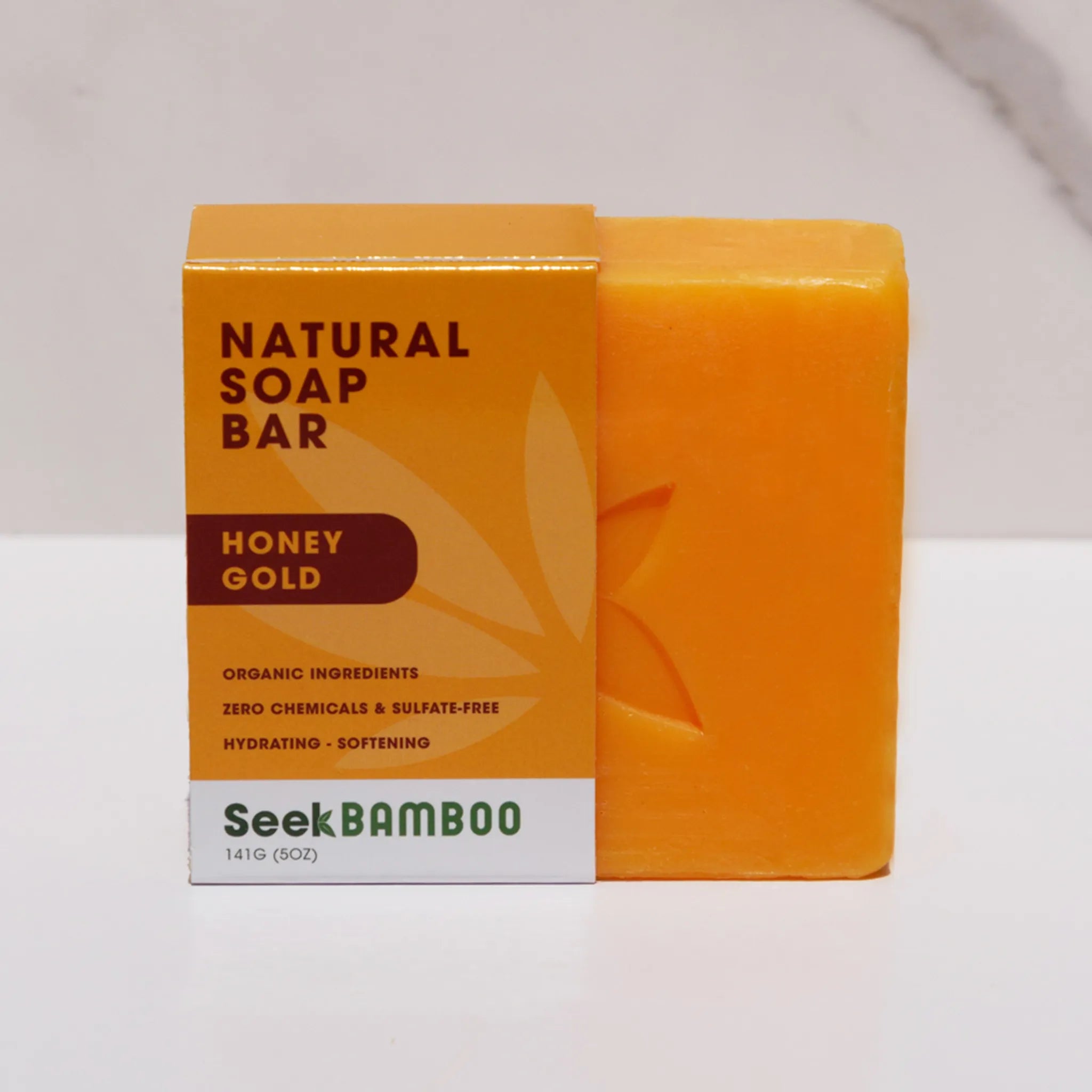


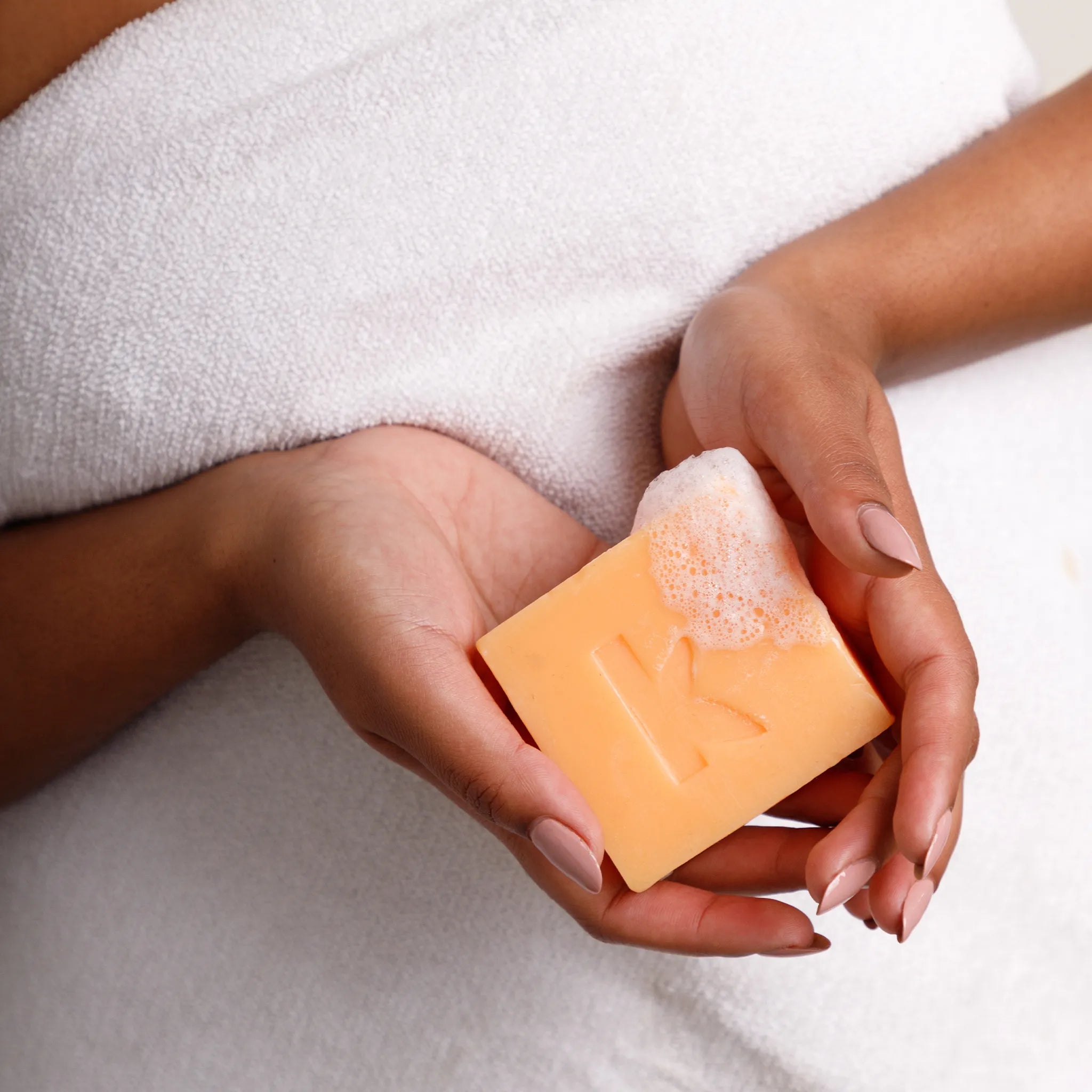

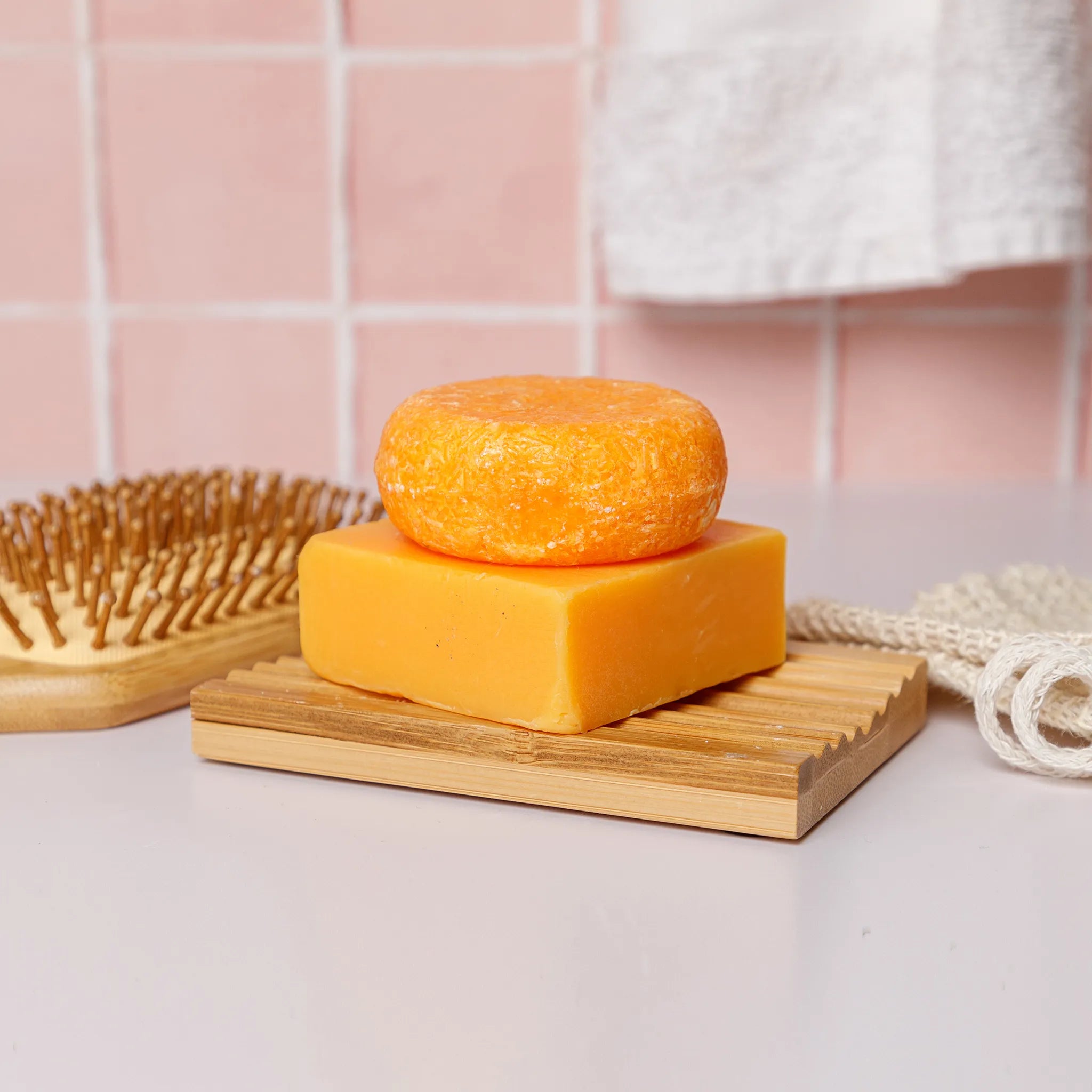
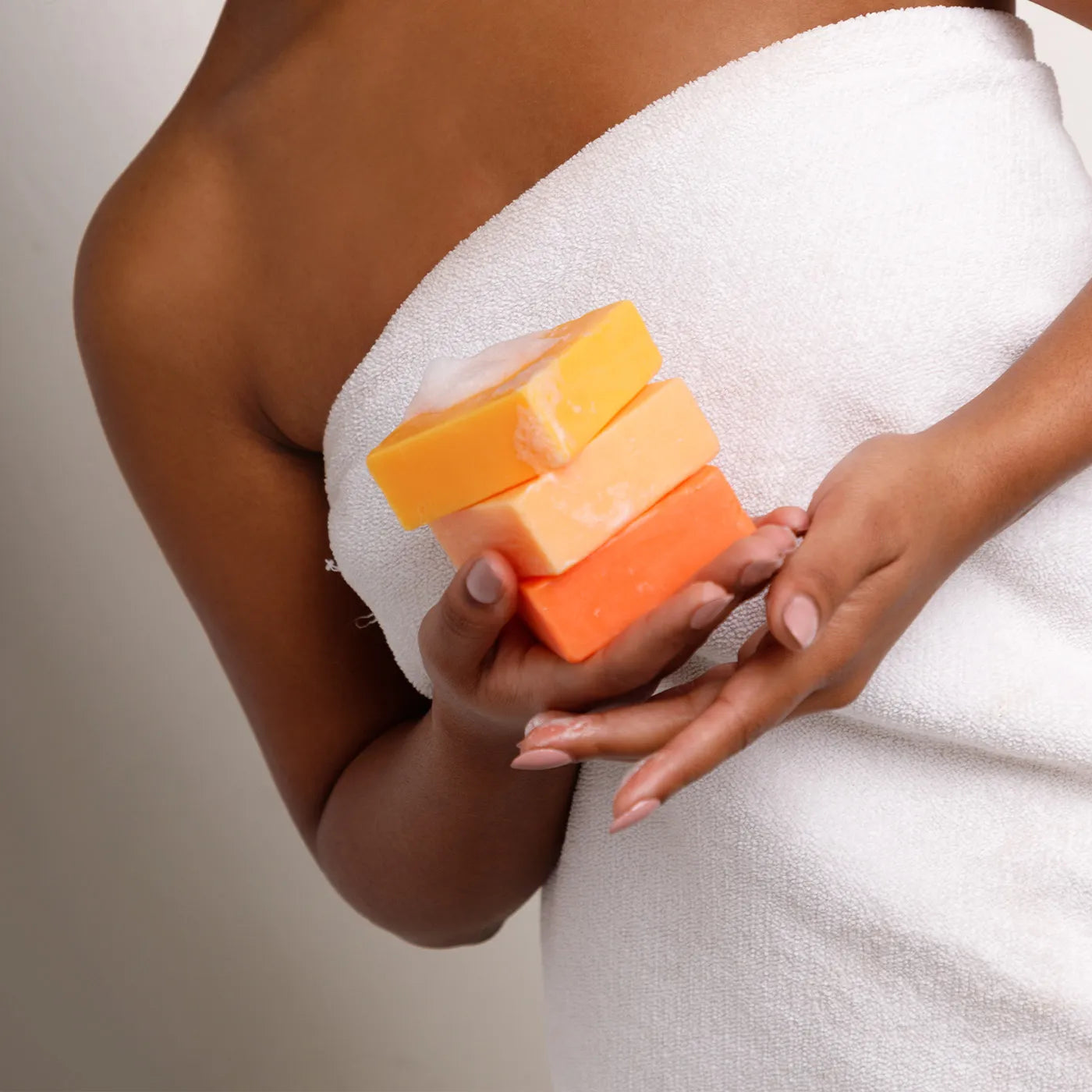
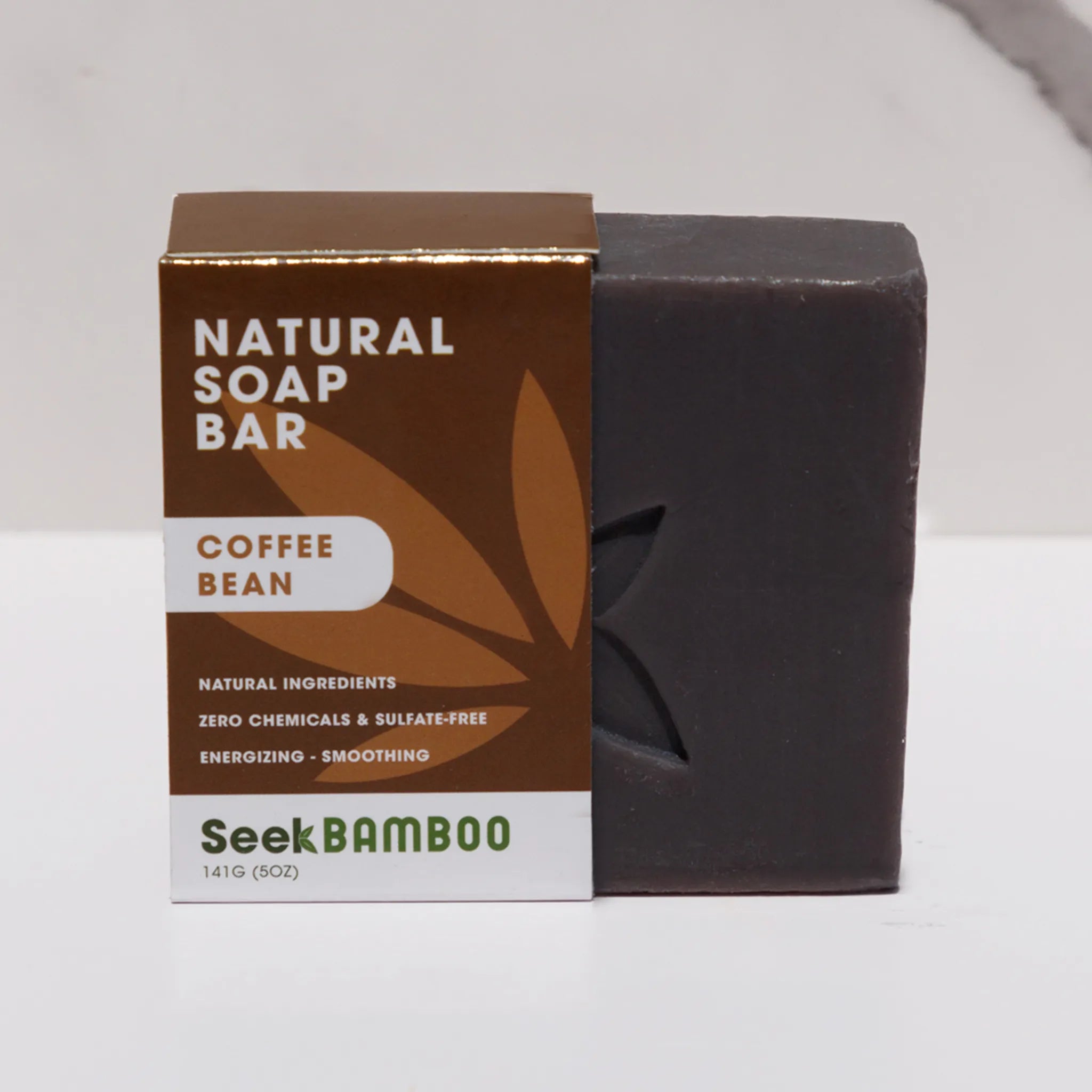

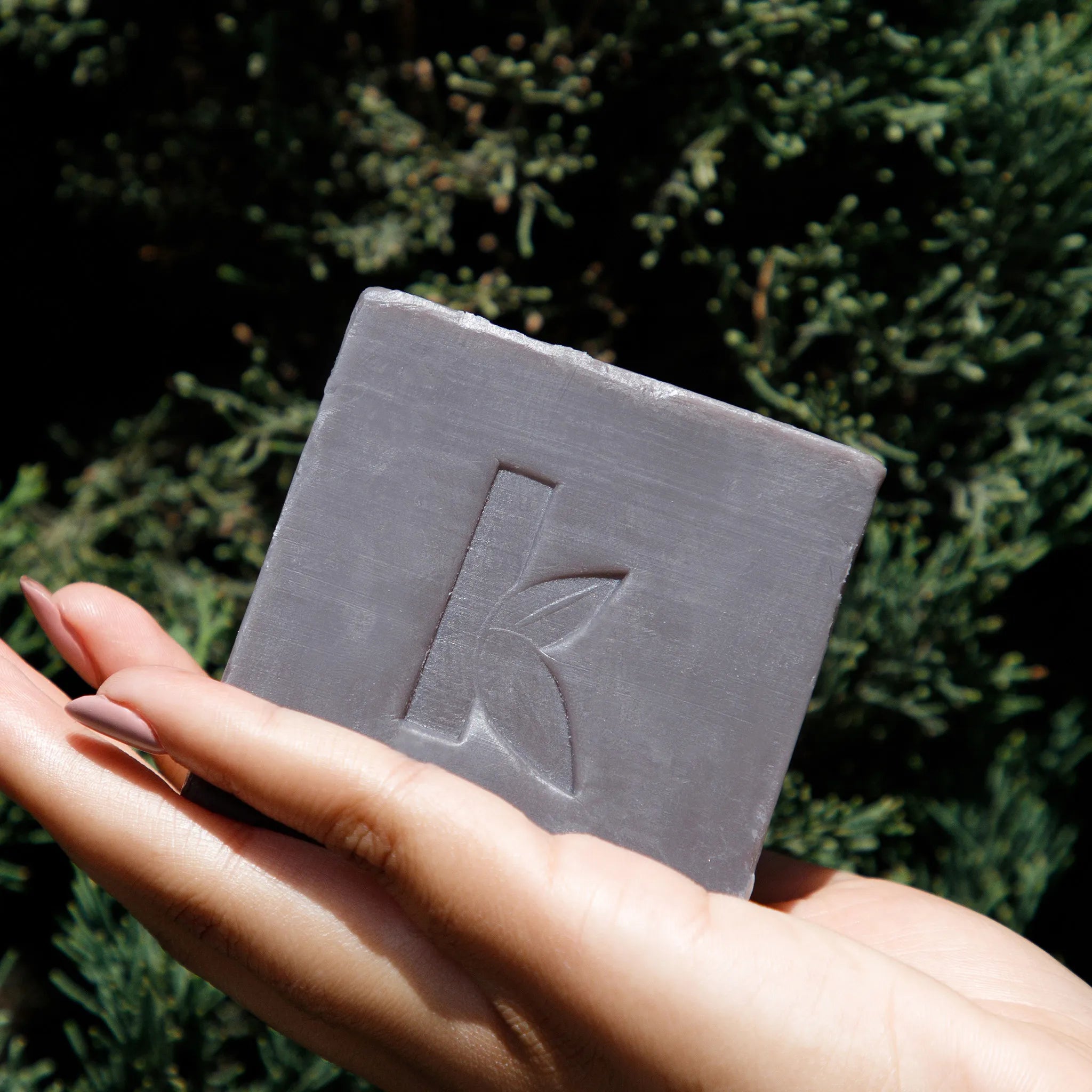
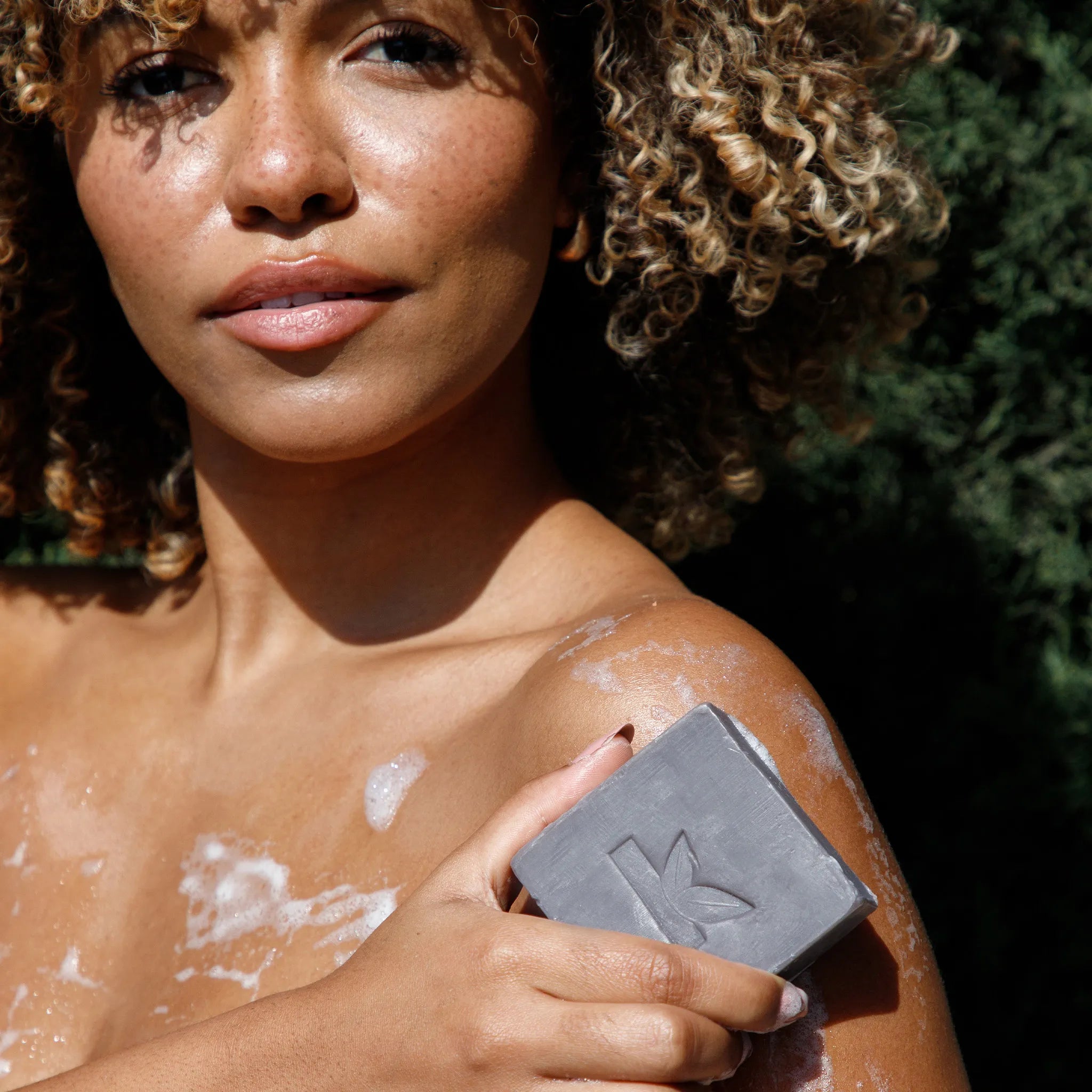

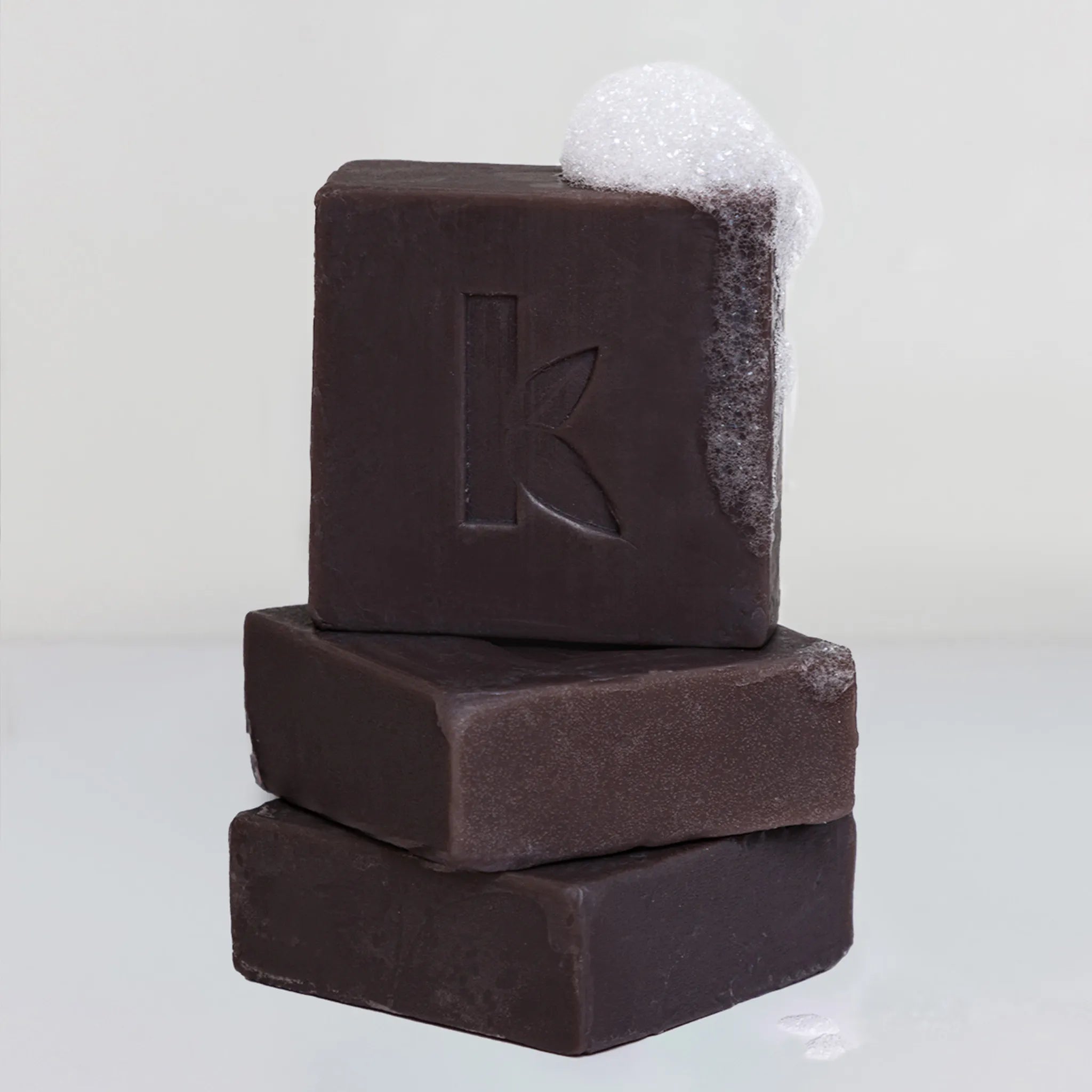

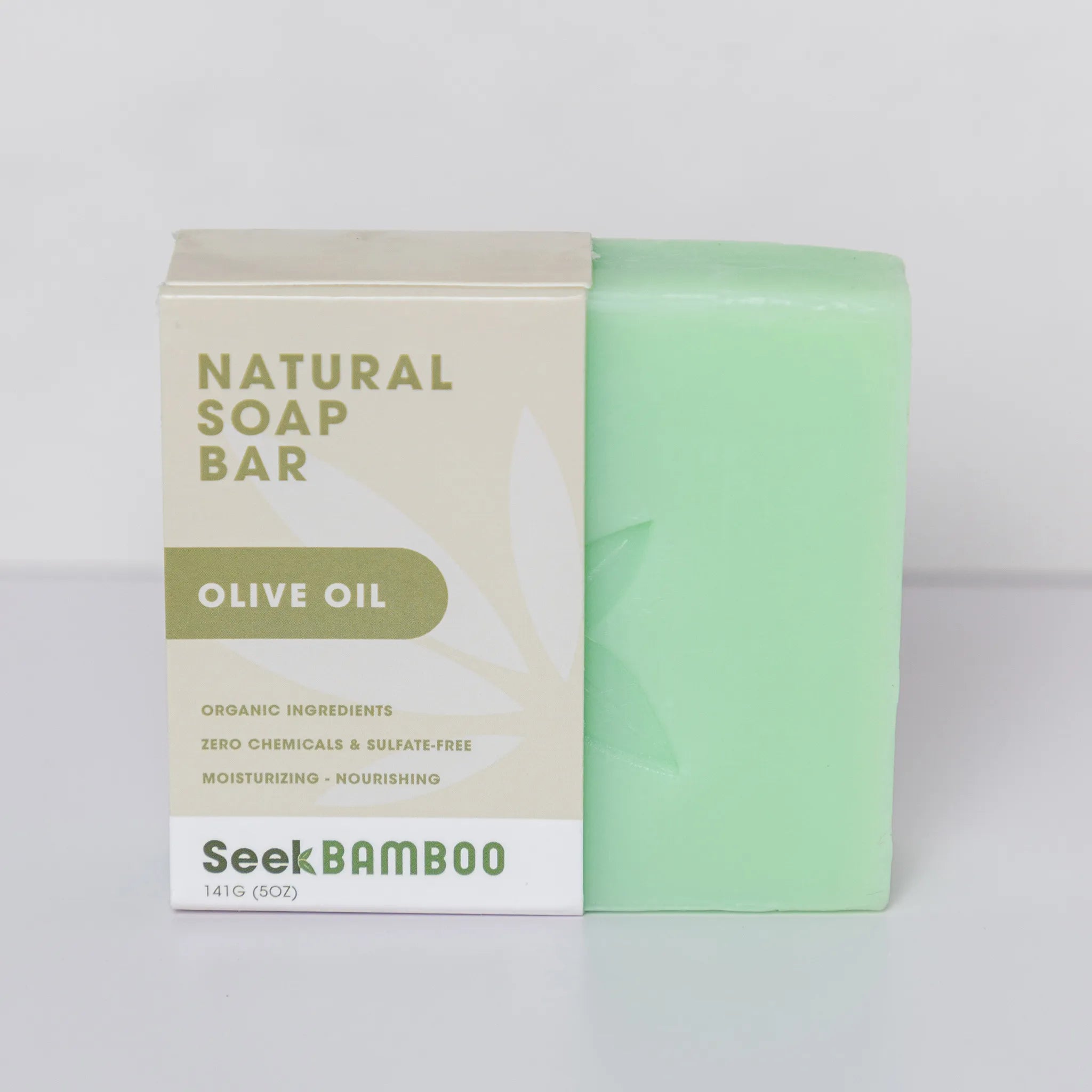
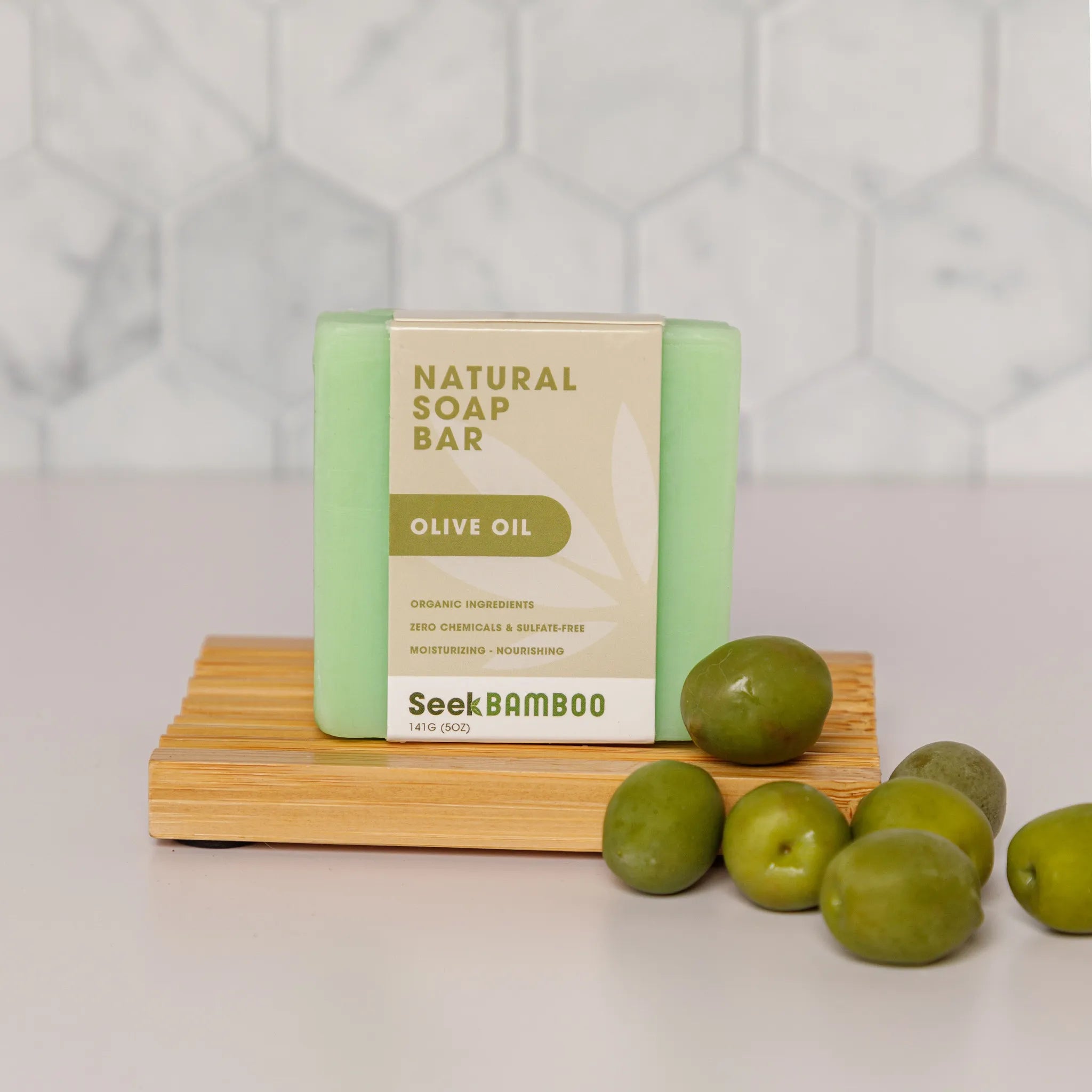

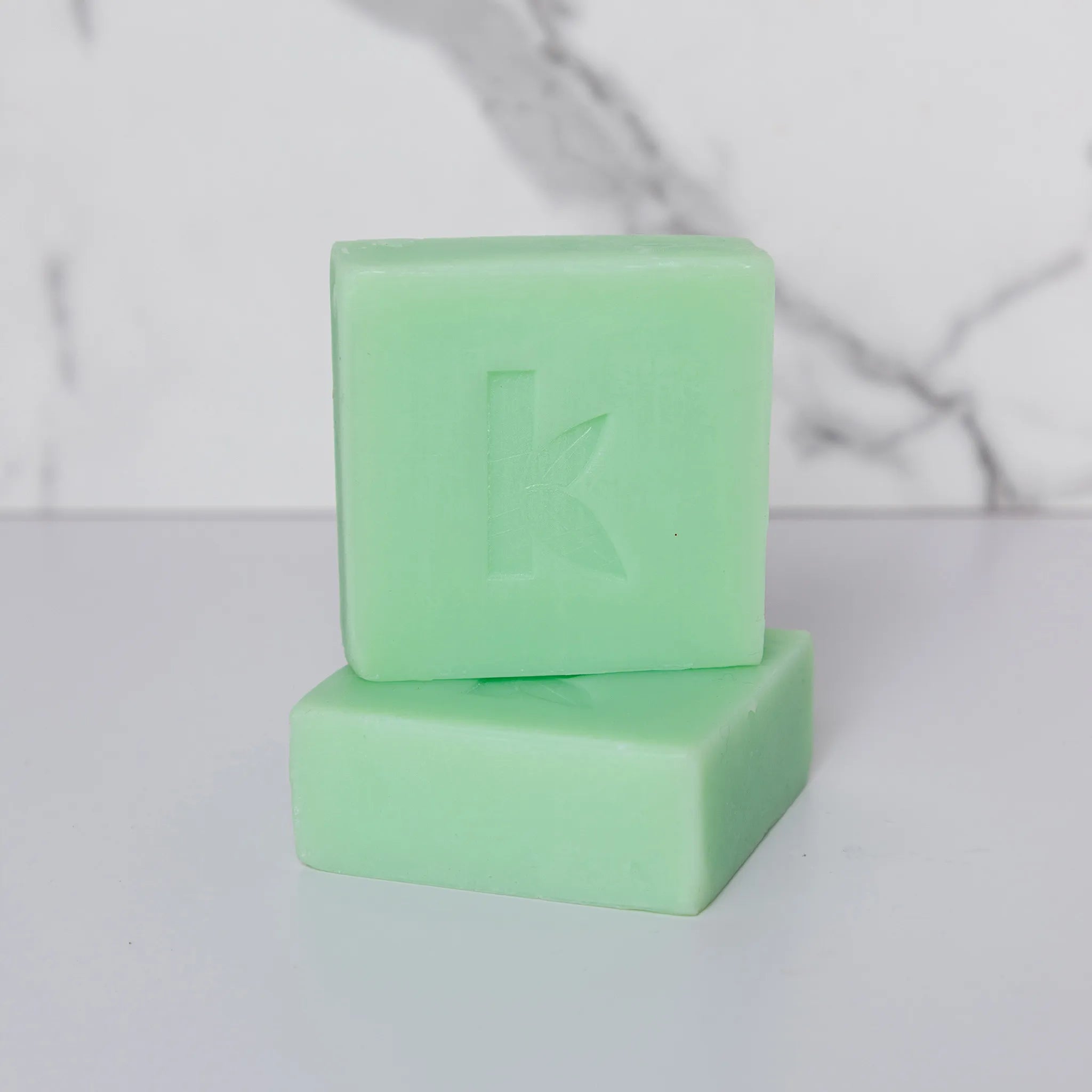
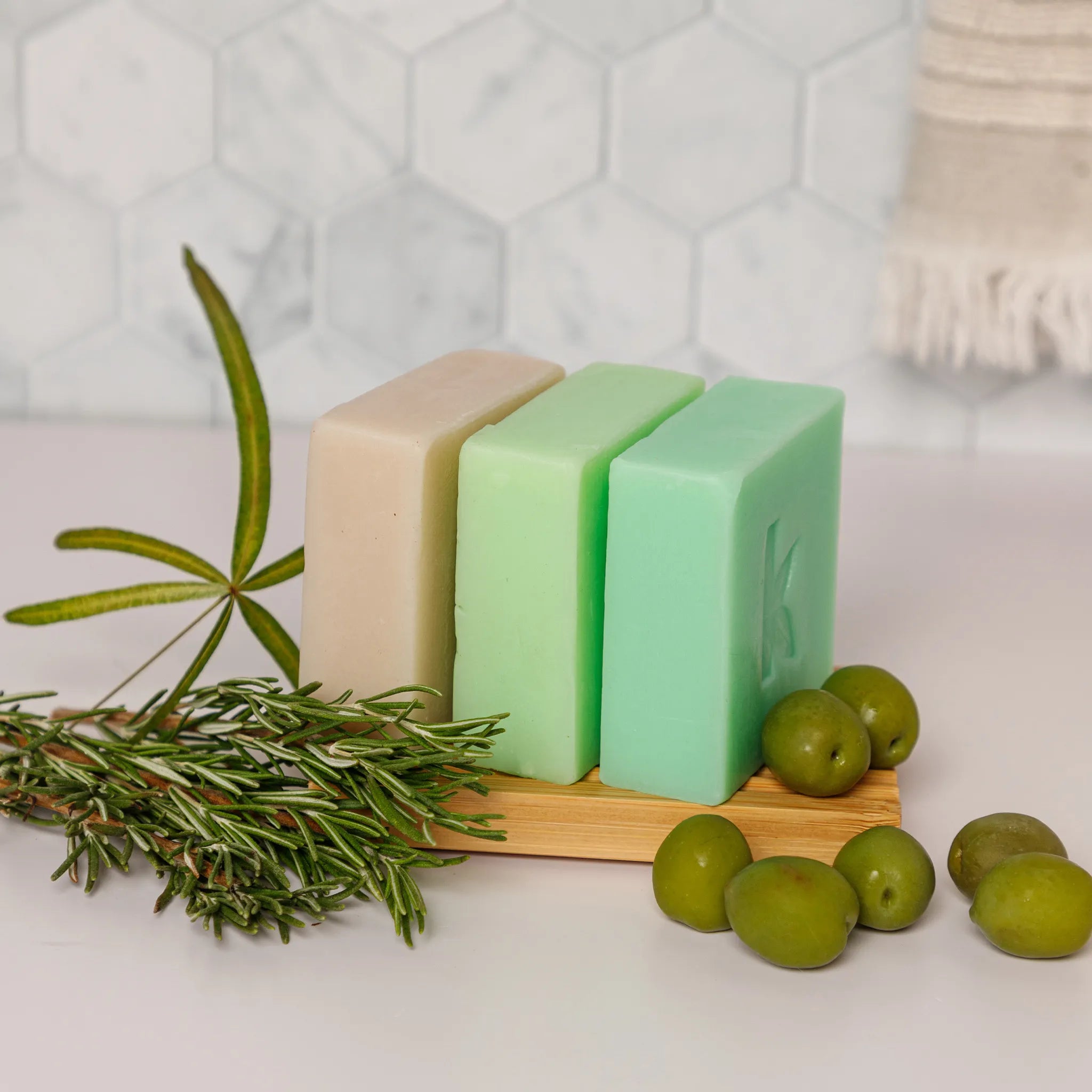
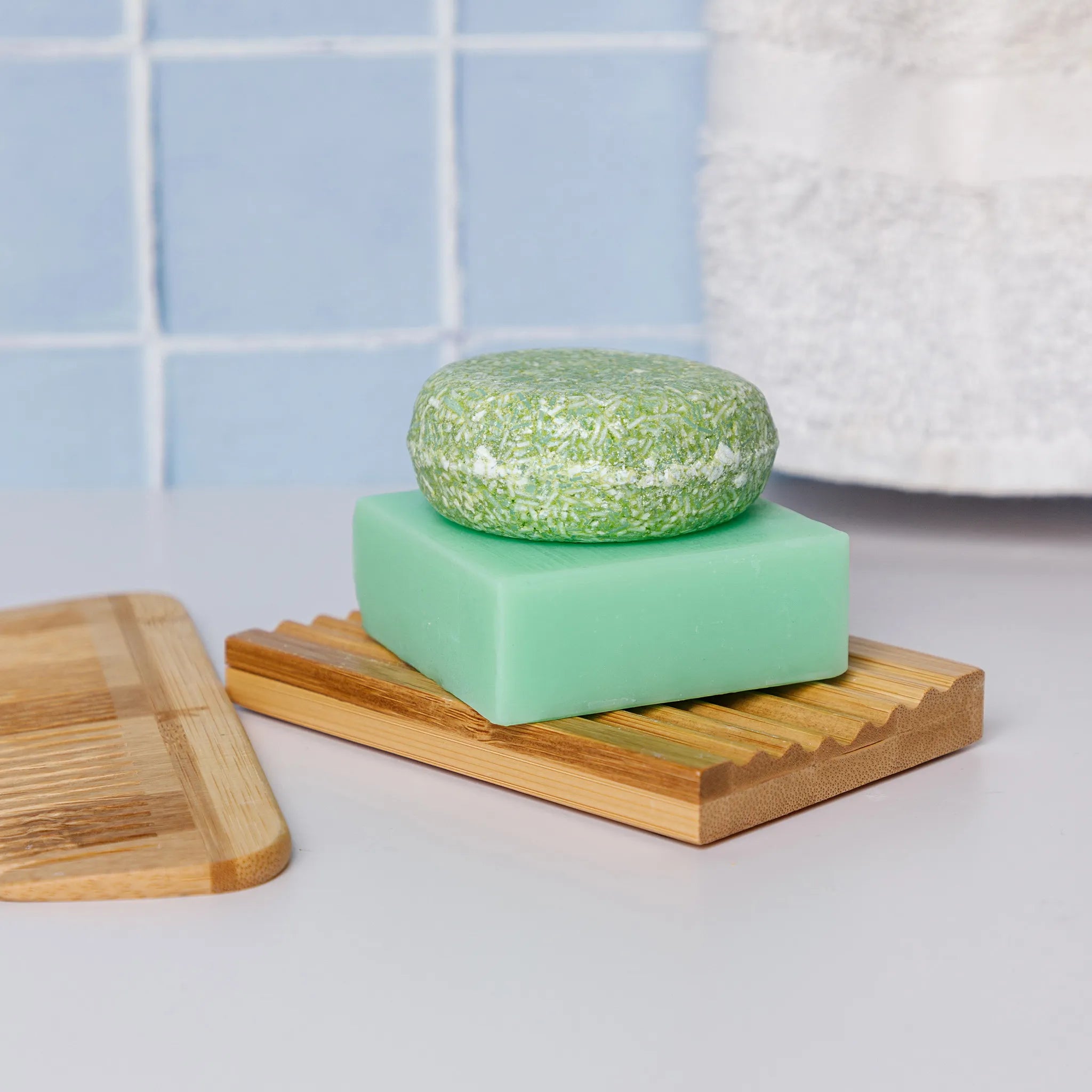
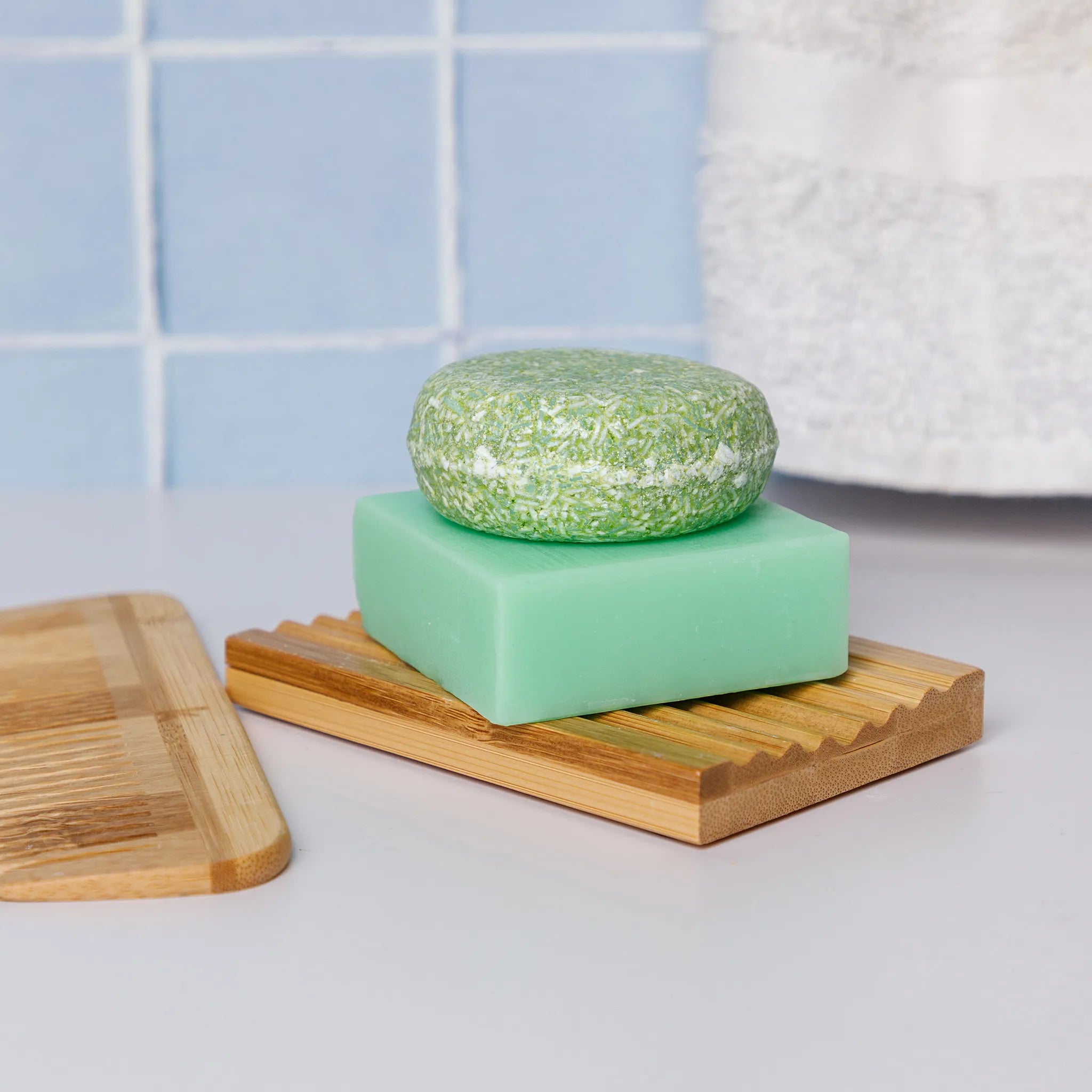
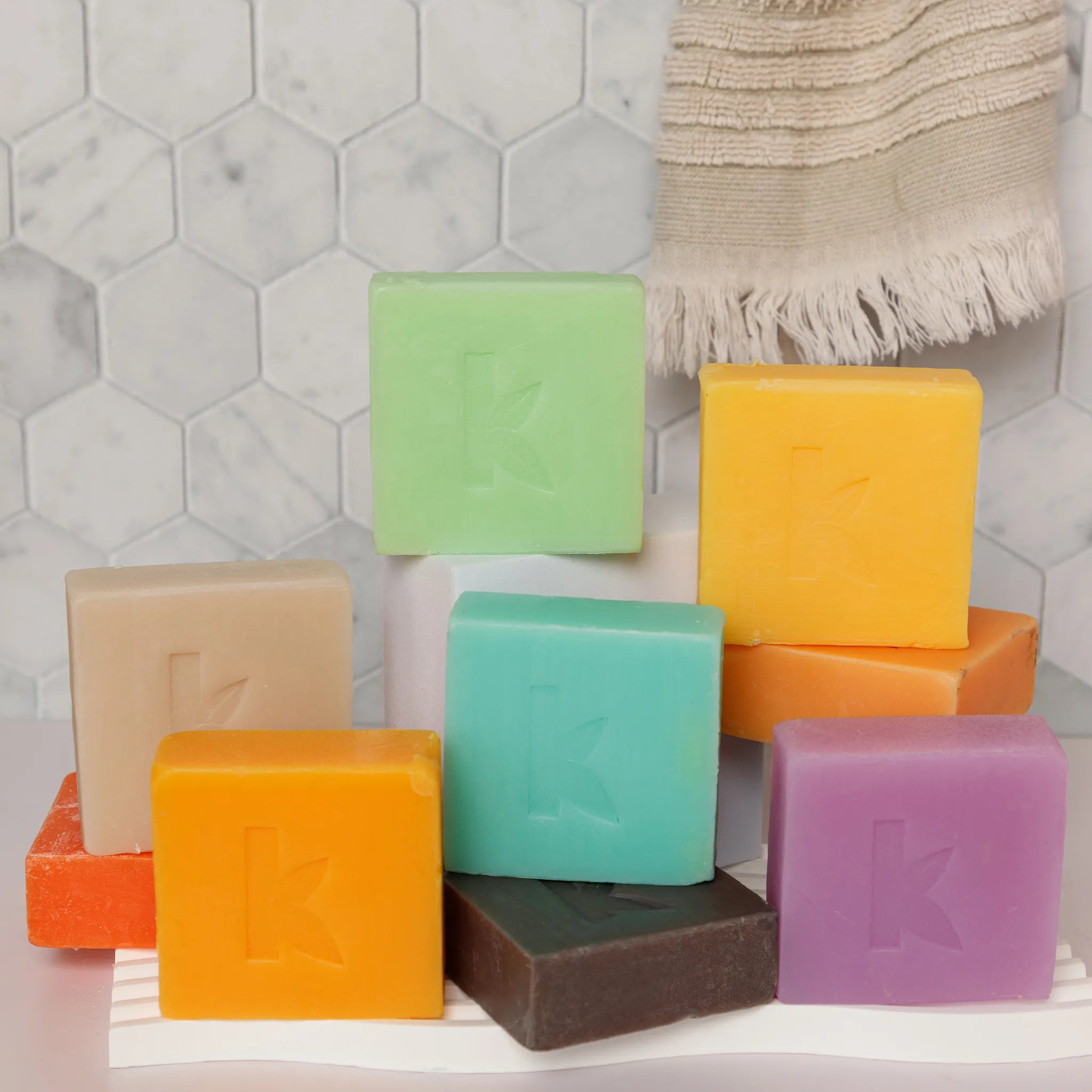
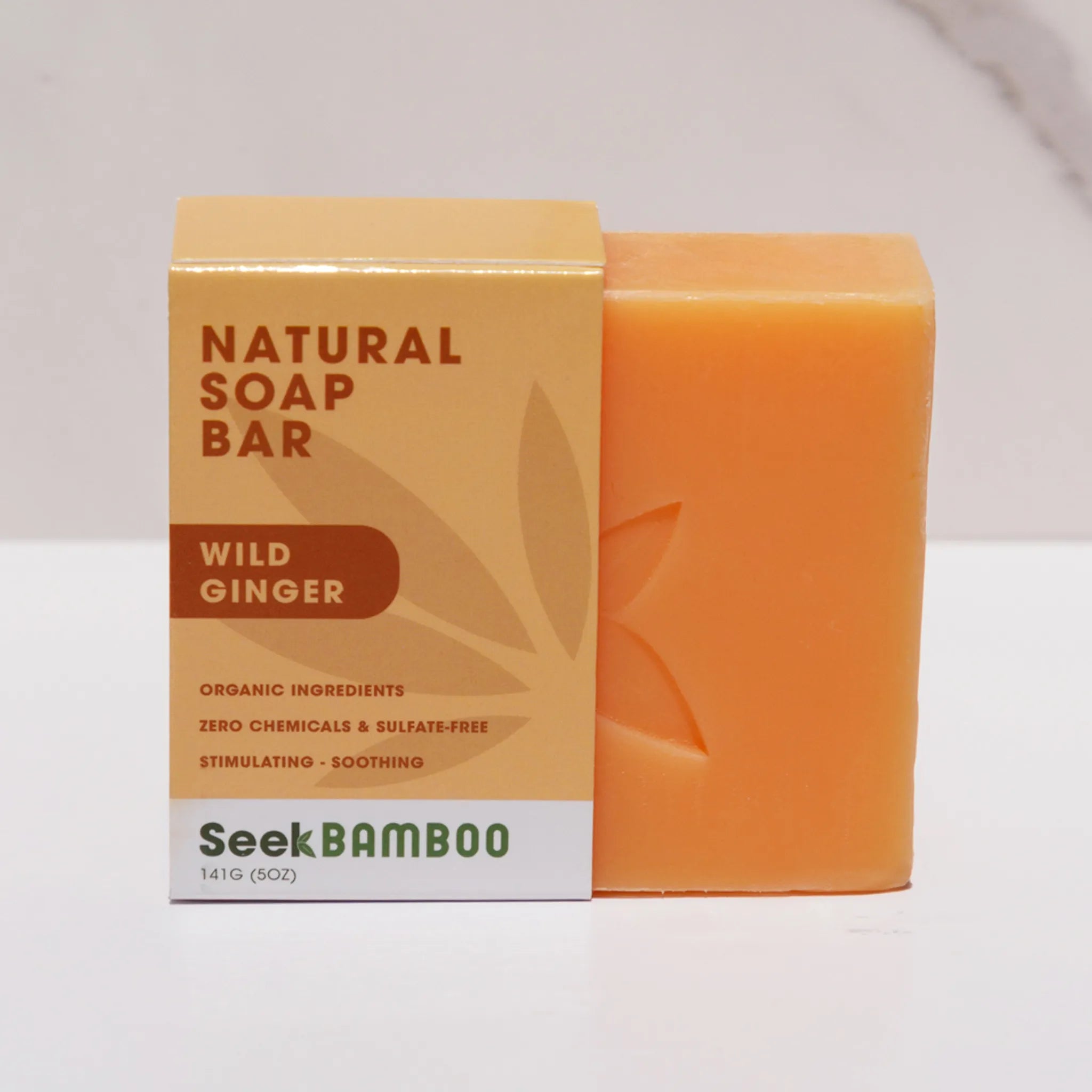

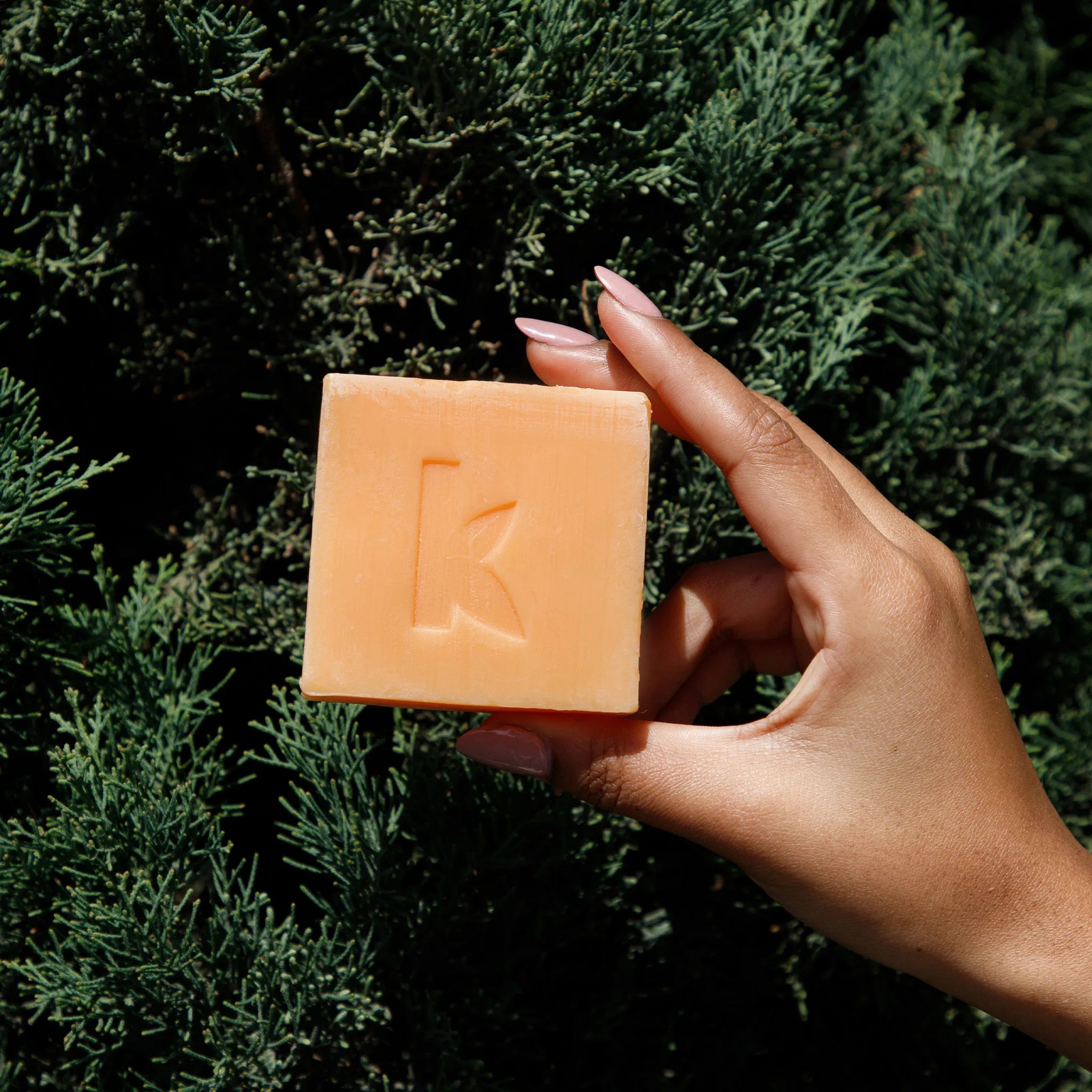




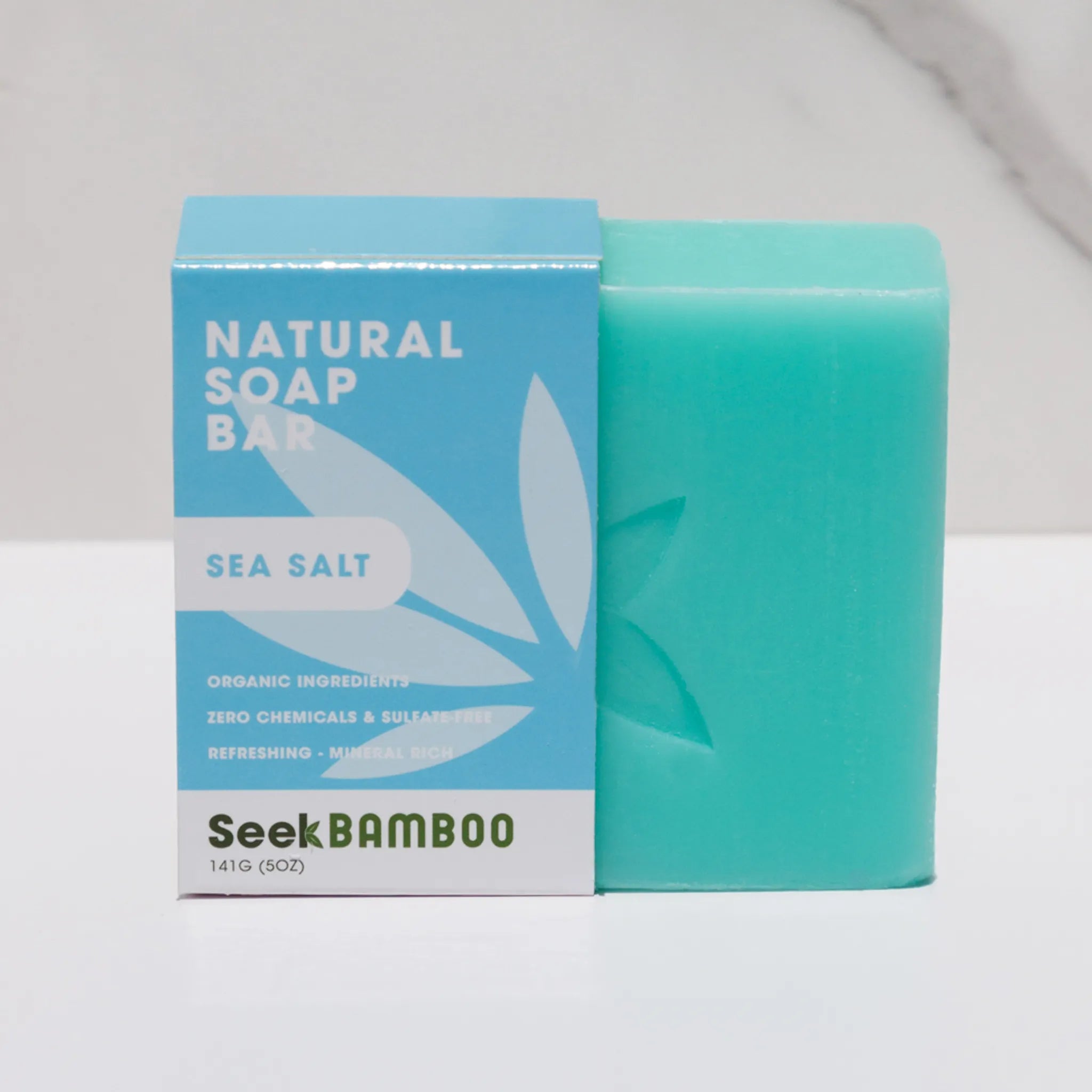
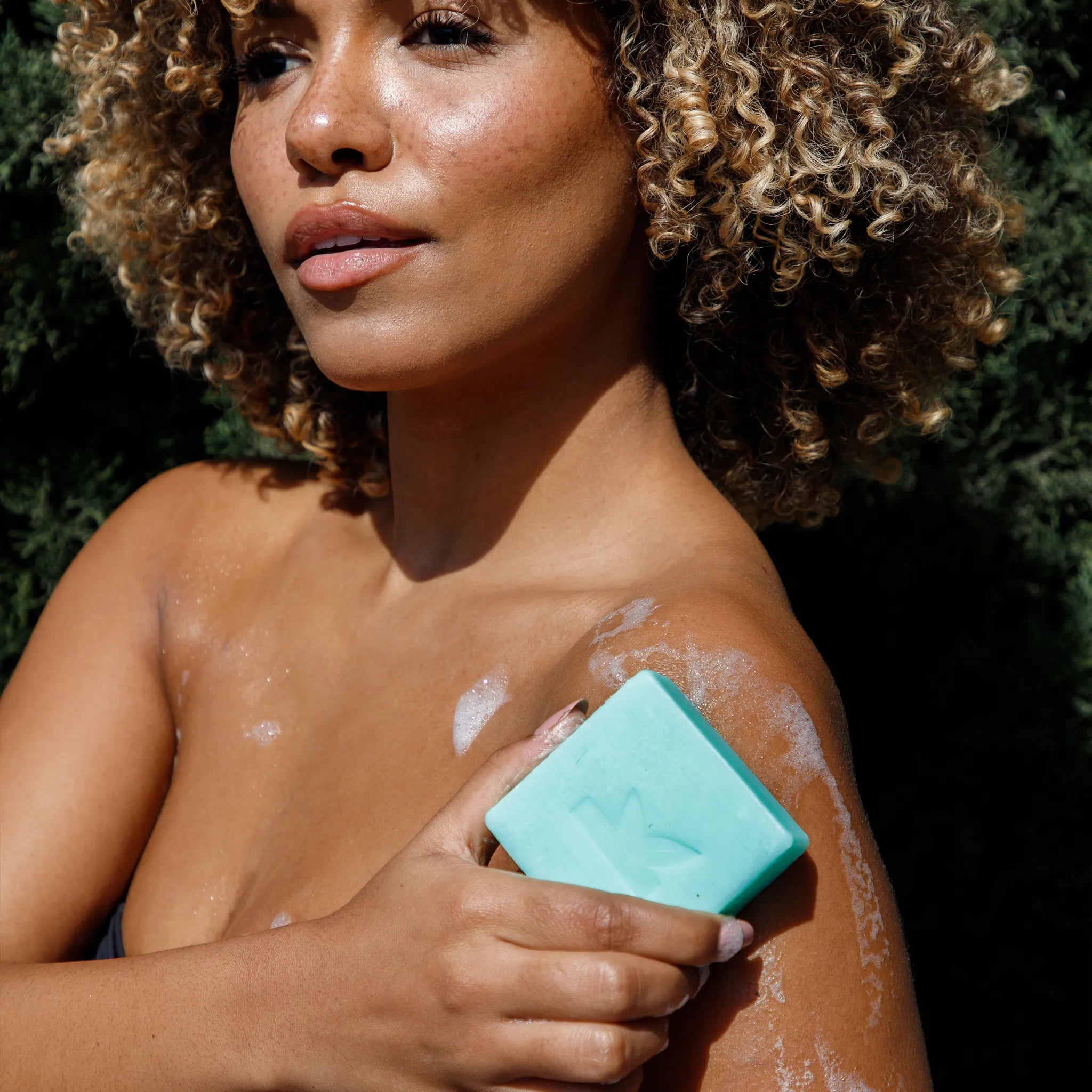




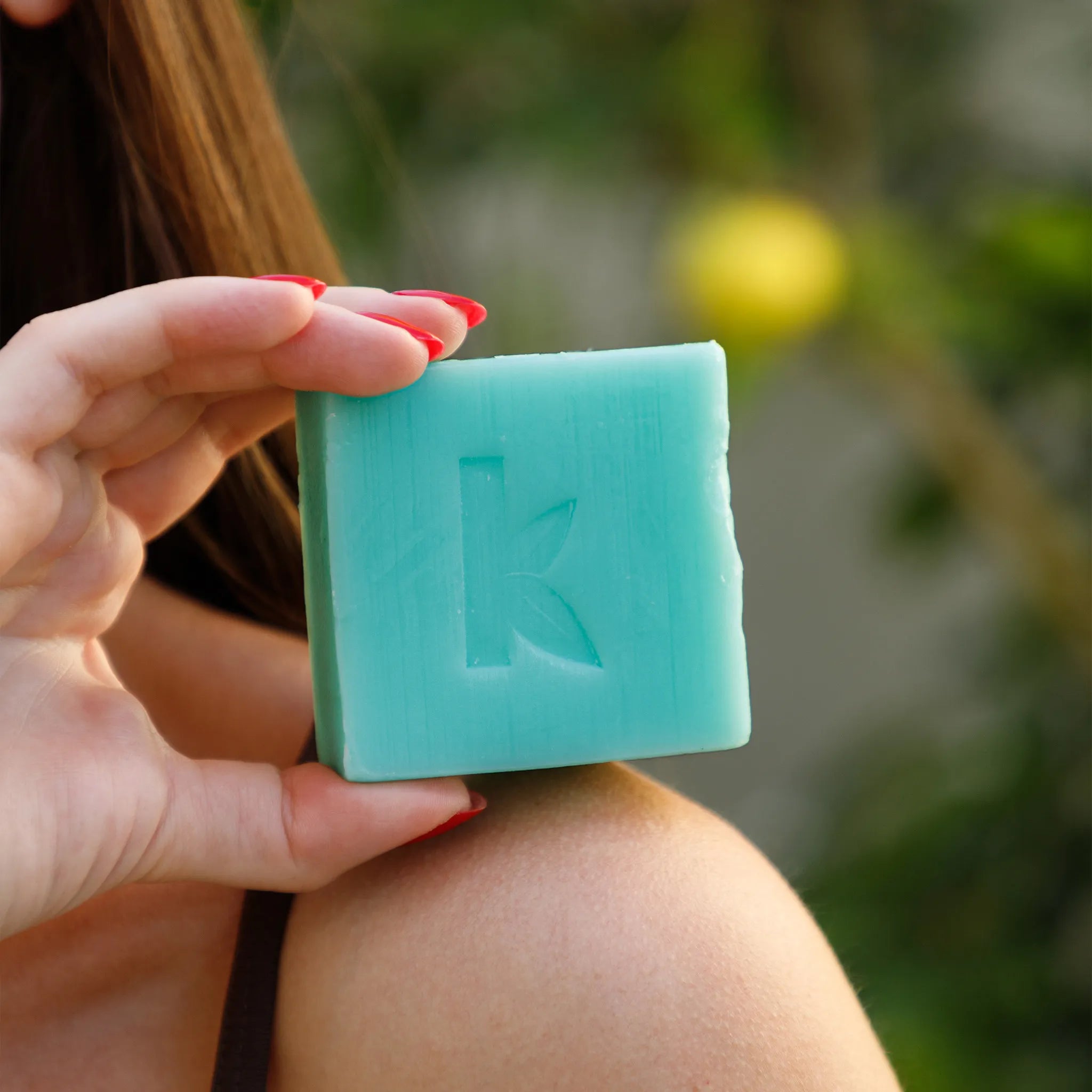
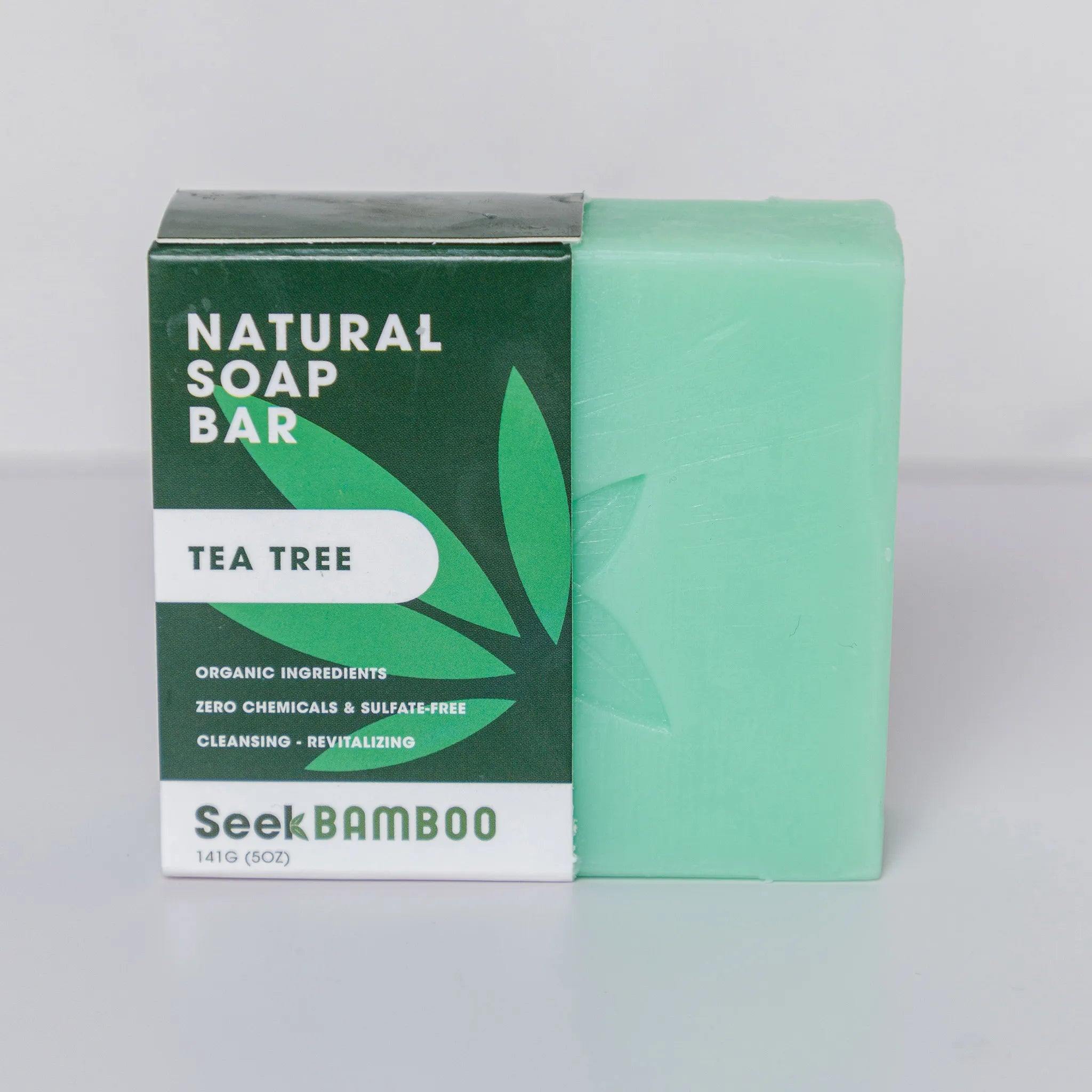

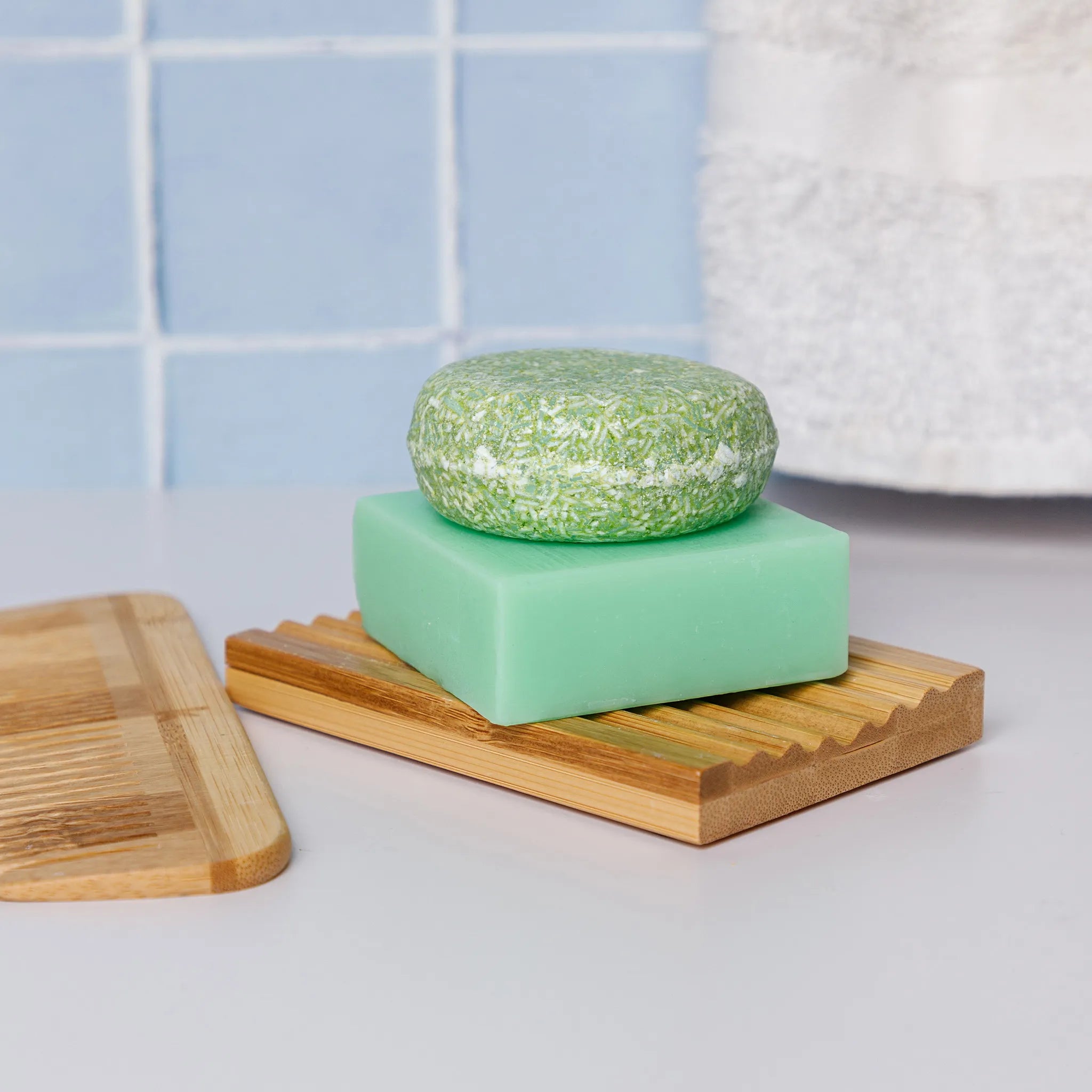
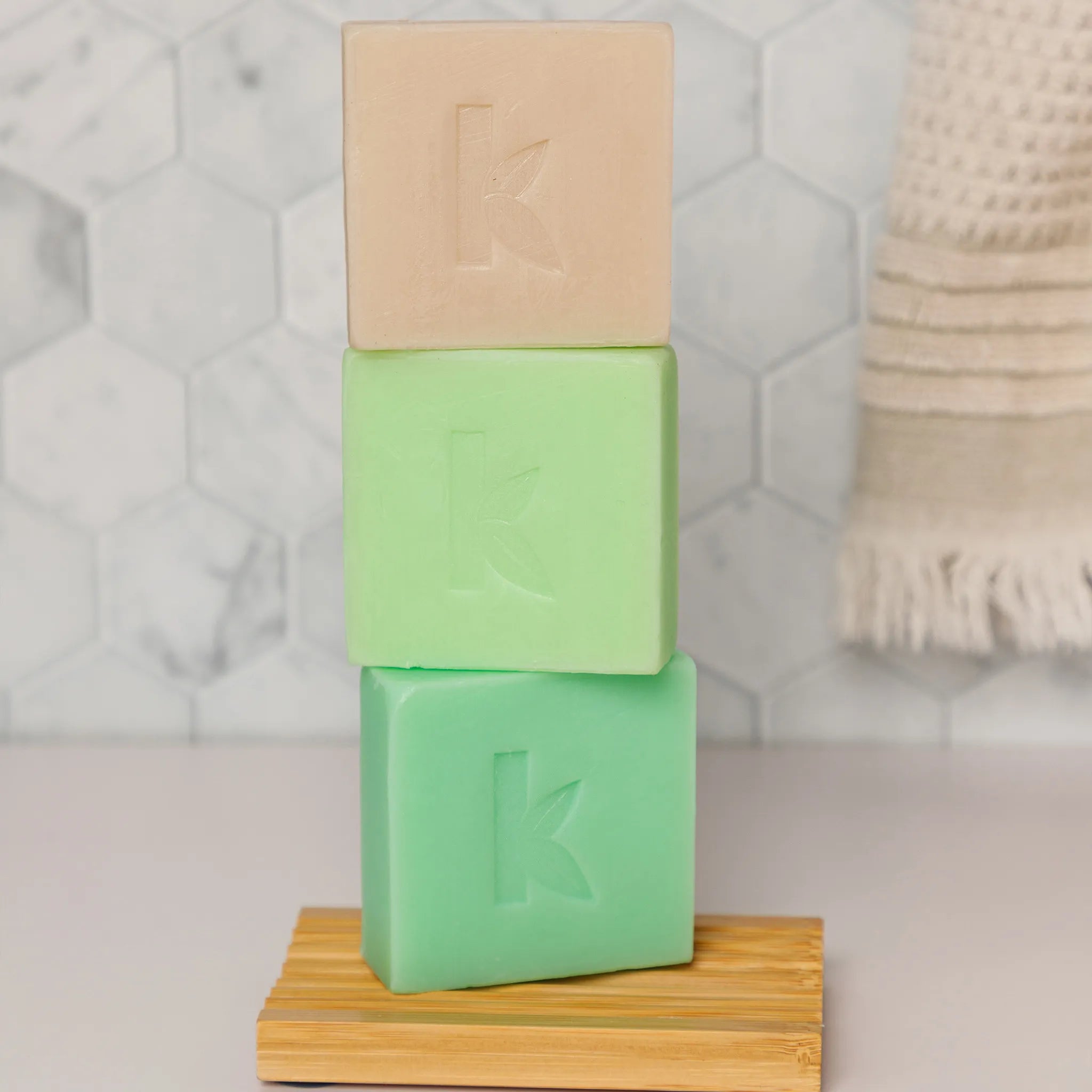


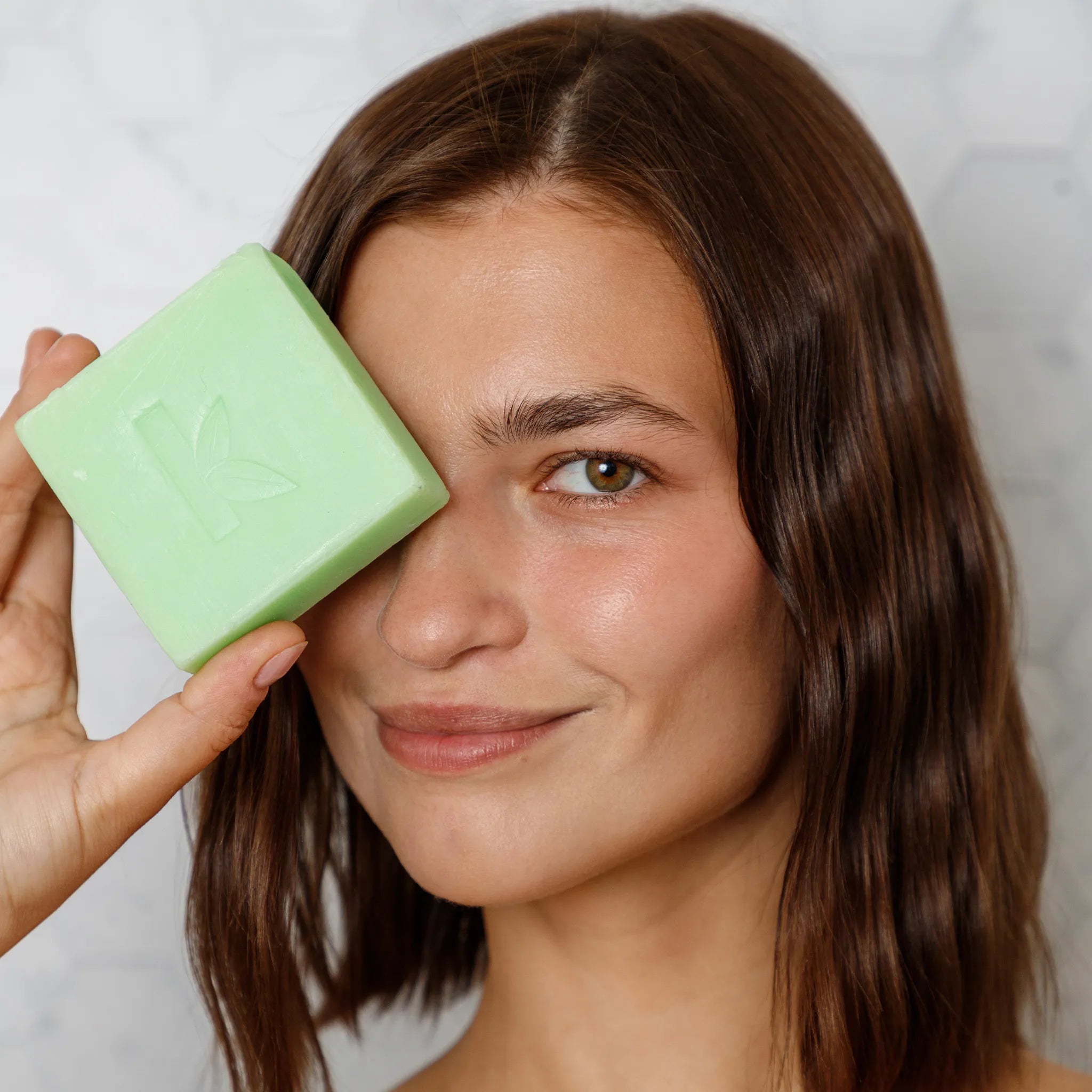
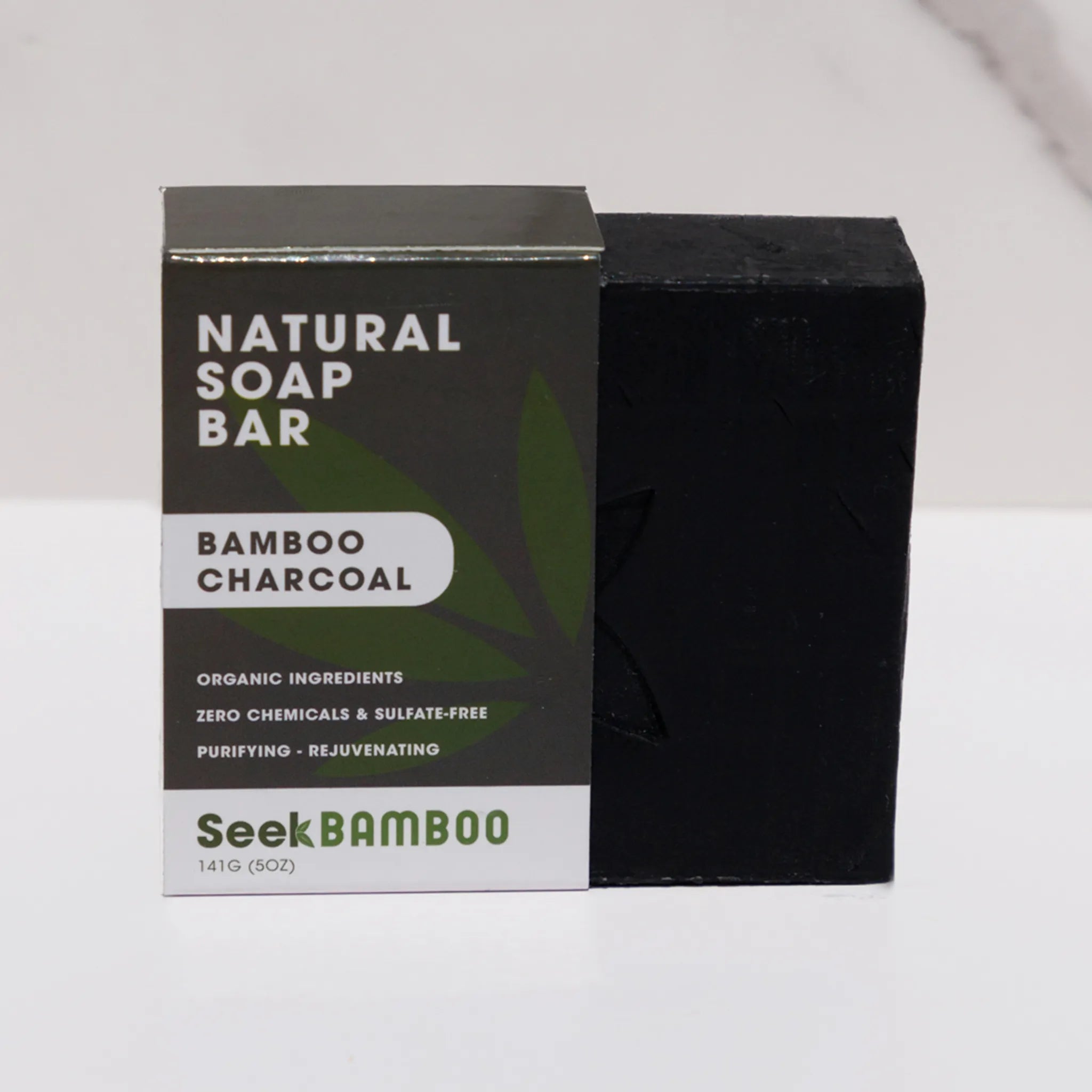
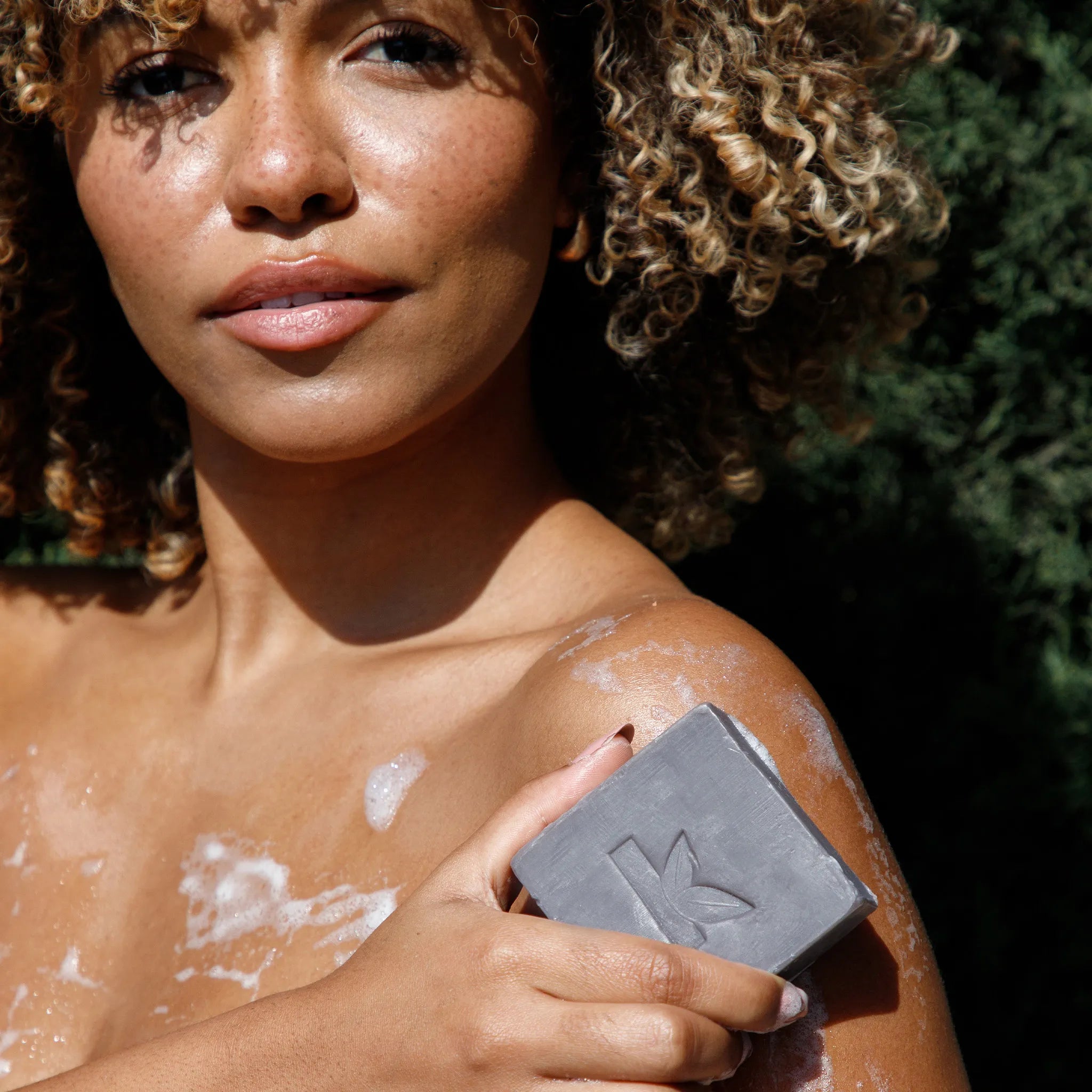
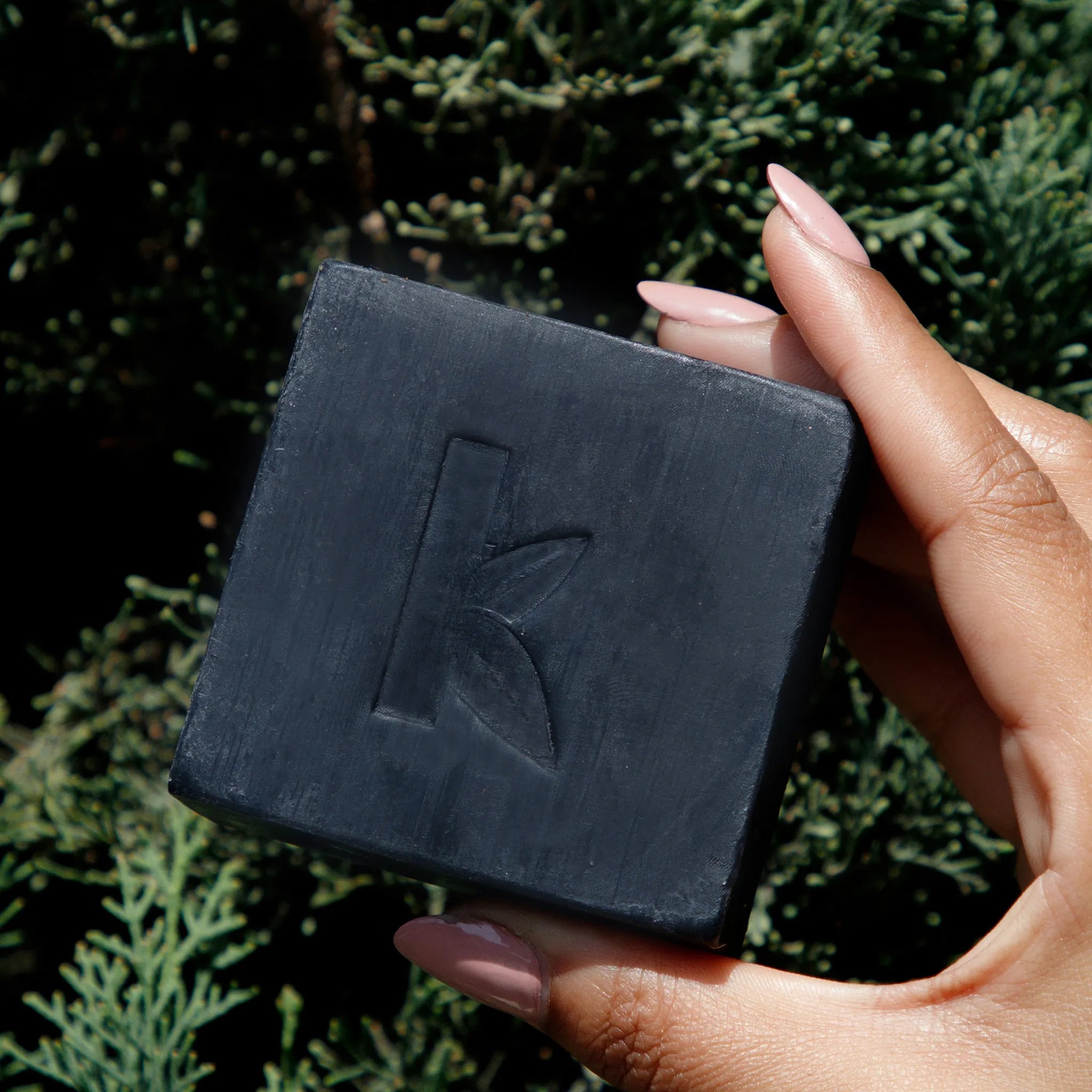
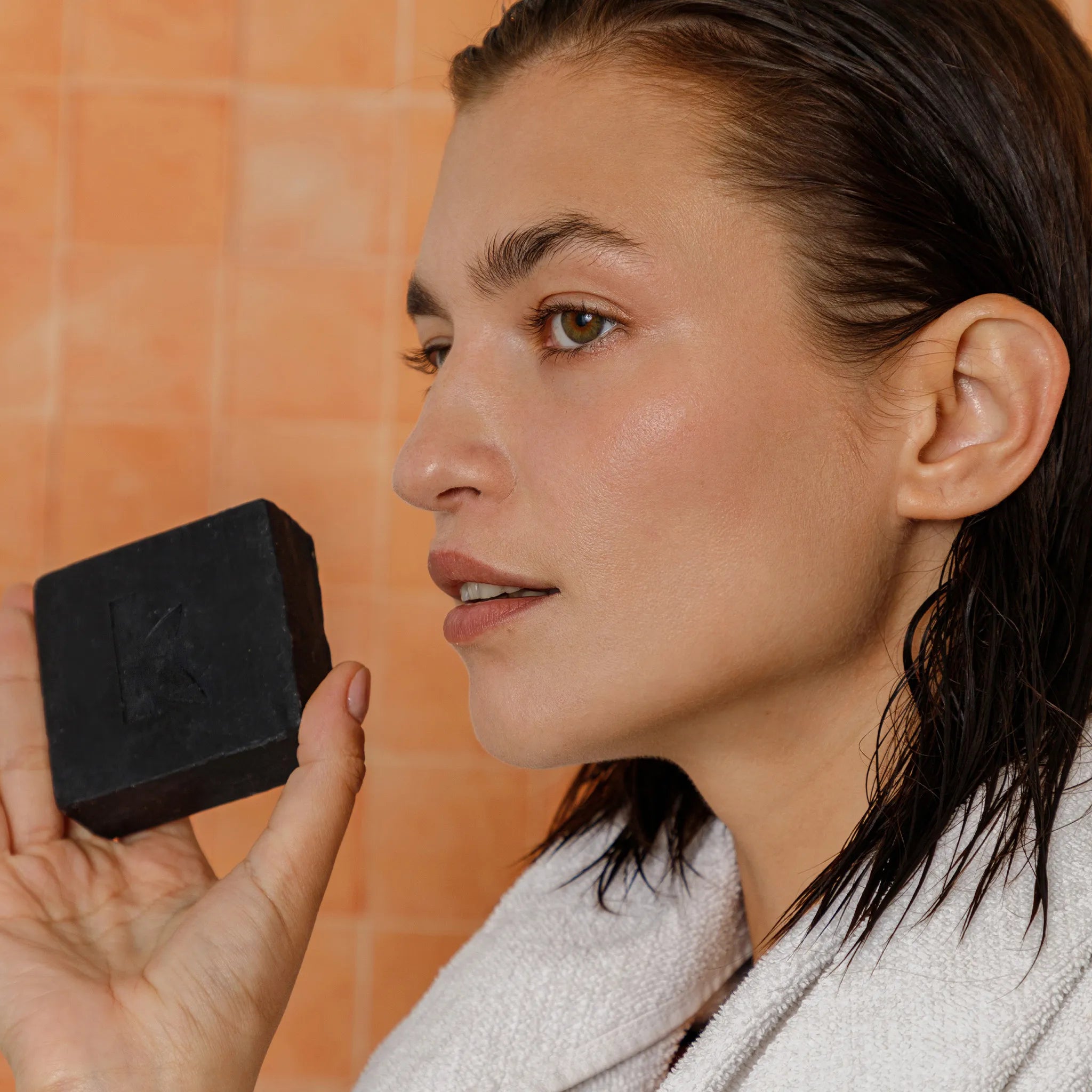
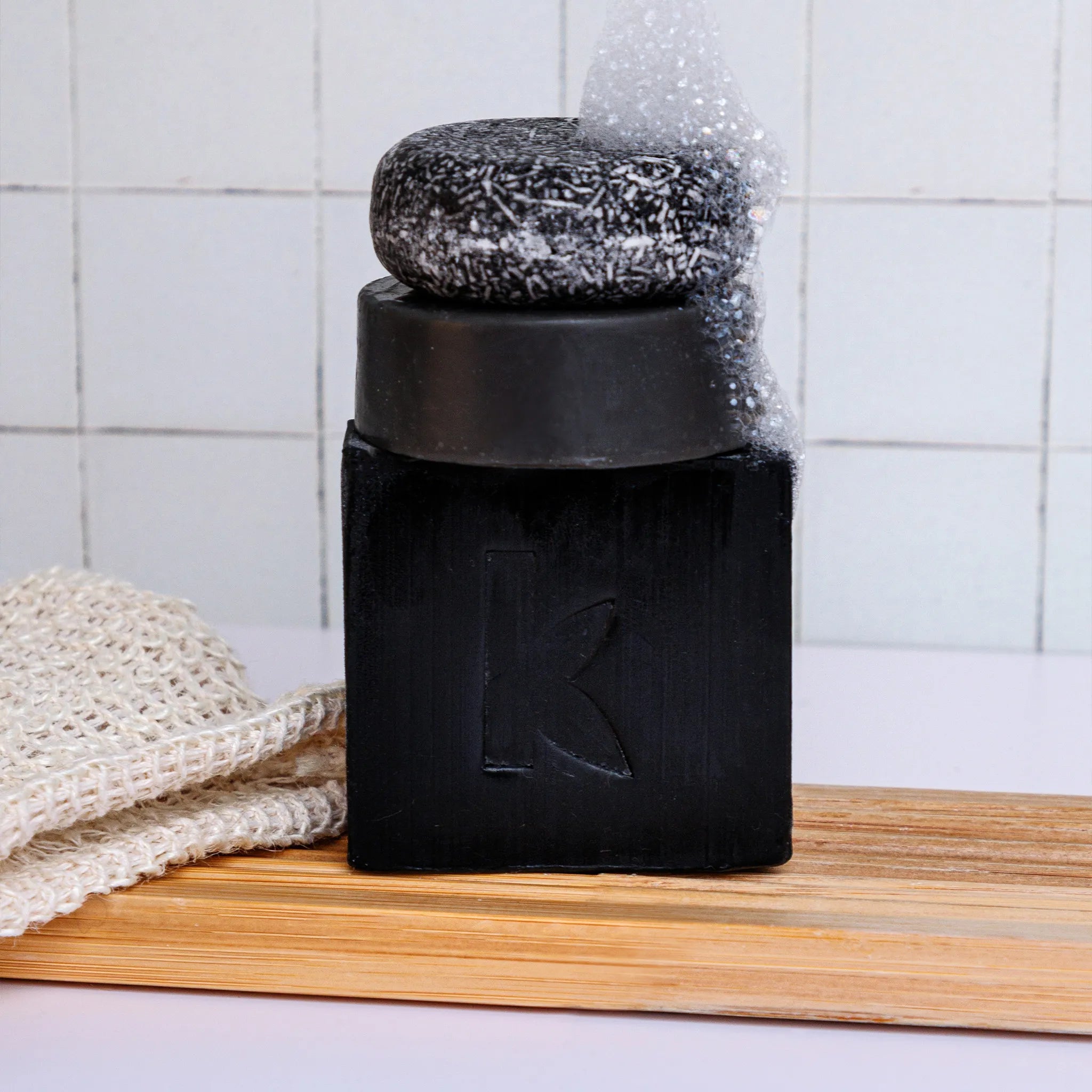
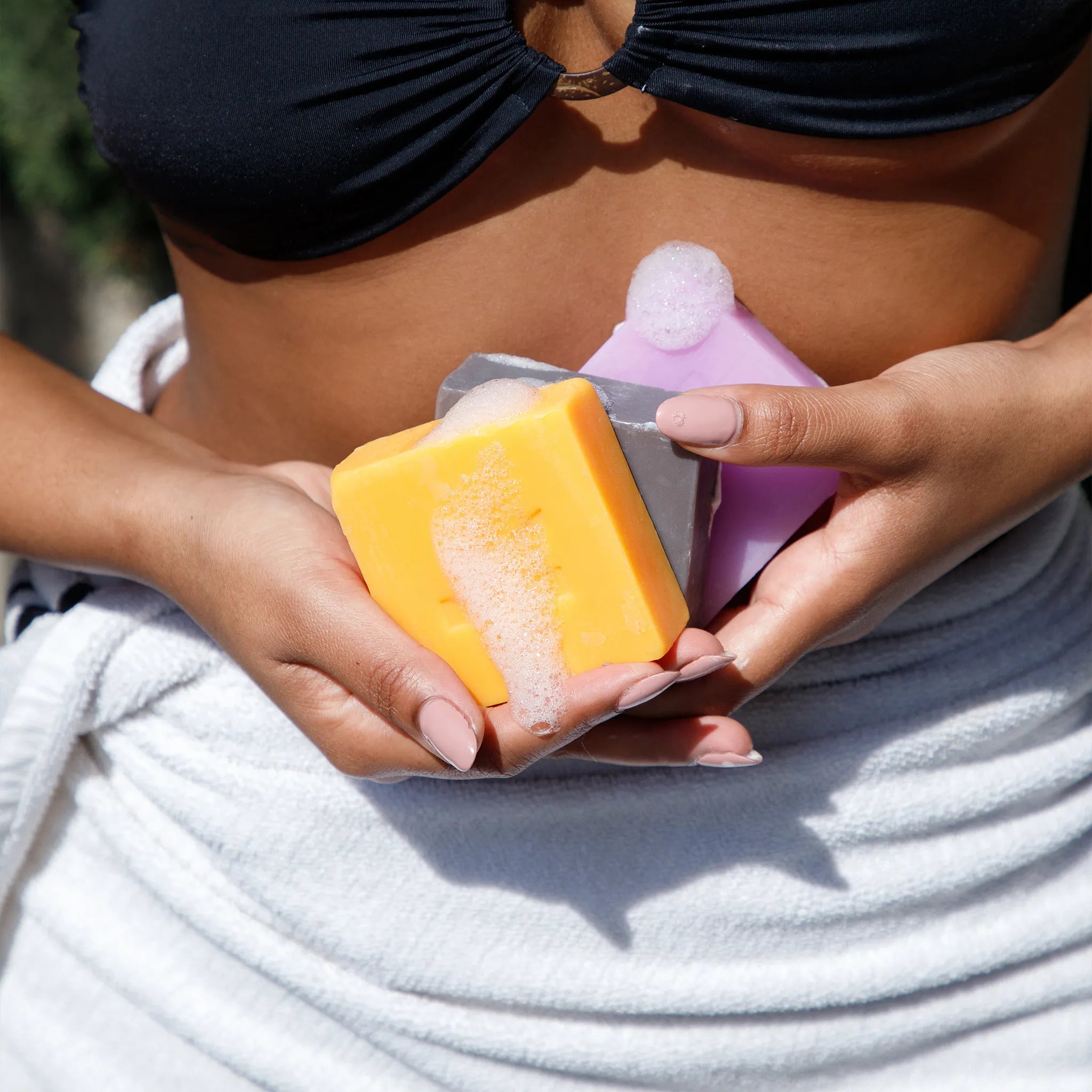

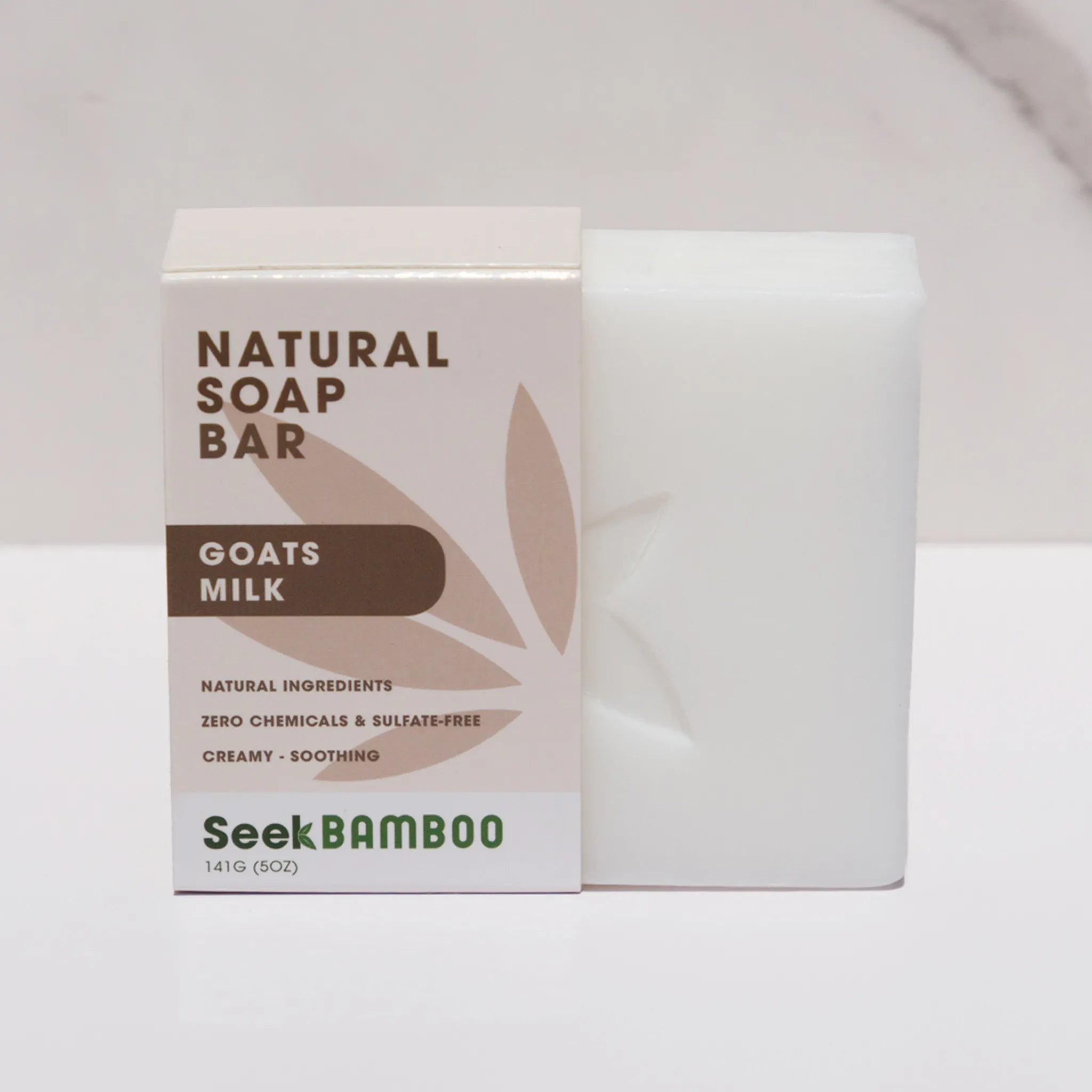
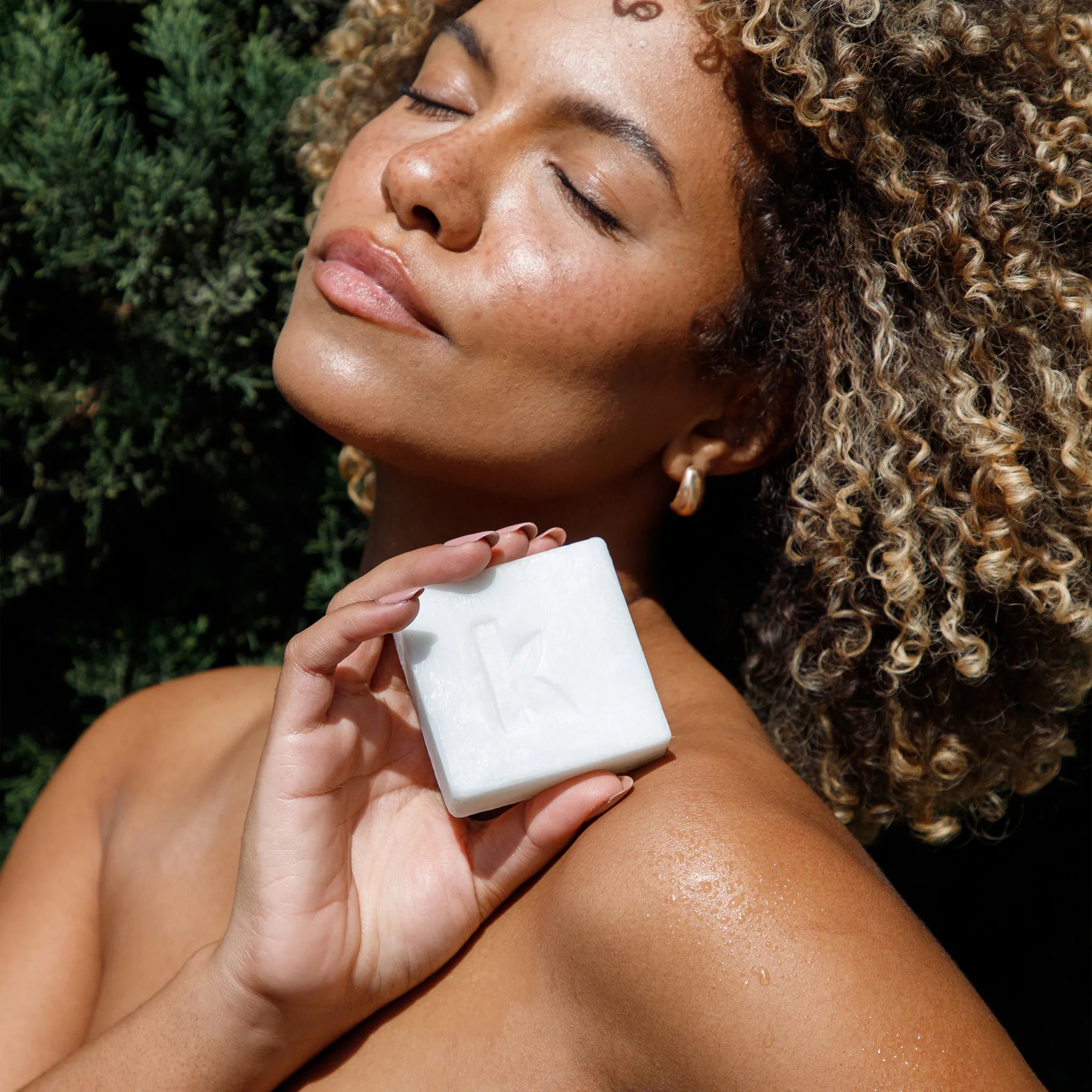
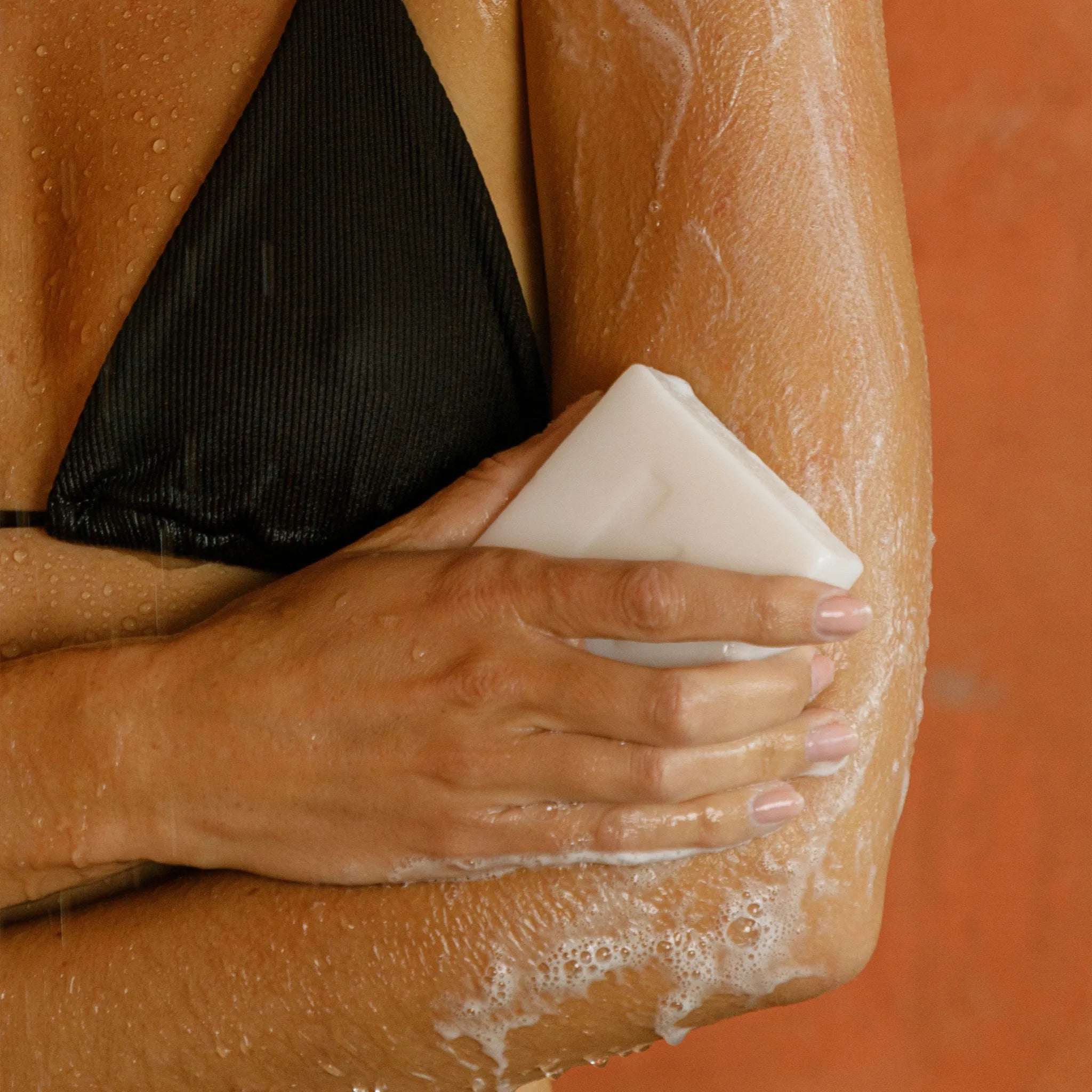
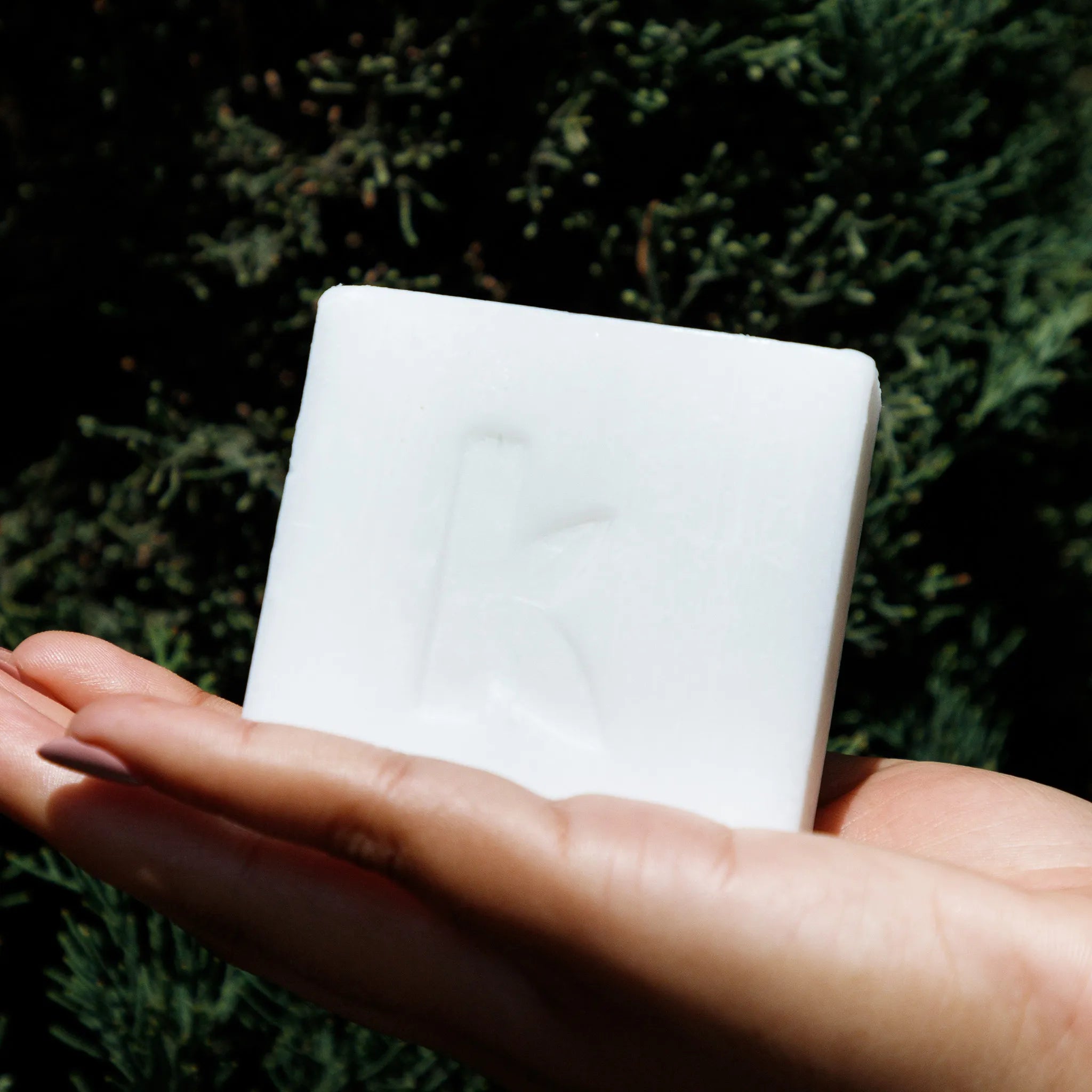
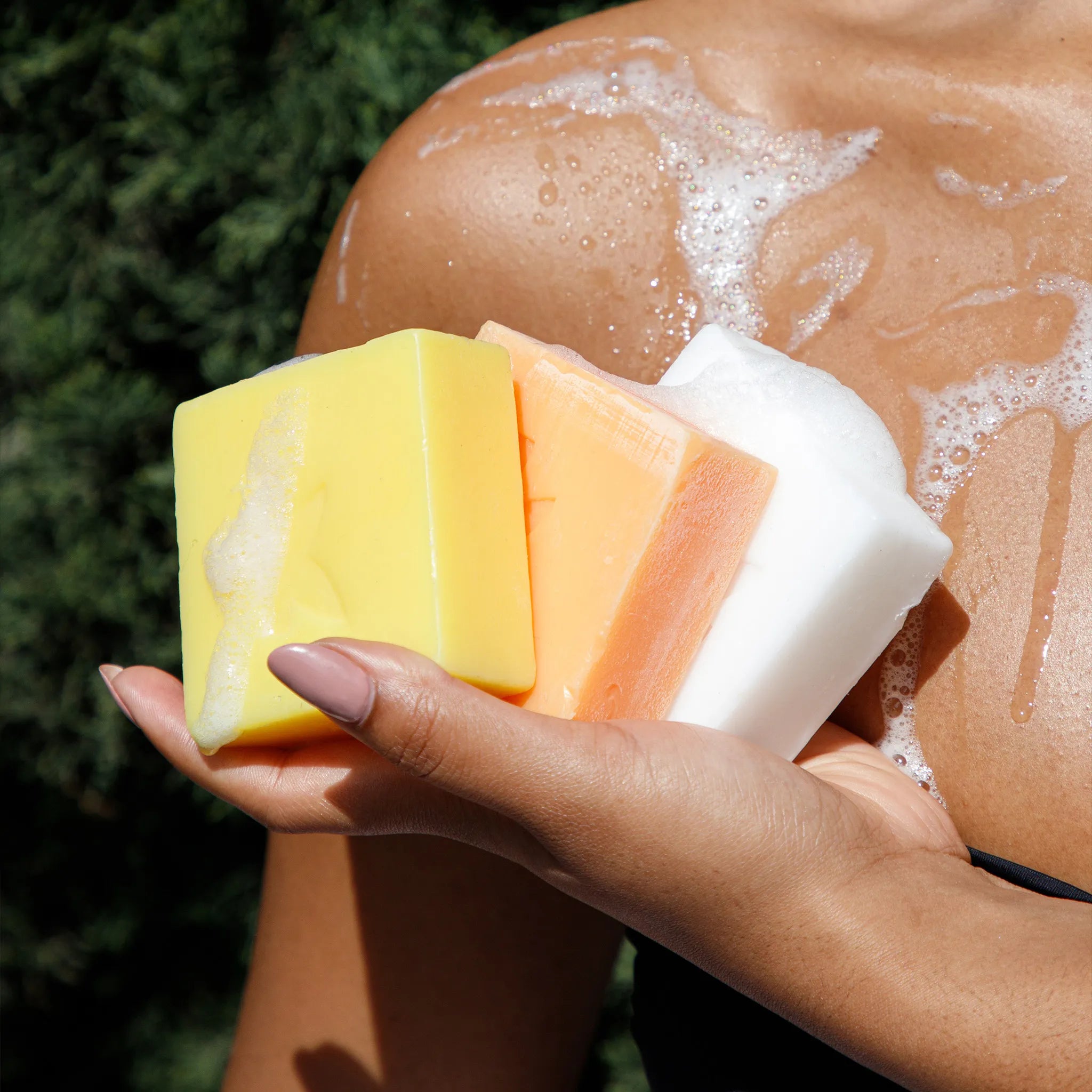
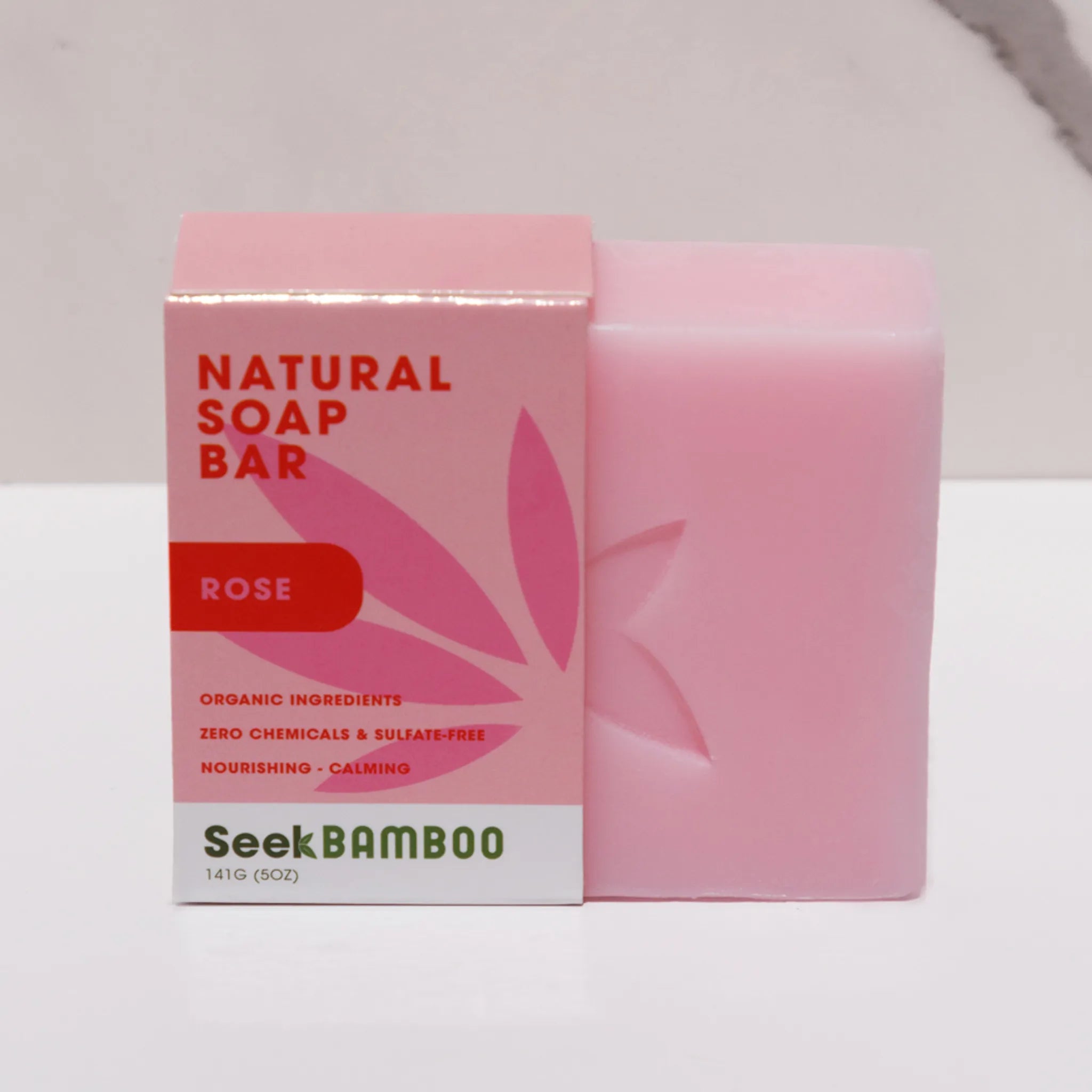

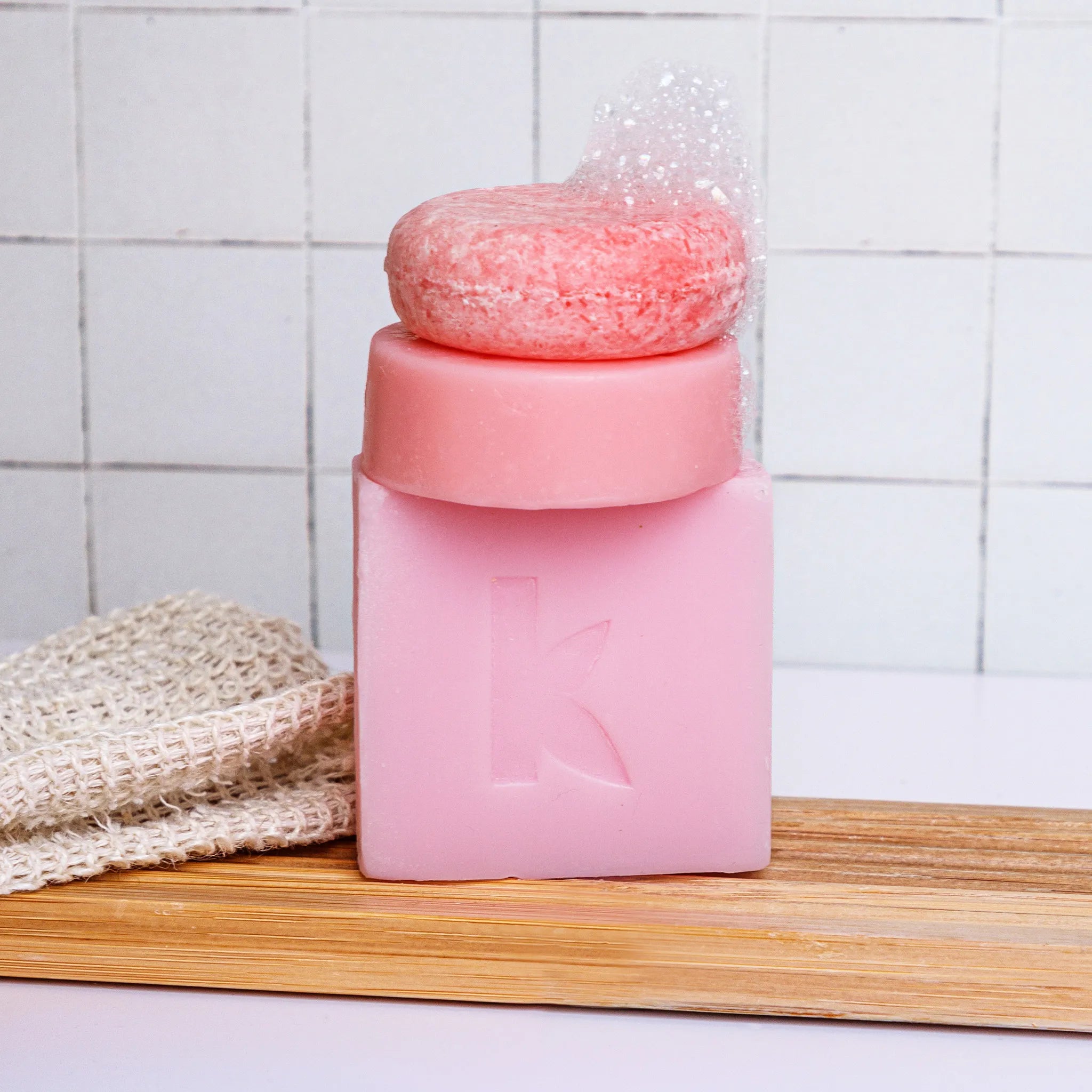
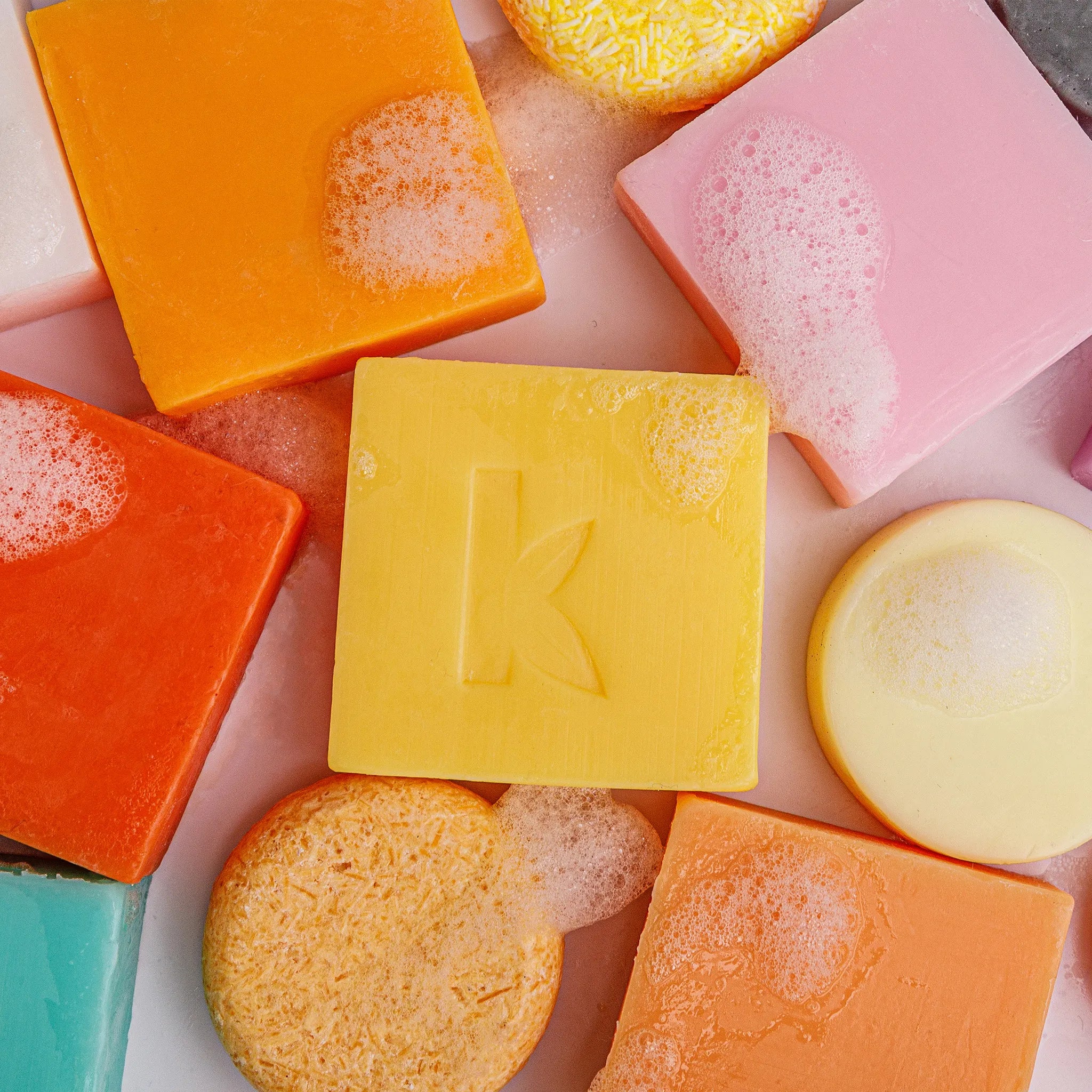
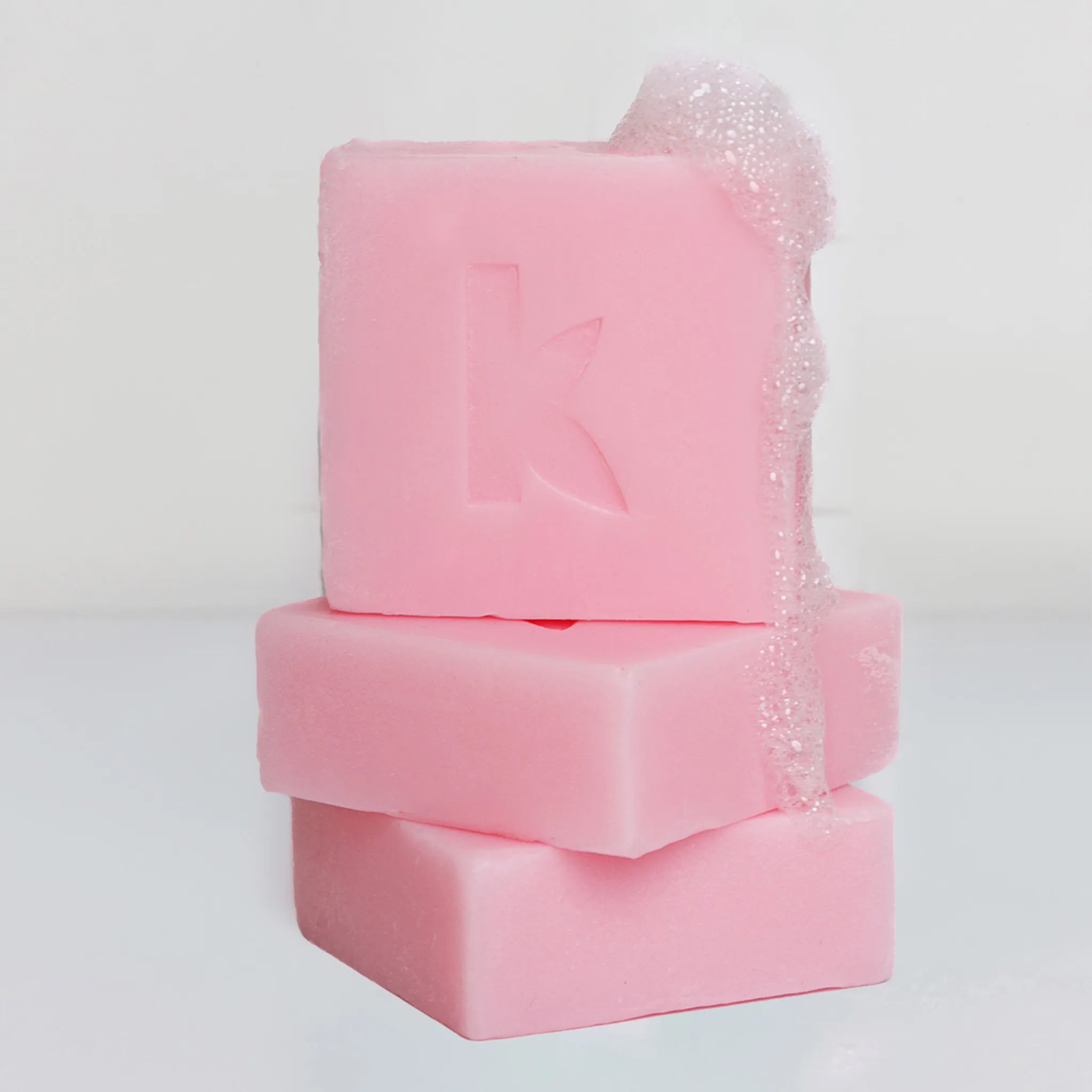
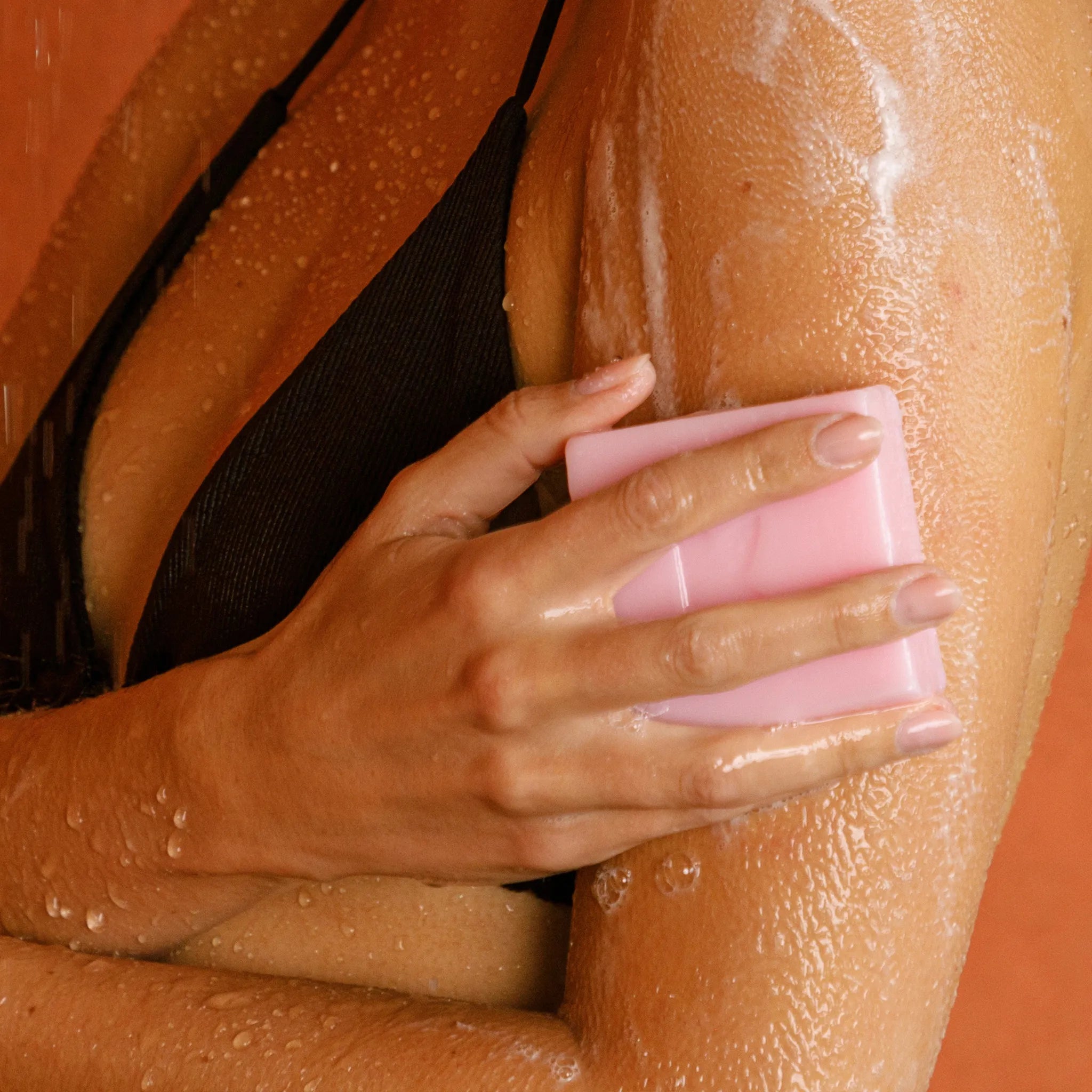

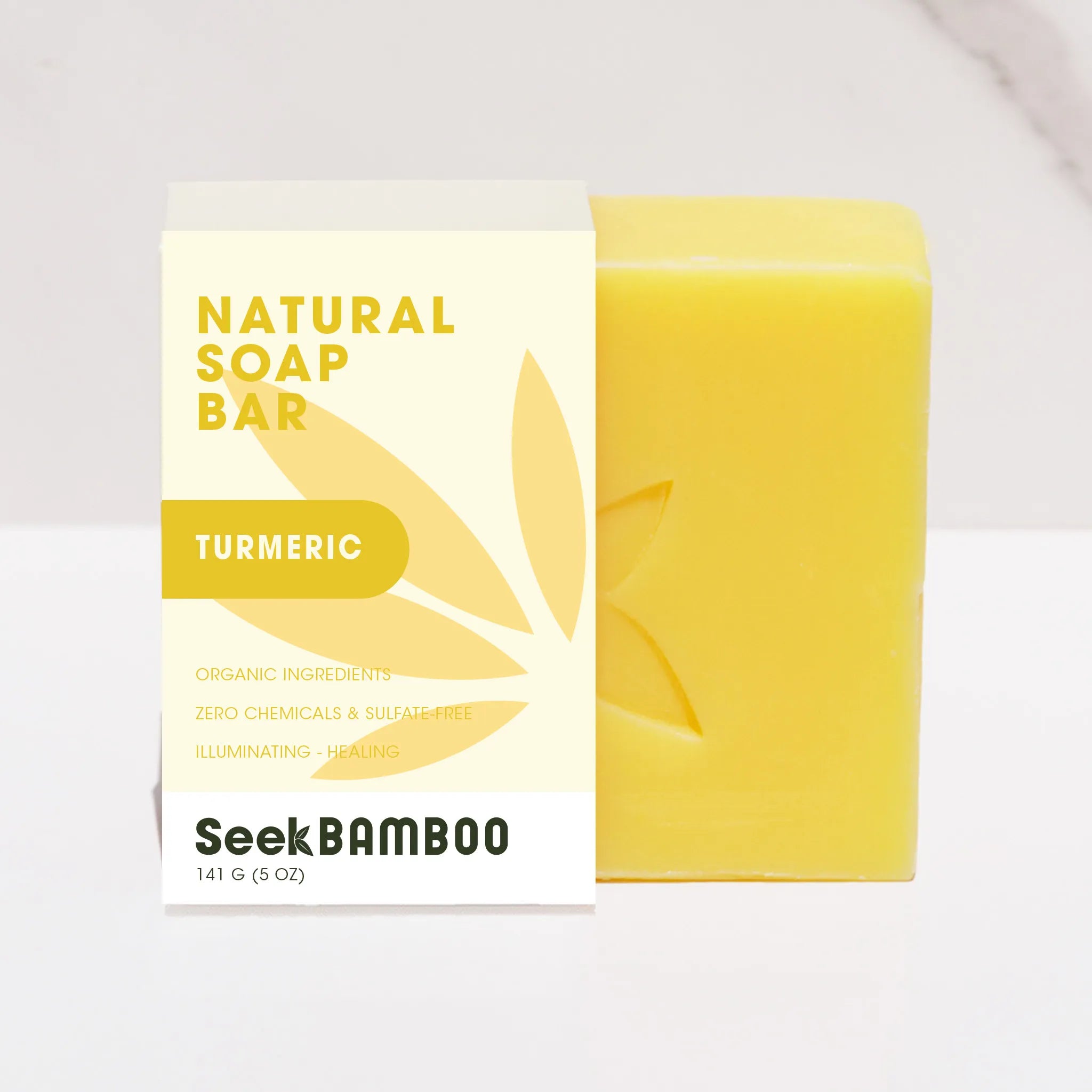
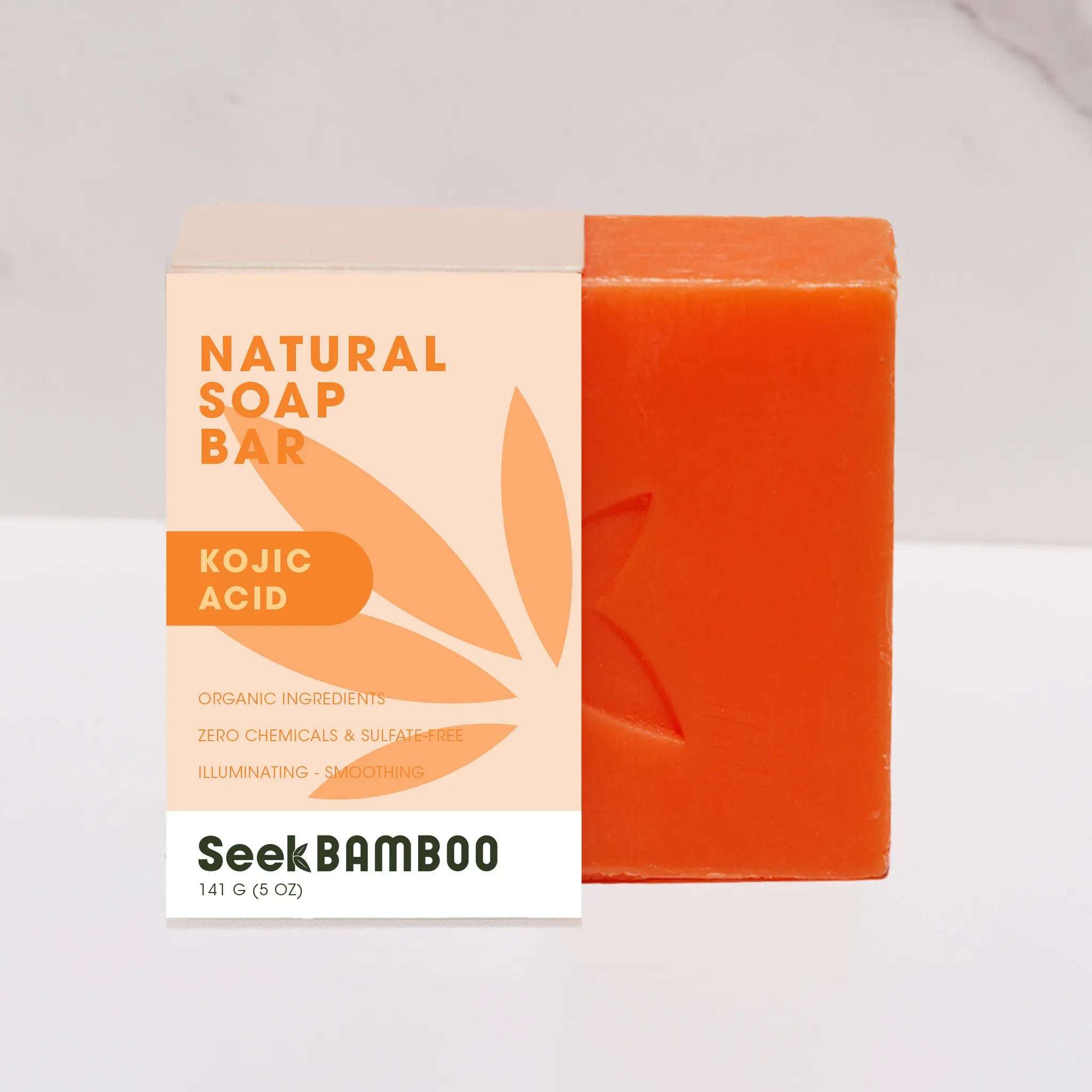
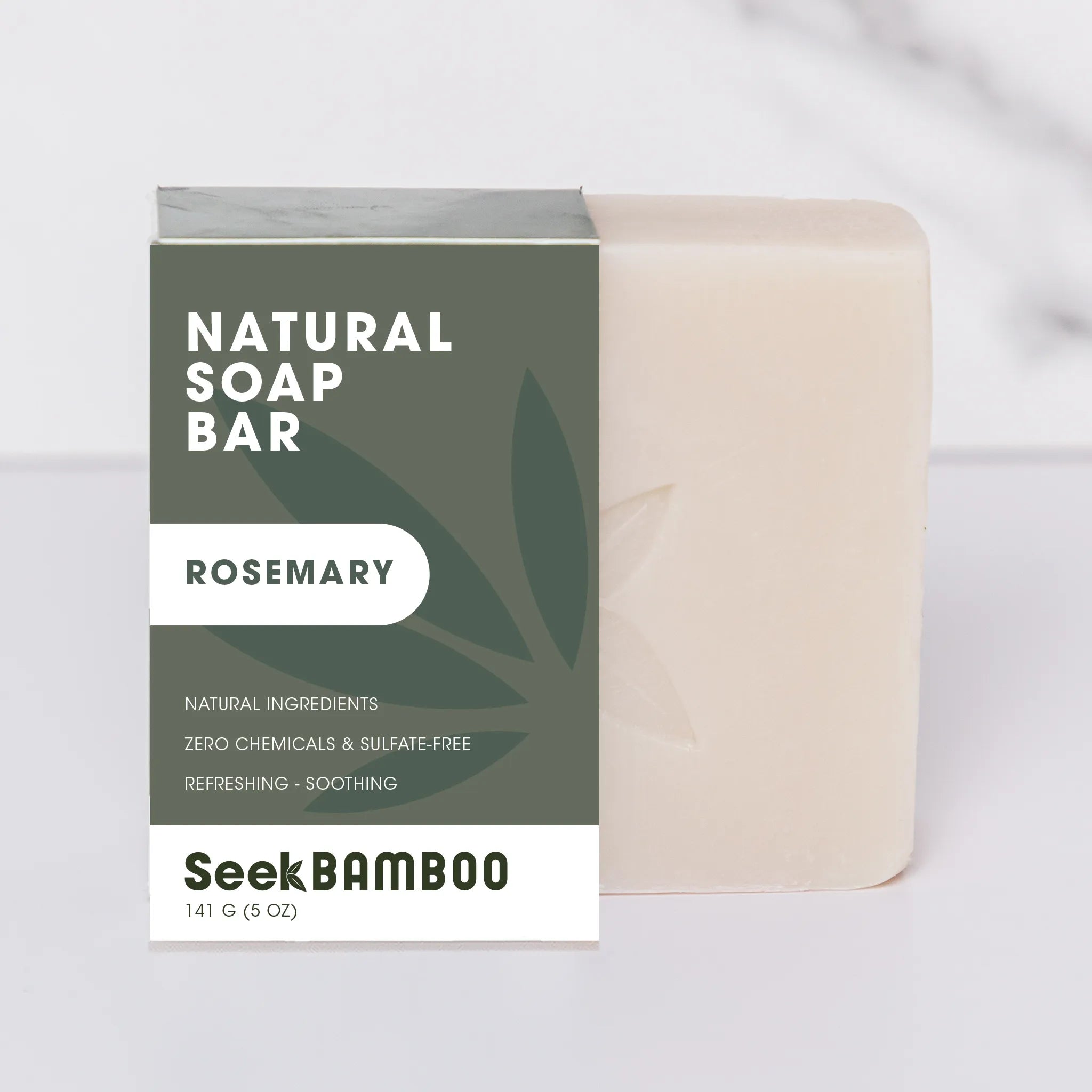
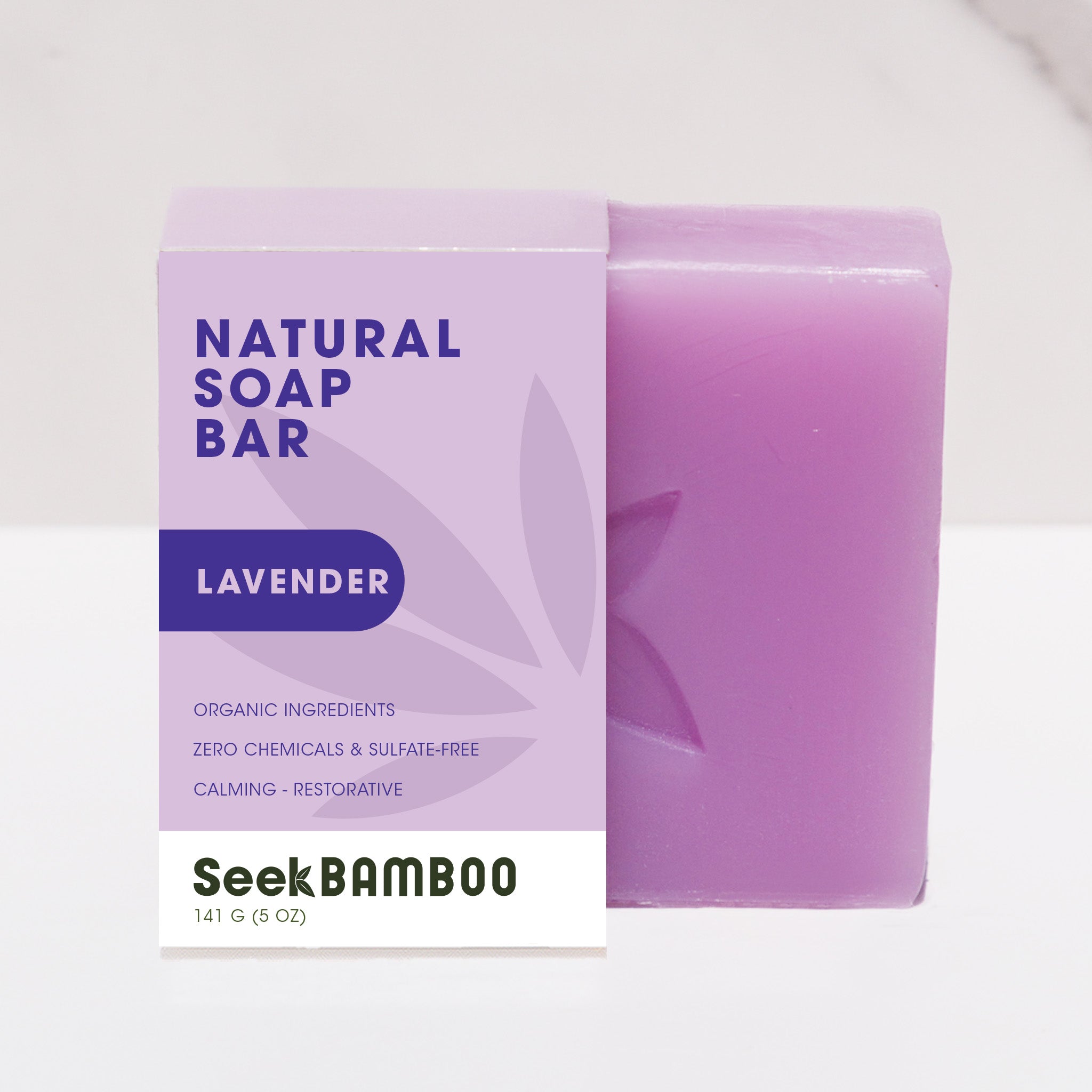
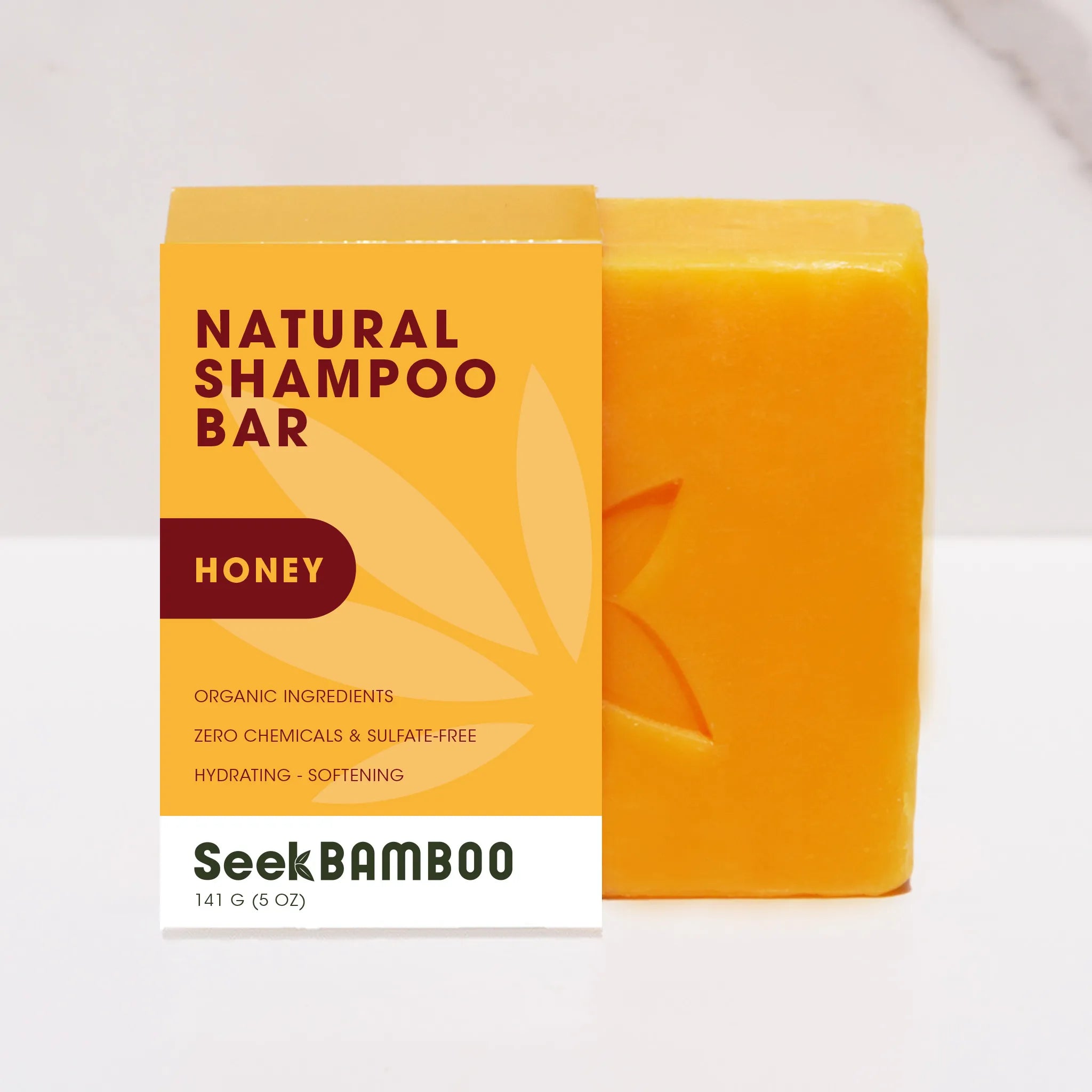
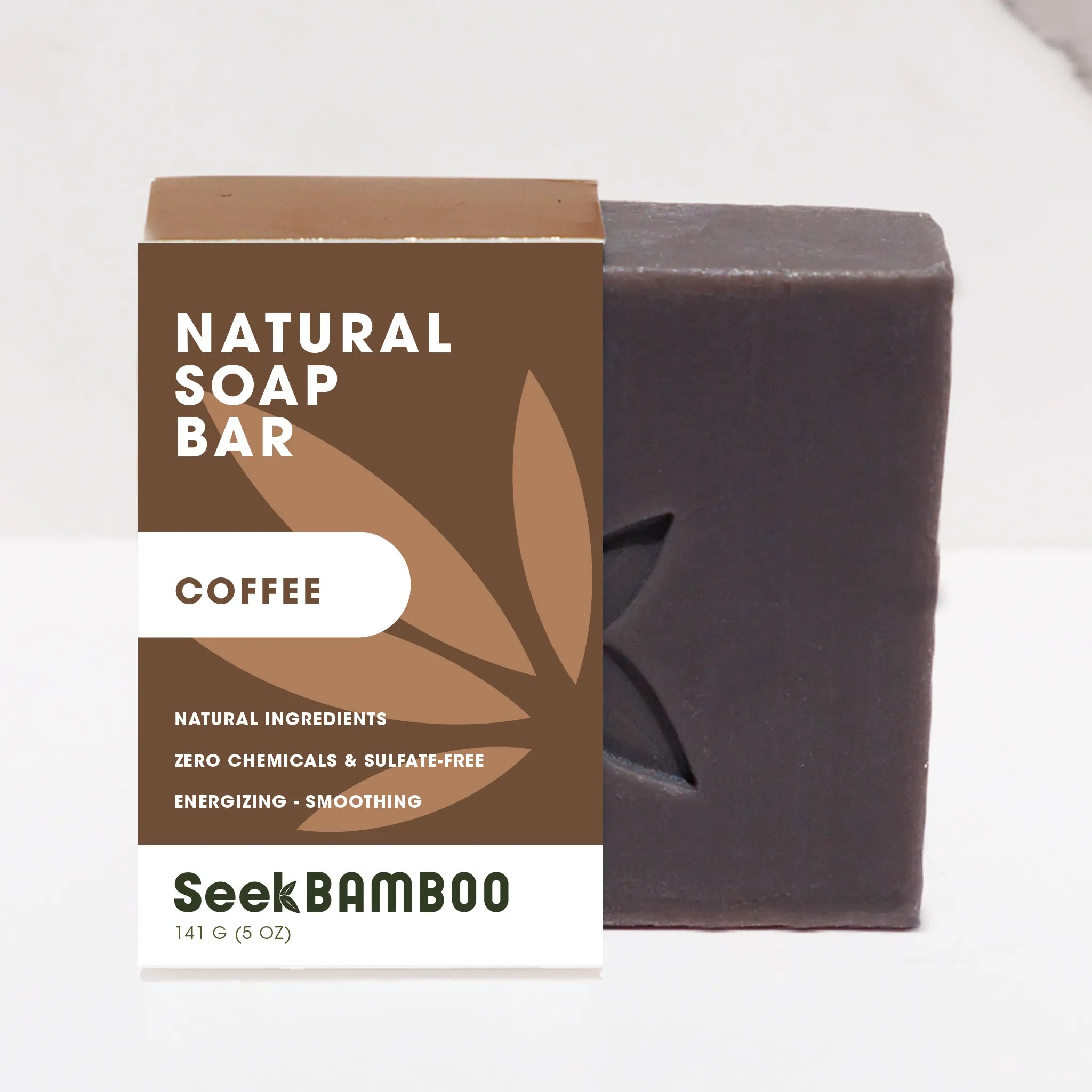
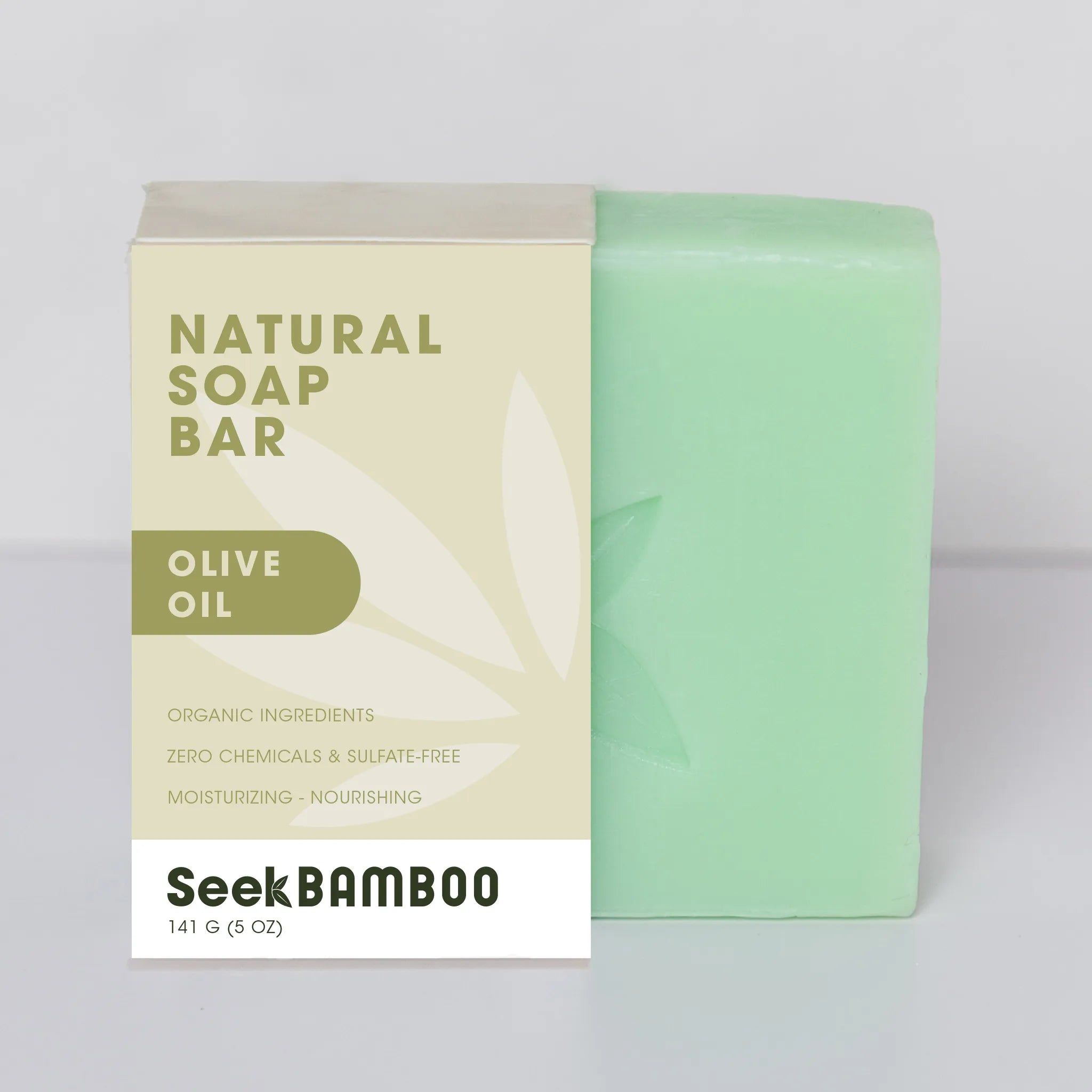
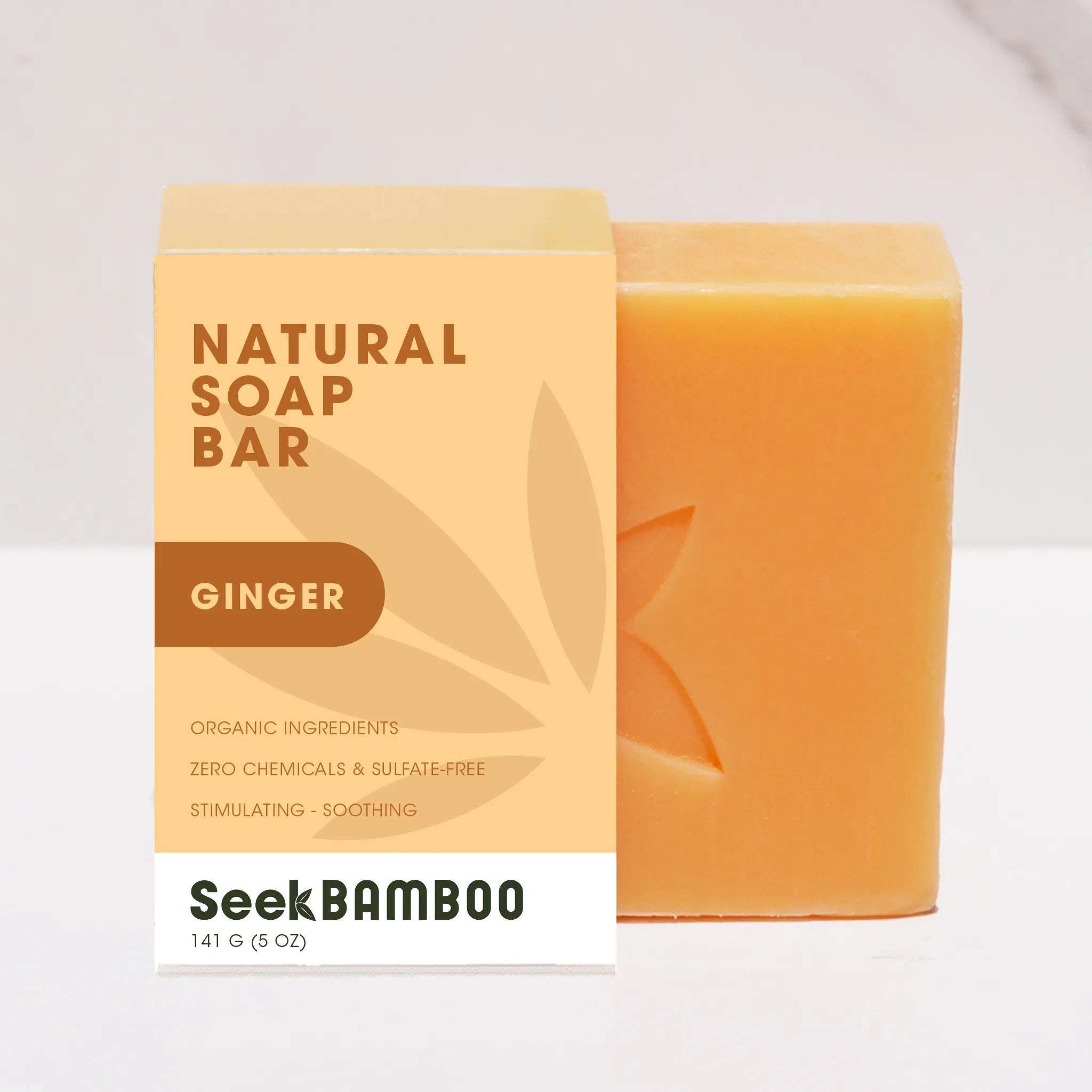
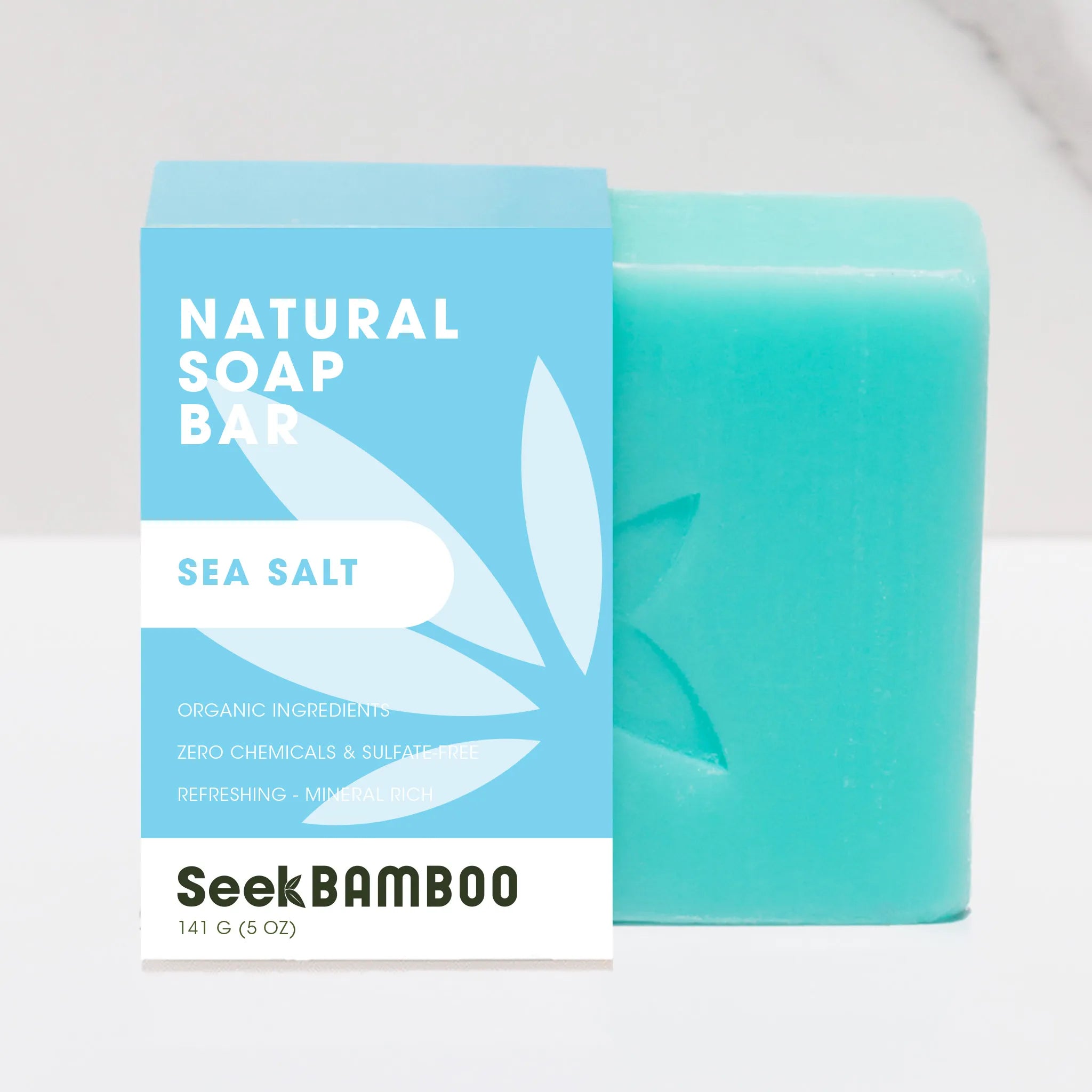
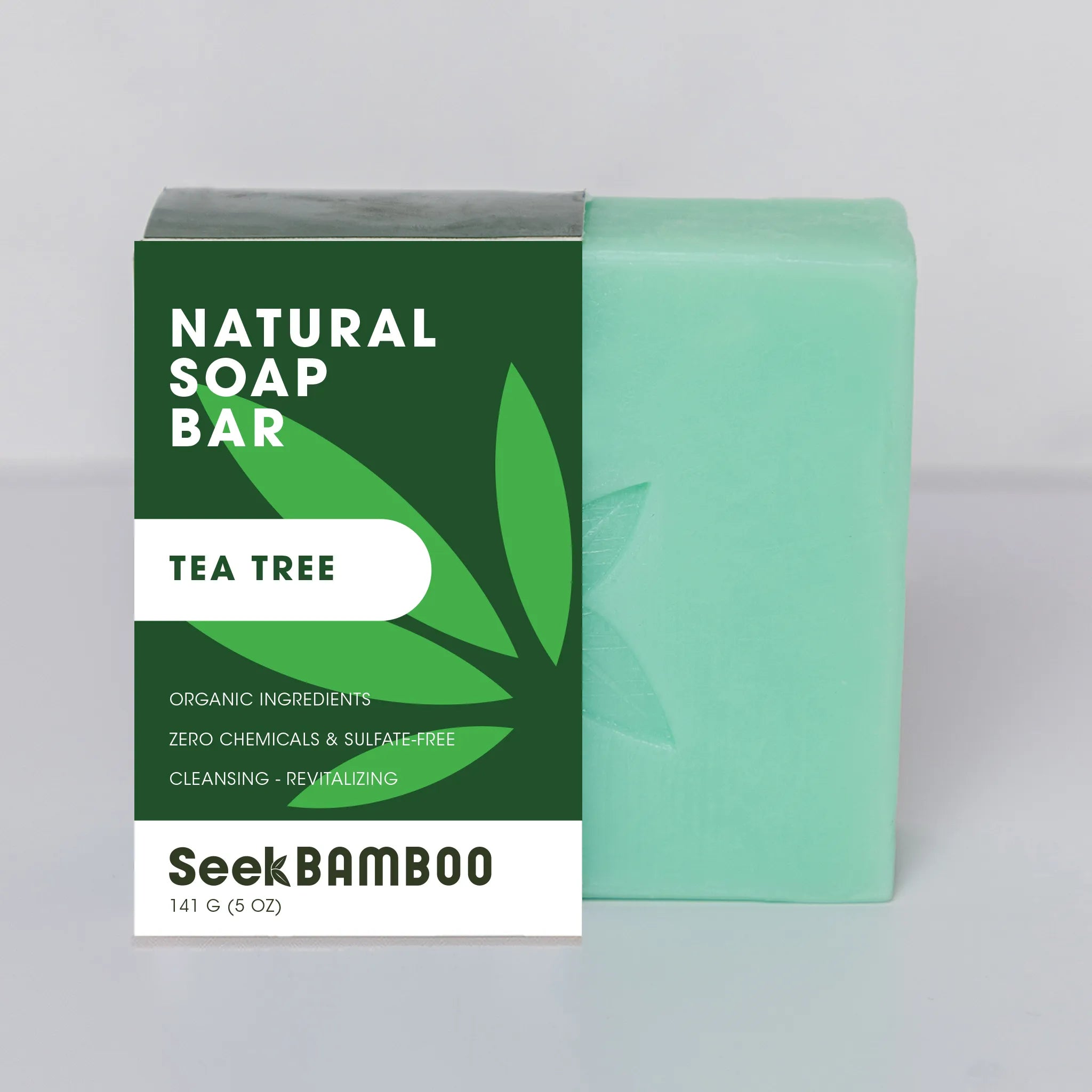
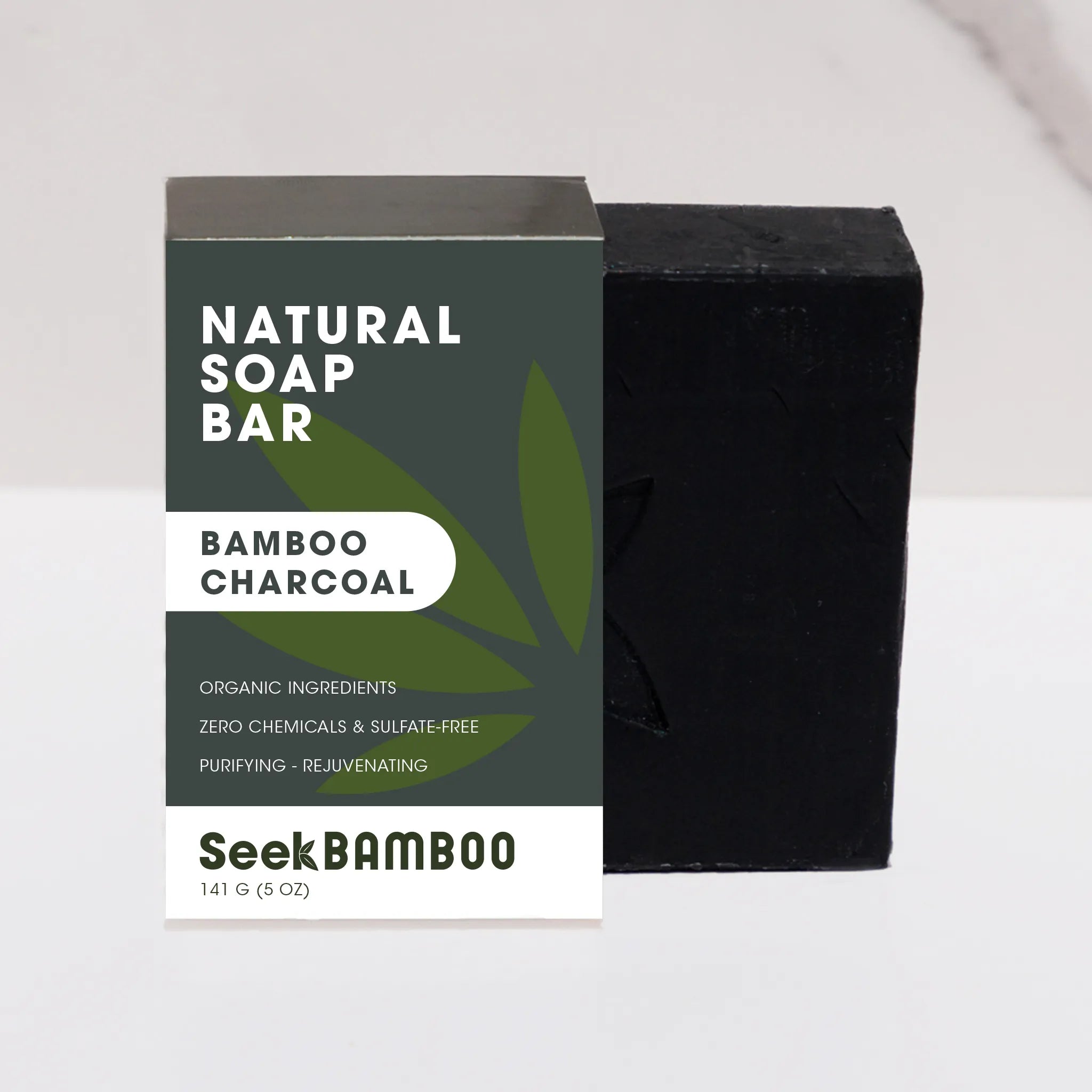
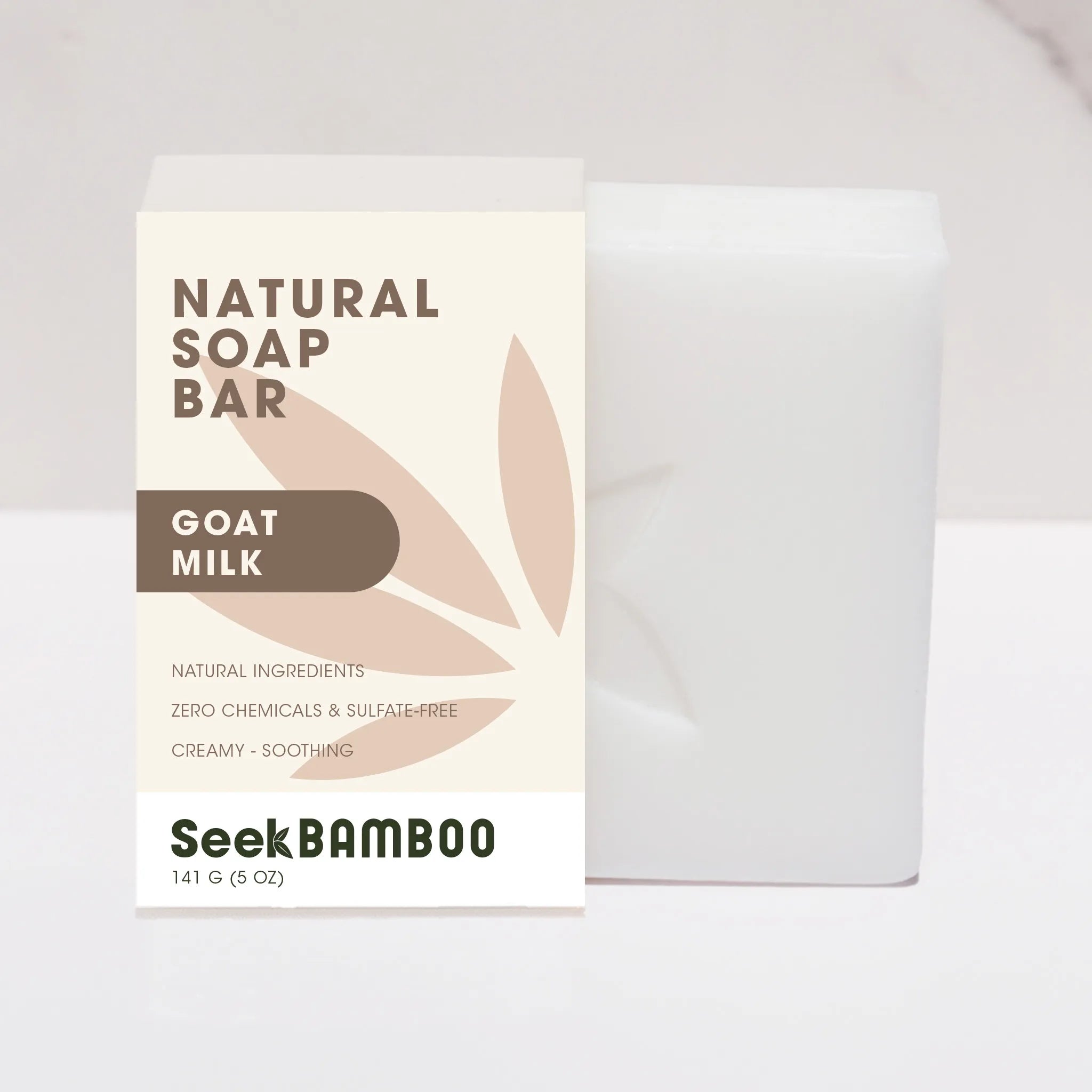
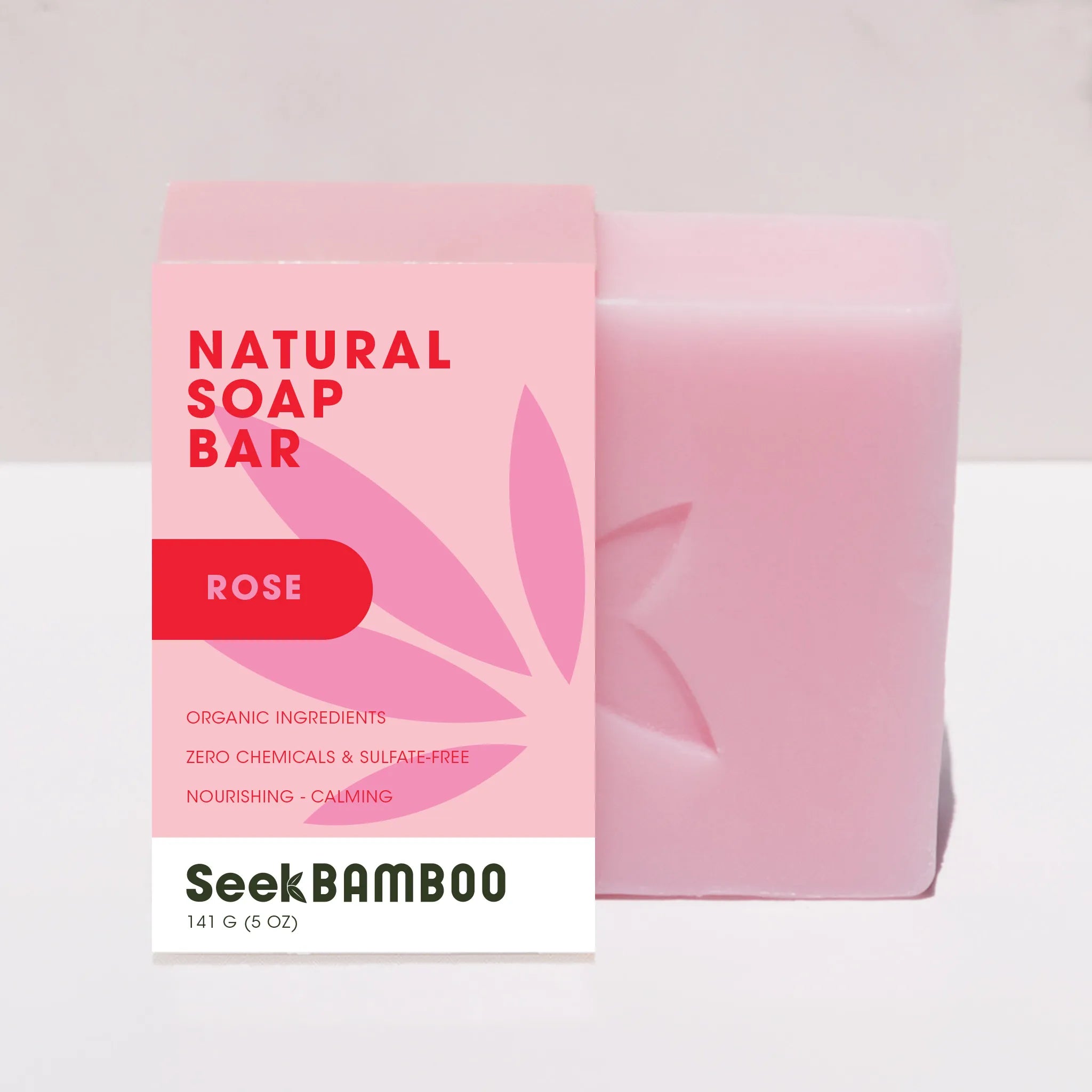
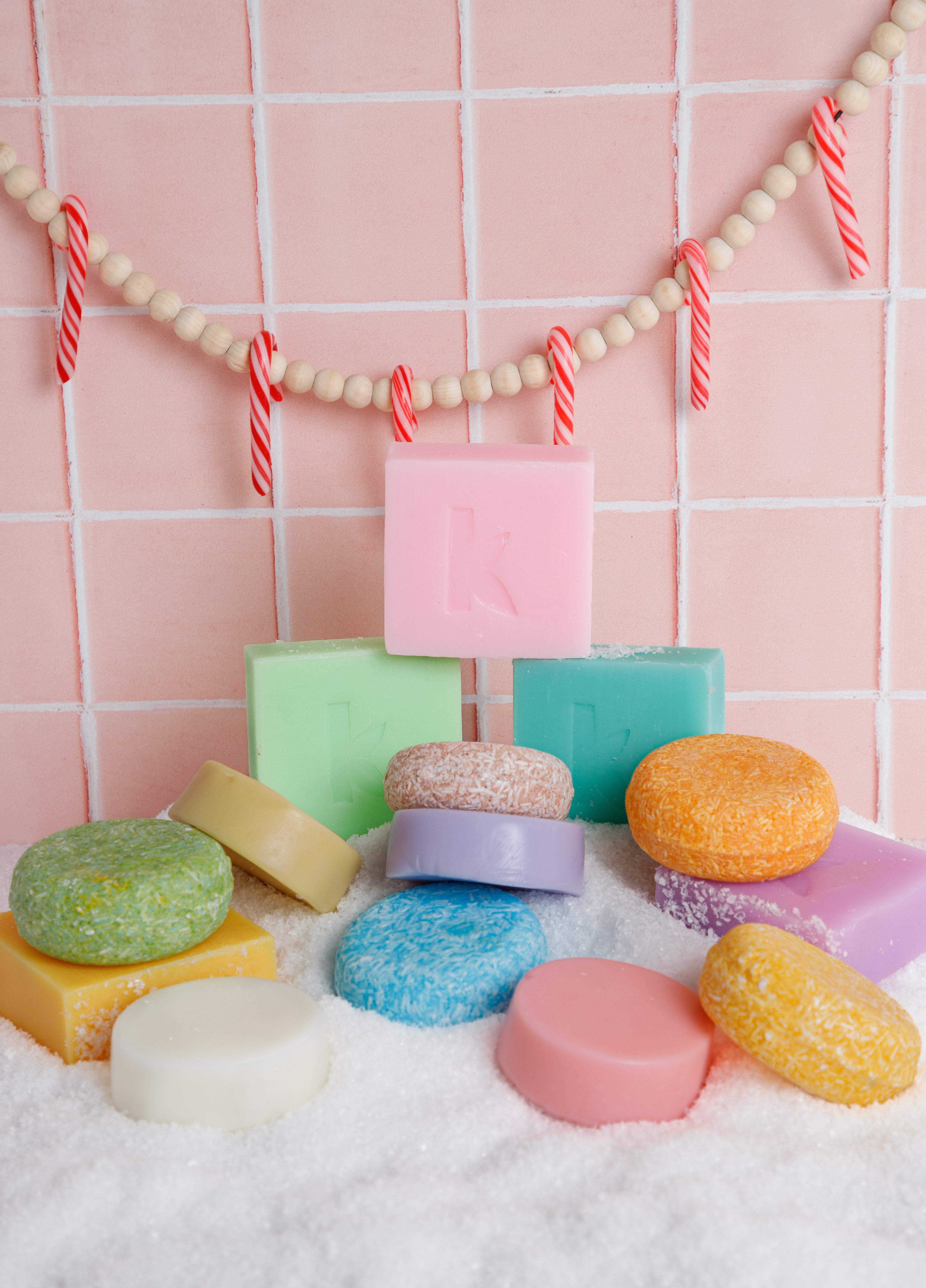
✓ Free of sulfates, palm oil, parabens, dyes, & synthetic fragrances
✓ Enriched with natural oils to gently cleanse and hydrate your skin
✓ Packed with antioxidants to promote healthy, nourished skin
✓ 5 oz size replaces up to 3 plastic bottles of liquid soap
✓ Plastic-free & eco-friendly packaging, making it a sustainable choice for both your skin & the planet
A Better Way to Care for Sensitive Skin
Sensitive skin isn’t just a challenge—it’s a call to embrace products that support and nurture your skin’s health. Natural soap offers a kinder, more effective solution that works with your skin rather than against it. From maintaining your skin’s pH balance to addressing the needs of specific conditions, natural soaps provide a holistic approach to cleansing and care. With consistency and patience, your journey to soothed and balanced skin can start with something as simple as the soap you use daily.
Natural Soap Bars
Transform Your Skincare Routine with Natural Soap
Choosing natural soap isn’t just about switching products—it’s about making a mindful decision for the health of your sensitive skin. With gentle ingredients, nourishing properties, and a commitment to avoiding harsh additives, natural soap bars are a simple yet powerful way to improve your skincare routine. By understanding your skin’s needs and transitioning with care, you can unlock the benefits of healthier, softer, and more resilient skin. Your sensitive skin deserves the very best—so why not start today?
Sensitive Skin Secrets: Top FAQs Unveiled
Common Concerns About Sensitive Skin and How Natural Soap Can Help.
What is sensitive skin?
Sensitive skin refers to skin that is easily irritated by external factors, including skincare products, weather conditions, allergens, or environmental pollutants. People with sensitive skin often experience redness, itching, dryness, or burning sensations. This sensitivity can be caused by a compromised skin barrier, underlying skin conditions like eczema or rosacea, or an overreaction to products with harsh chemicals or fragrances.
Can sensitive skin be treated?
While sensitive skin can’t always be "cured," it can be managed effectively with the right skincare approach. The key is to focus on soothing and protecting the skin's natural barrier. This can be achieved by:
- Using gentle, natural skincare products without harsh chemicals or fragrances.
- Keeping your skin hydrated with moisturizing creams or oils.
- Avoiding known irritants and practicing sun protection.
- Consulting a dermatologist for personalized advice or prescription treatments if necessary.
What ingredients should I avoid if I have sensitive skin?
If you have sensitive skin, it's important to avoid ingredients that can further irritate or disrupt your skin’s natural balance. These include:
- Sulfates: Often found in foaming cleansers and shampoos, they can strip skin of its natural oils.
- Fragrances: Synthetic fragrances can cause allergic reactions or irritation.
- Alcohol: Some alcohols can dry out the skin and cause irritation.
- Parabens: These preservatives can sometimes cause sensitivity or allergic reactions.
- Harsh exfoliants: These can damage the skin's protective barrier and lead to more irritation.
Instead, look for products with soothing, hydrating ingredients like aloe vera, chamomile, or oatmeal.
How can I prevent irritation for sensitive skin?
To prevent irritation, you should:
- Choose products with gentle, natural ingredients that are free from harsh chemicals, fragrances, and alcohol.
- Moisturize regularly to keep your skin hydrated and help repair the skin barrier.
- Protect your skin from environmental triggers by wearing sunscreen and avoiding extreme weather.
- Patch-test new products before fully incorporating them into your routine to ensure they won’t cause a reaction.
- Avoid over-washing or scrubbing your skin, as this can cause further irritation. Use lukewarm water instead of hot water.
How does sensitive skin react to products with fragrances?
Fragrances, whether synthetic or natural, are a common trigger for sensitive skin reactions. They can cause symptoms like redness, itching, hives, or a burning sensation. For people with sensitive skin, fragrance-free or hypoallergenic products are often the best choice to minimize irritation and allergic reactions. Many natural soap bars are formulated without added fragrances, making them a great option for sensitive skin.
Can I use natural soap on sensitive skin?
Yes, natural soap can be an excellent choice for sensitive skin, as it often contains gentle, nourishing ingredients without the harsh chemicals found in commercial soaps. Natural soaps made with plant-based oils, essential oils, and soothing botanicals help cleanse without stripping the skin of its natural oils or causing irritation. However, it's important to choose a natural soap formulated for sensitive skin, avoiding those with strong fragrances or harsh exfoliants. Always patch-test new products to ensure they won’t trigger a reaction.
How long does it take for sensitive skin to improve with a new skincare routine?
The time it takes to see improvement can vary depending on the individual and the condition of your skin. Typically, it can take 2 to 4 weeks to start noticing significant improvements with a new skincare routine focused on gentle care. If your skin is undergoing a "purging" phase after switching to new products, it may take a little longer. Consistency is key, so stick to your routine and be patient while your skin adjusts.
Is natural soap biodegradable?
Yes, natural soap is typically biodegradable. Unlike many commercial soaps that contain synthetic ingredients, preservatives, and detergents, natural soaps are made from plant-based oils, butters, and natural fragrances, which break down more easily in the environment. This makes them a more eco-friendly choice.
The biodegradability of natural soap depends on the specific ingredients used. Most natural soaps made with ingredients like olive oil, coconut oil, shea butter, or essential oils are biodegradable and have minimal environmental impact. However, it's important to check the product's packaging or ingredient list to ensure it does not contain any synthetic or harmful additives.
In addition, natural soap is often free from harsh chemicals and preservatives, meaning it’s gentler on both your skin and the environment, making it a sustainable option for eco-conscious consumers.



